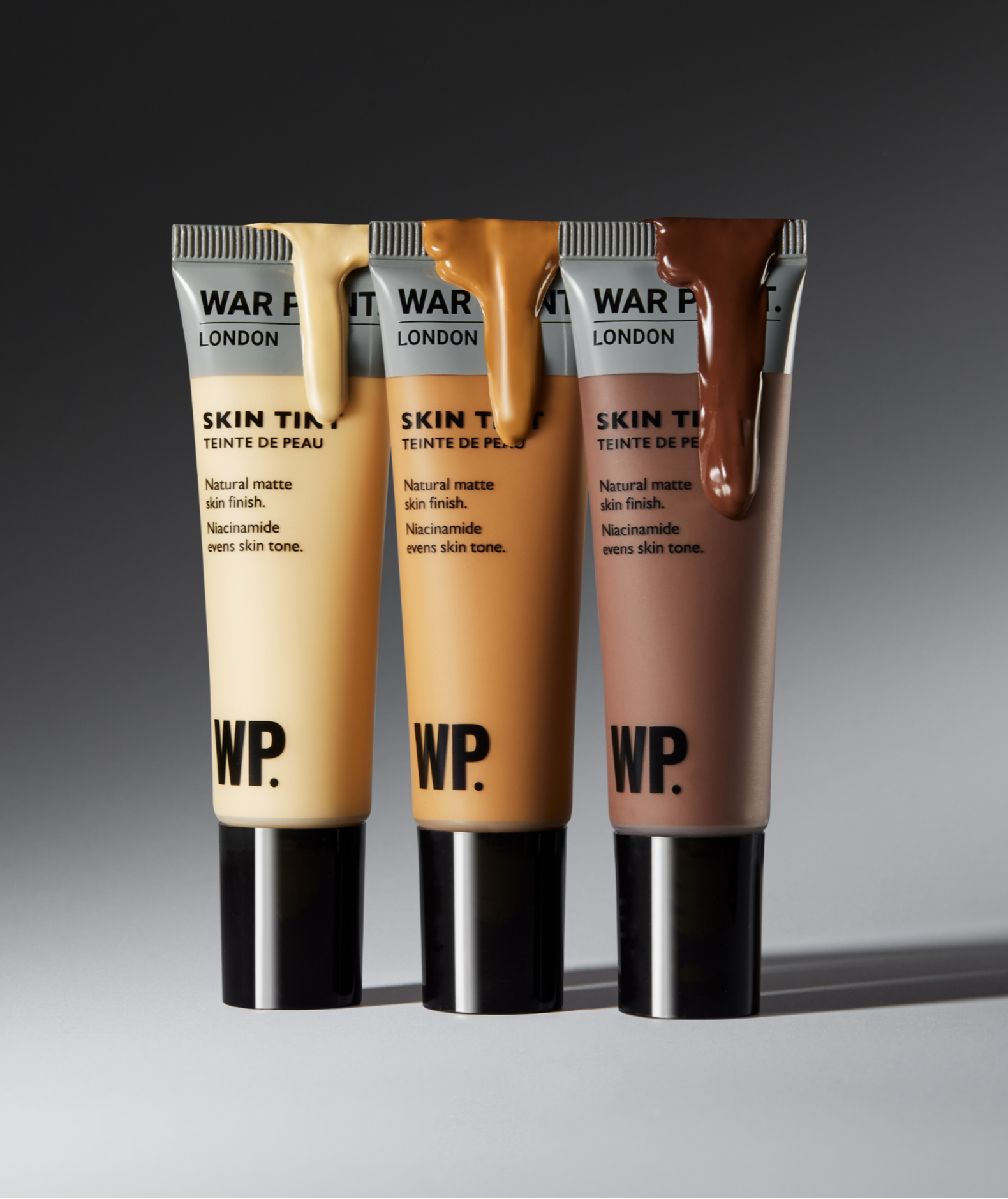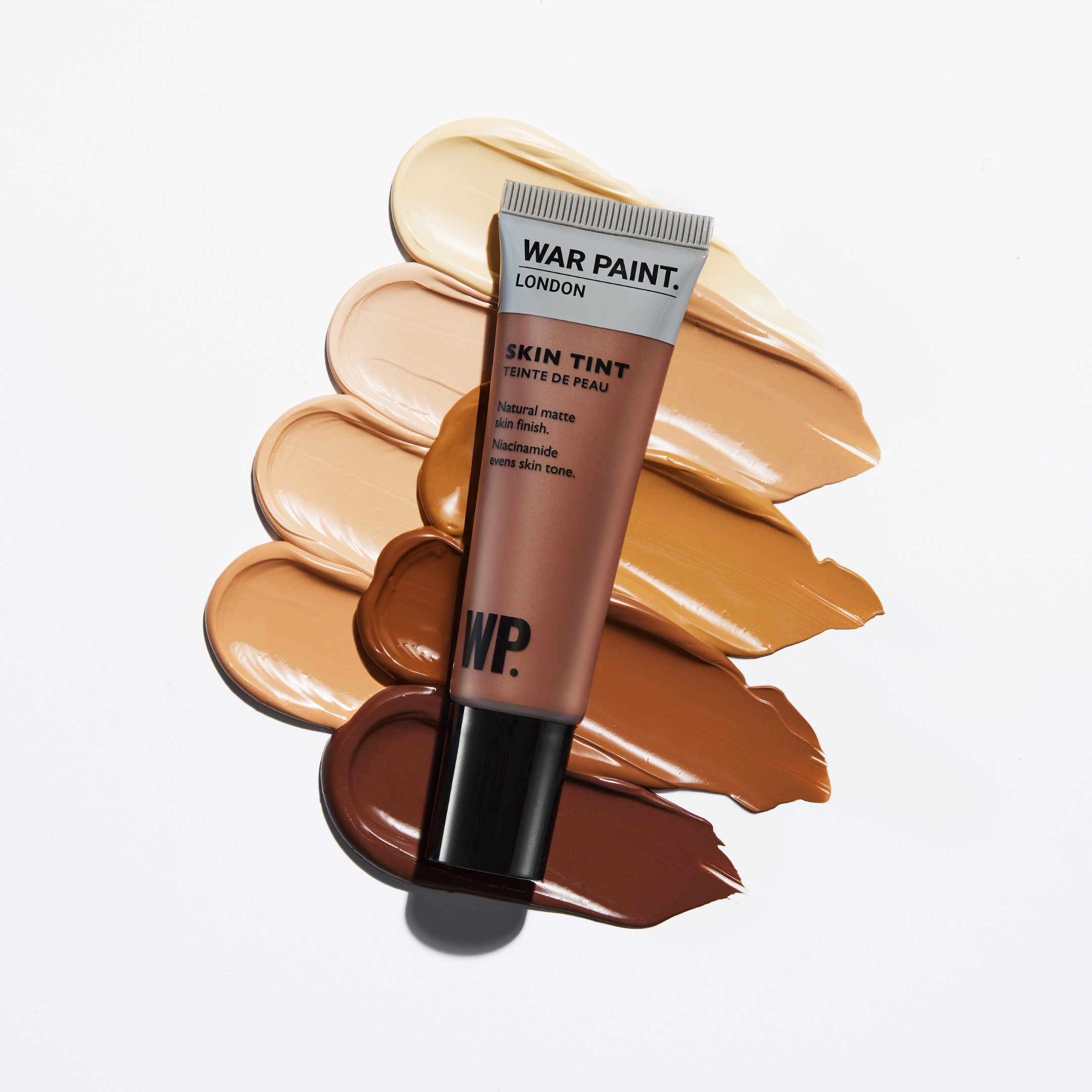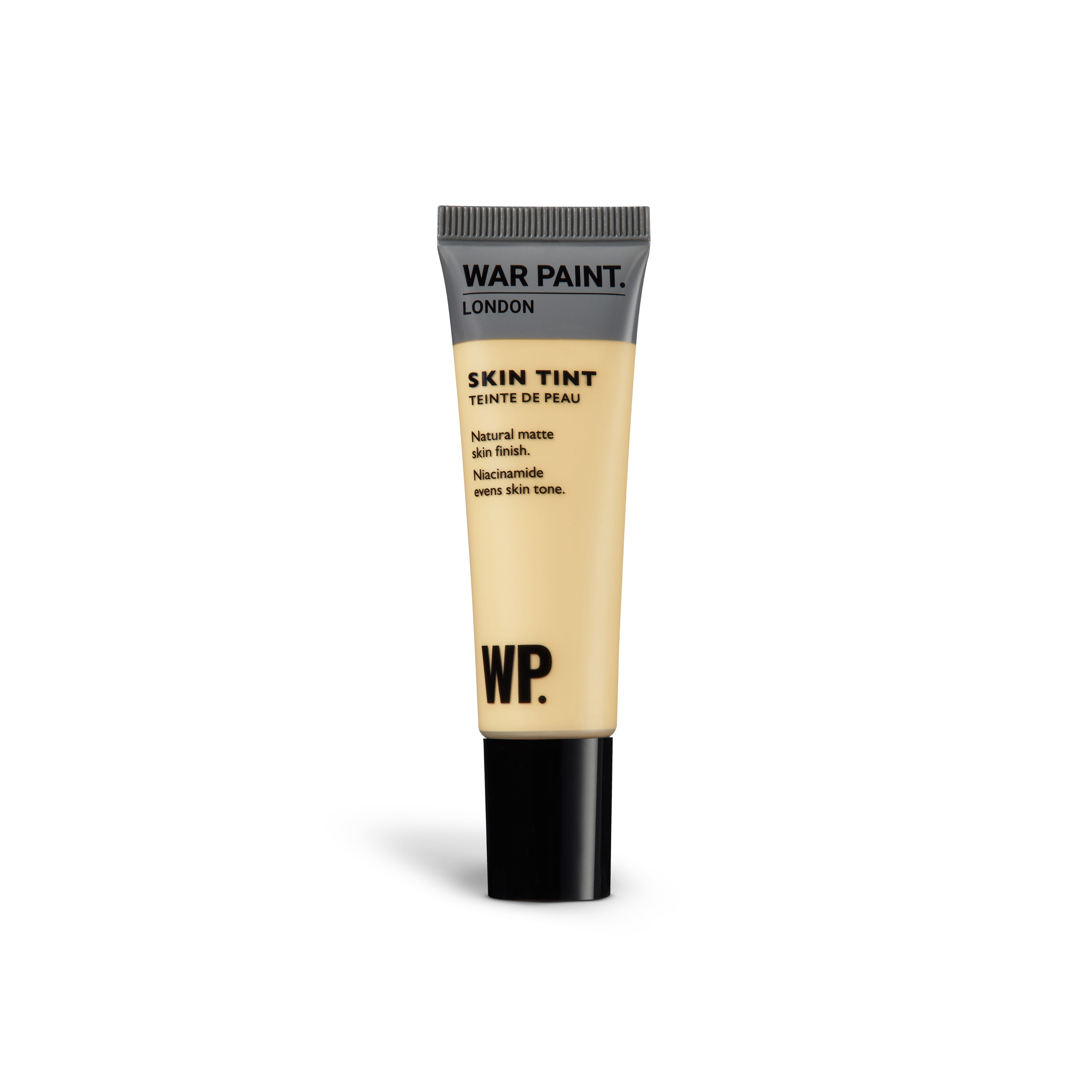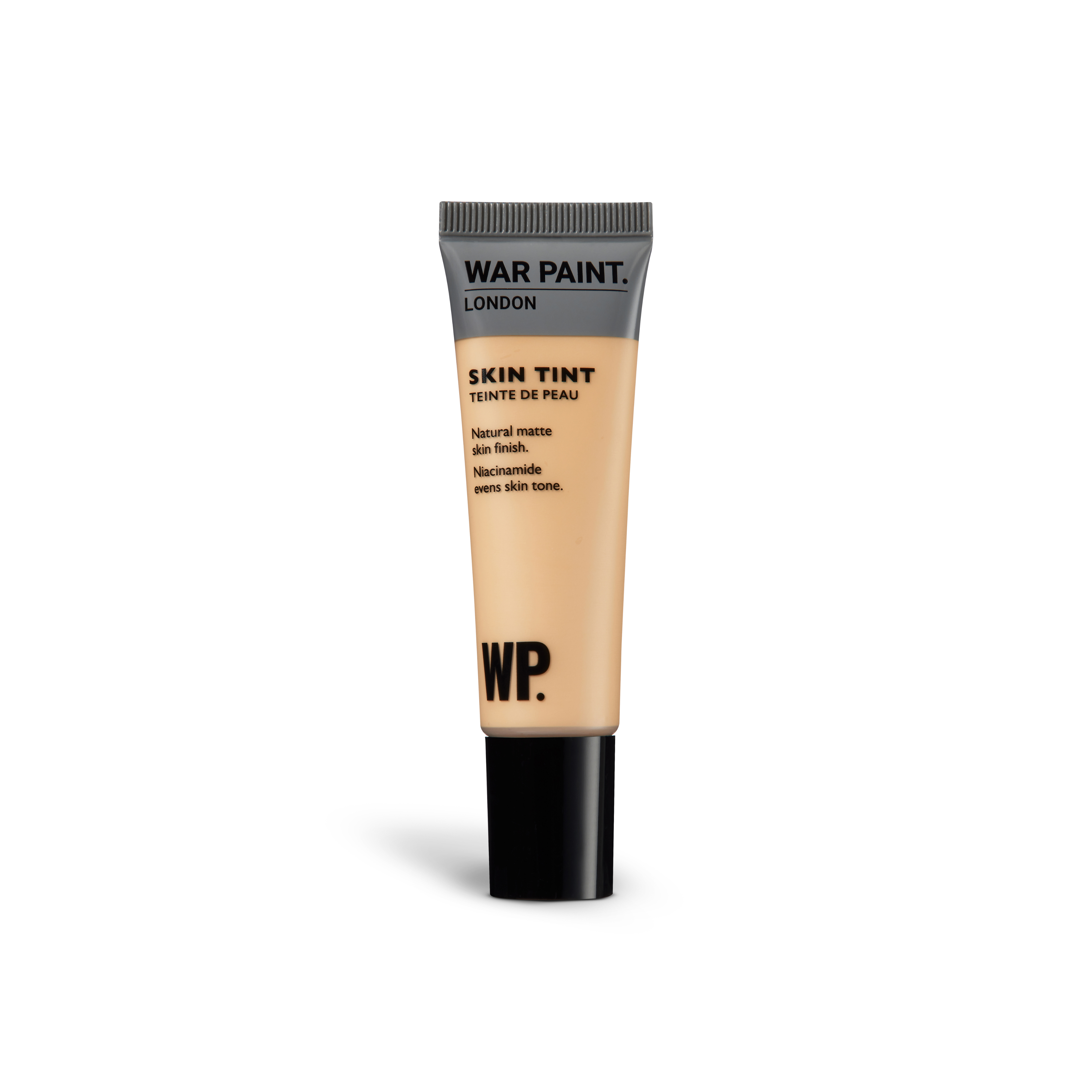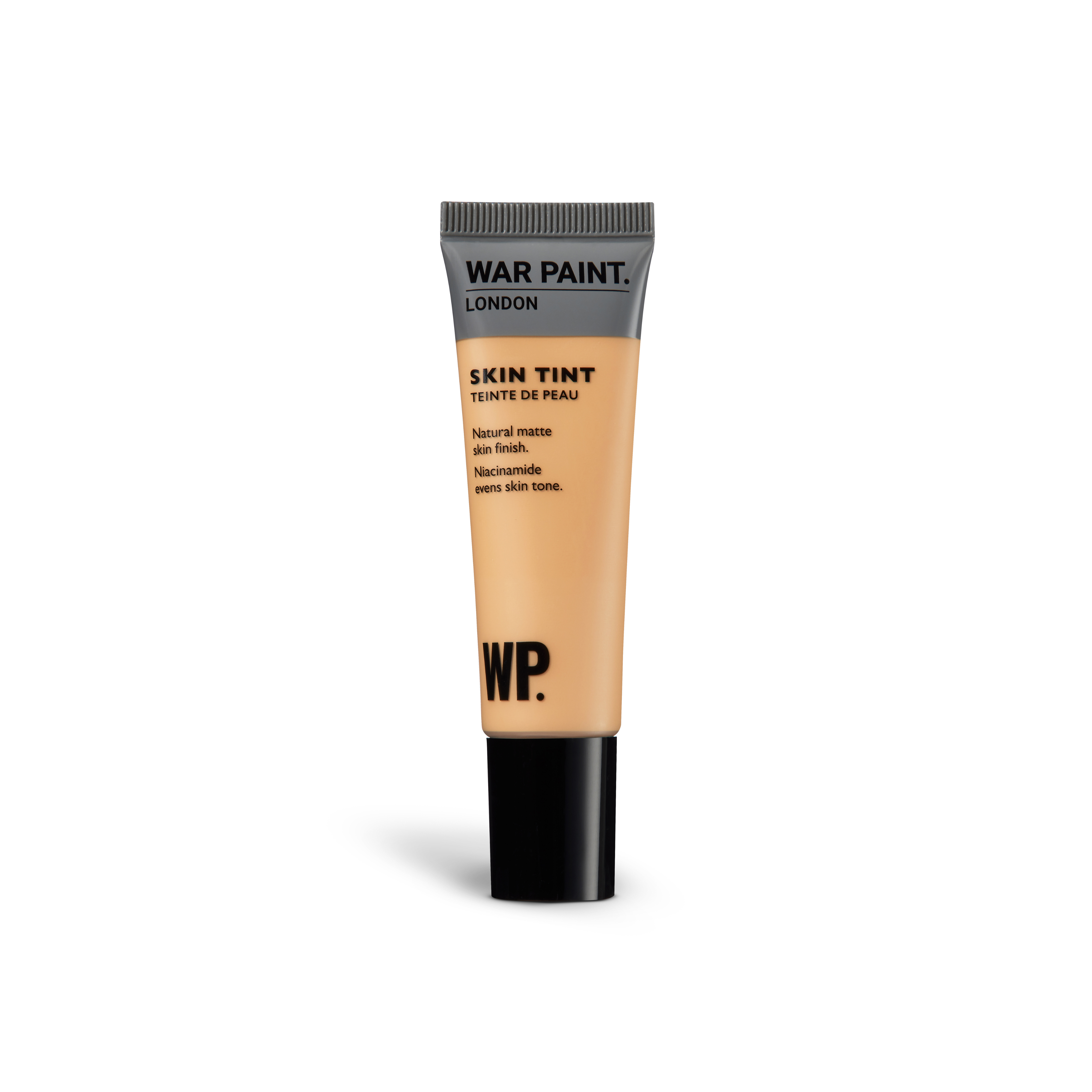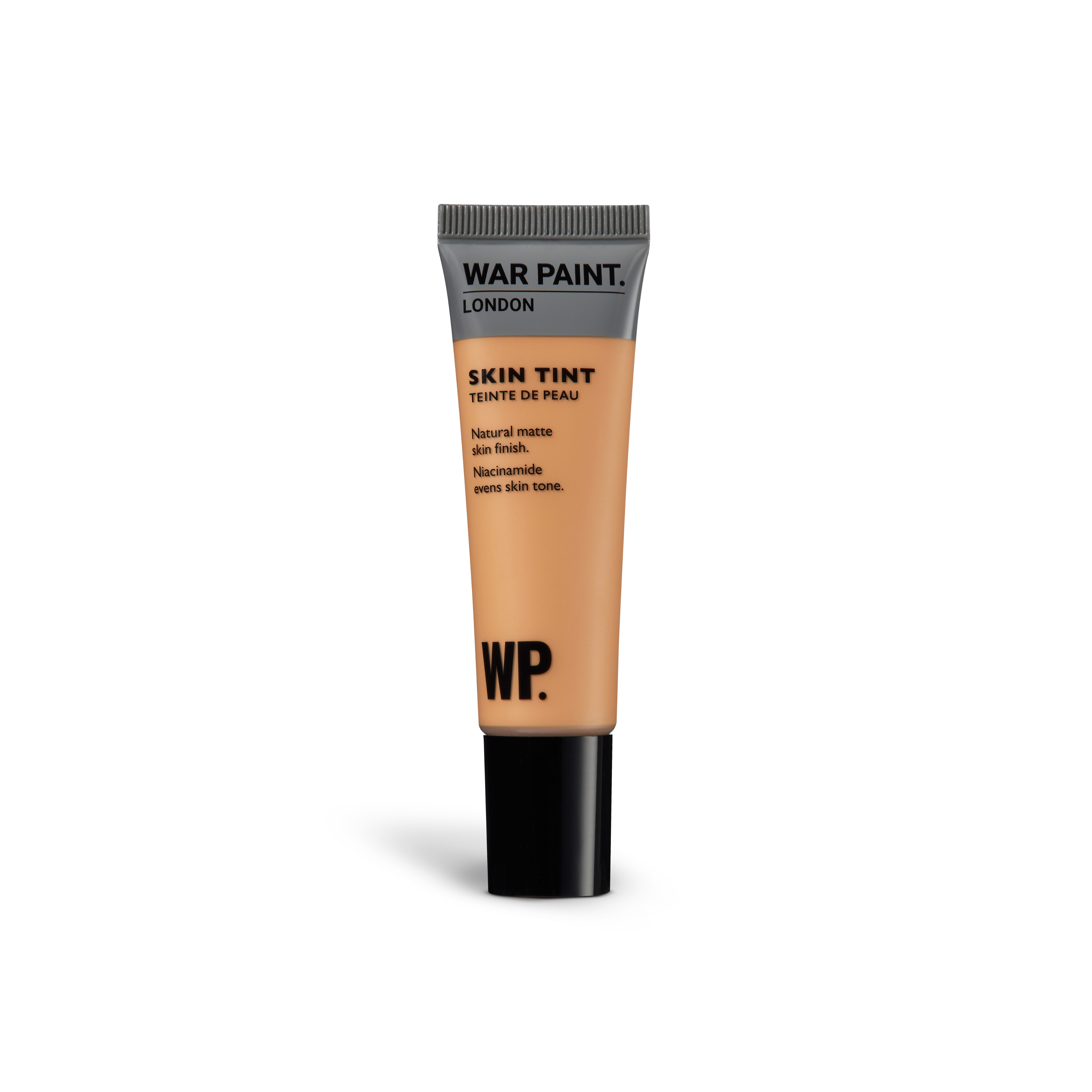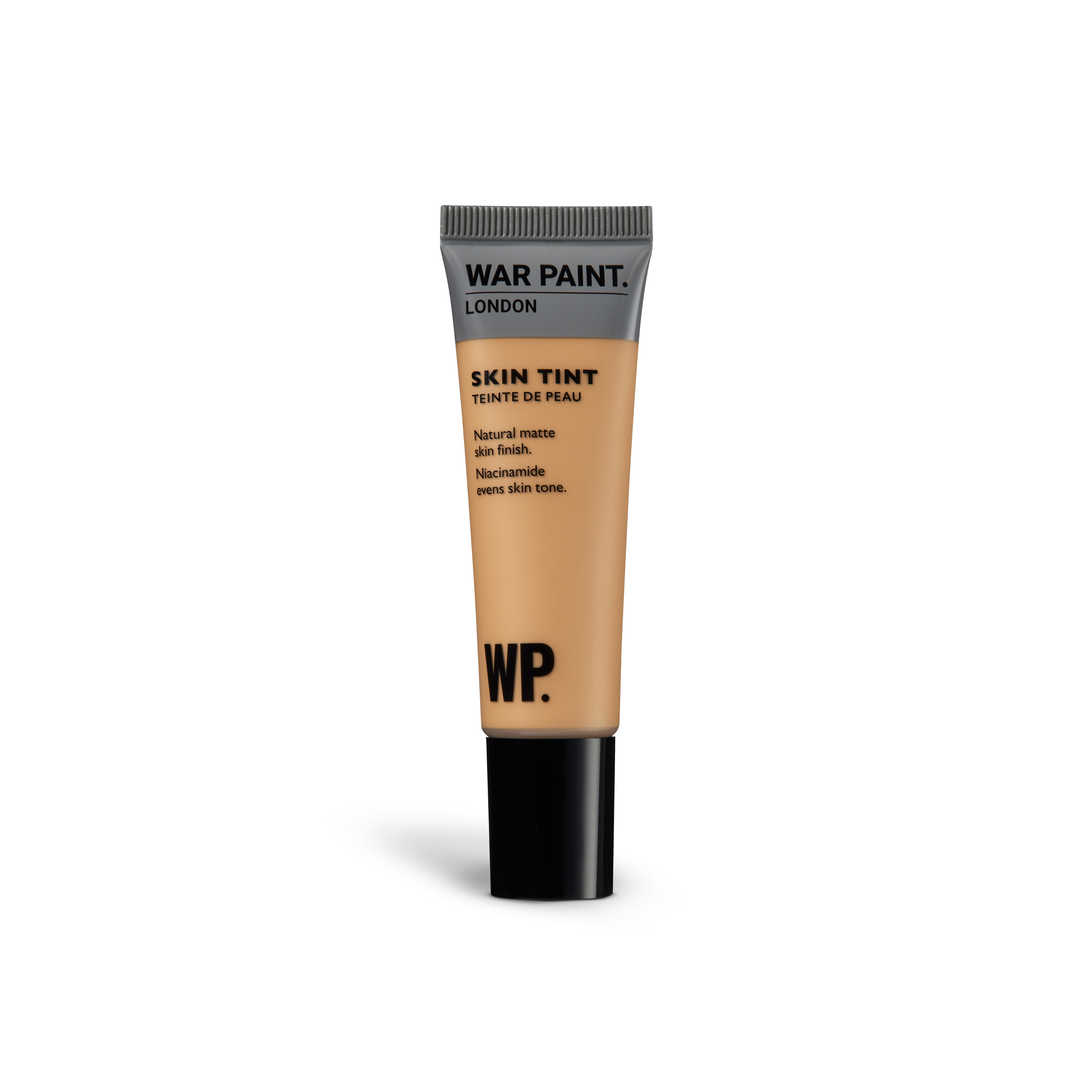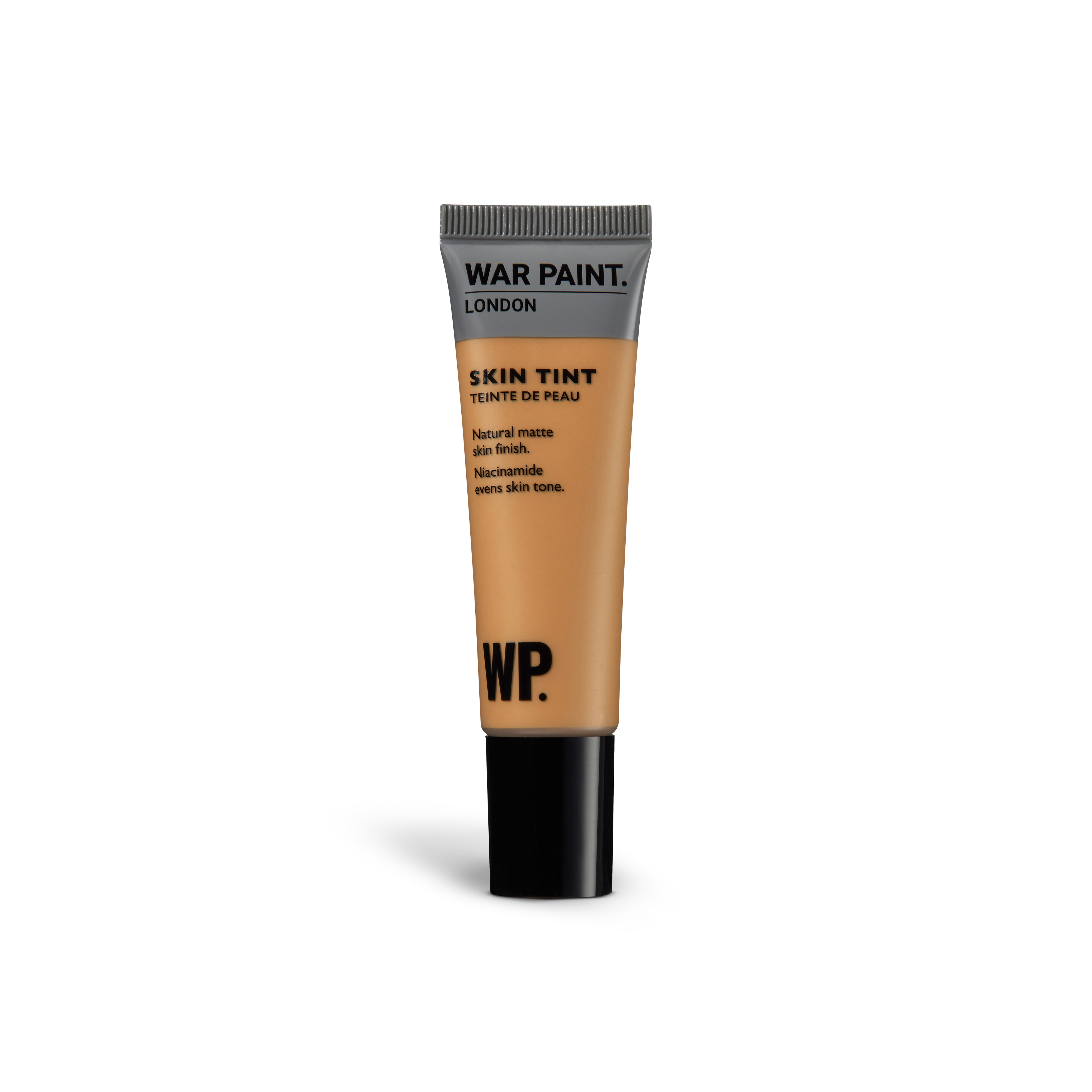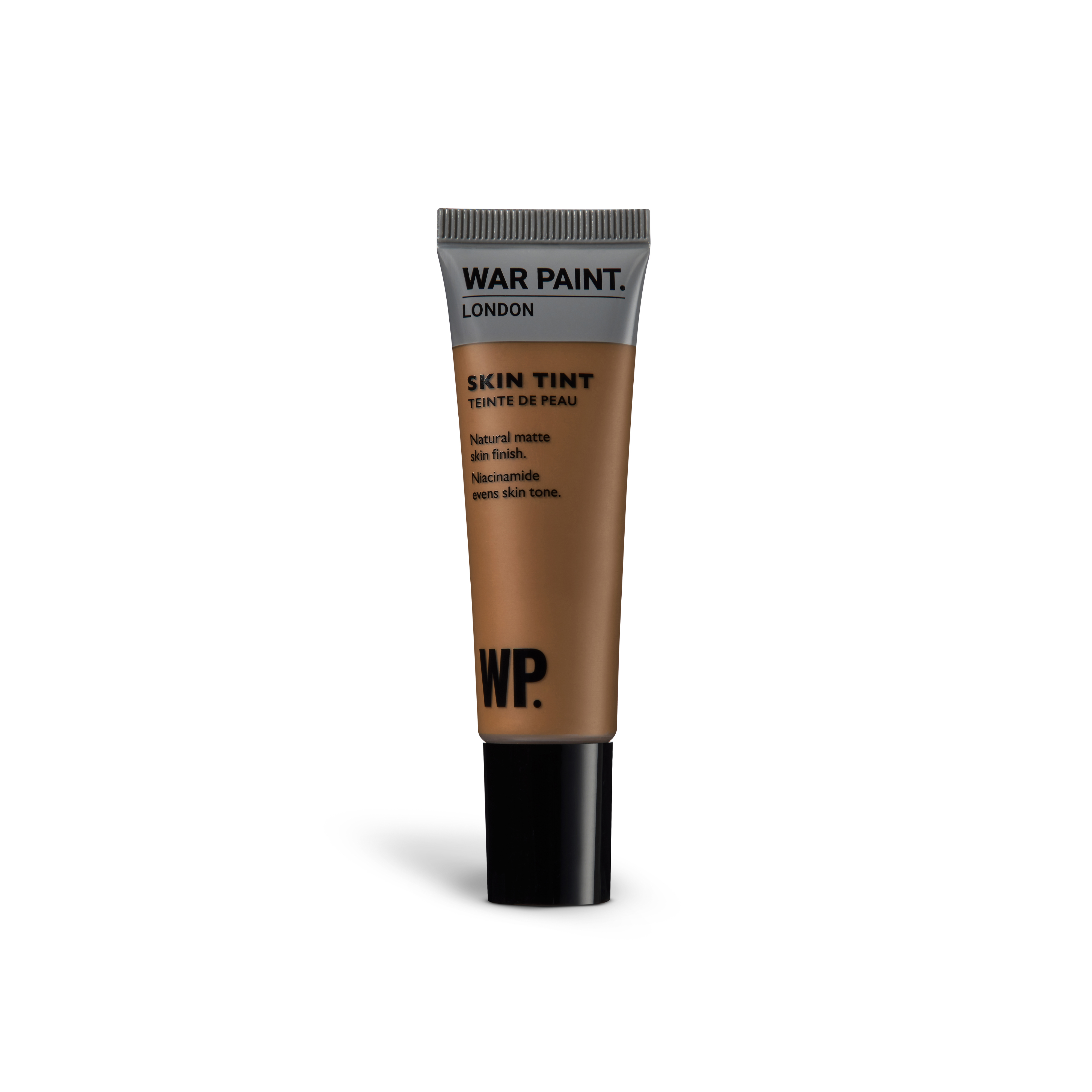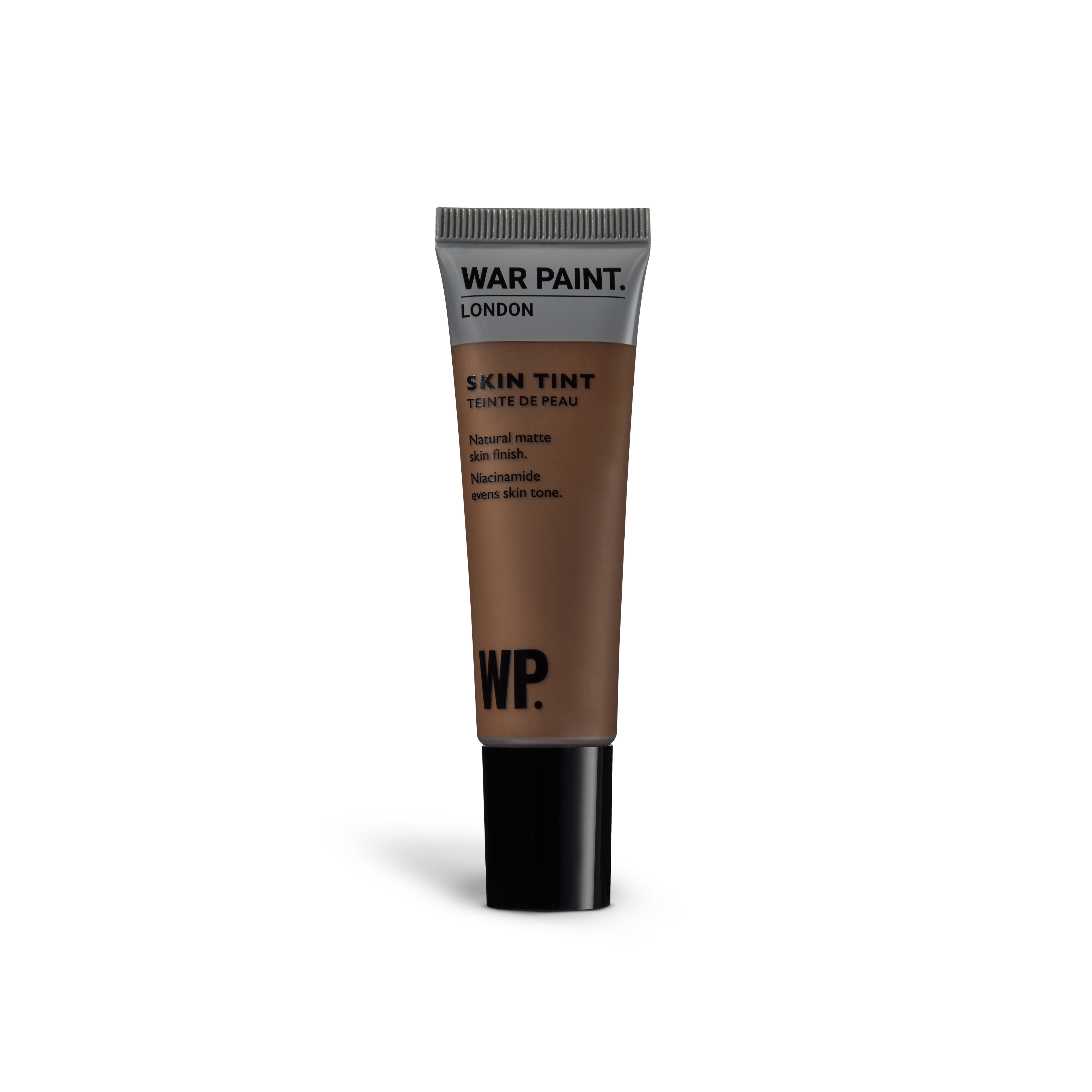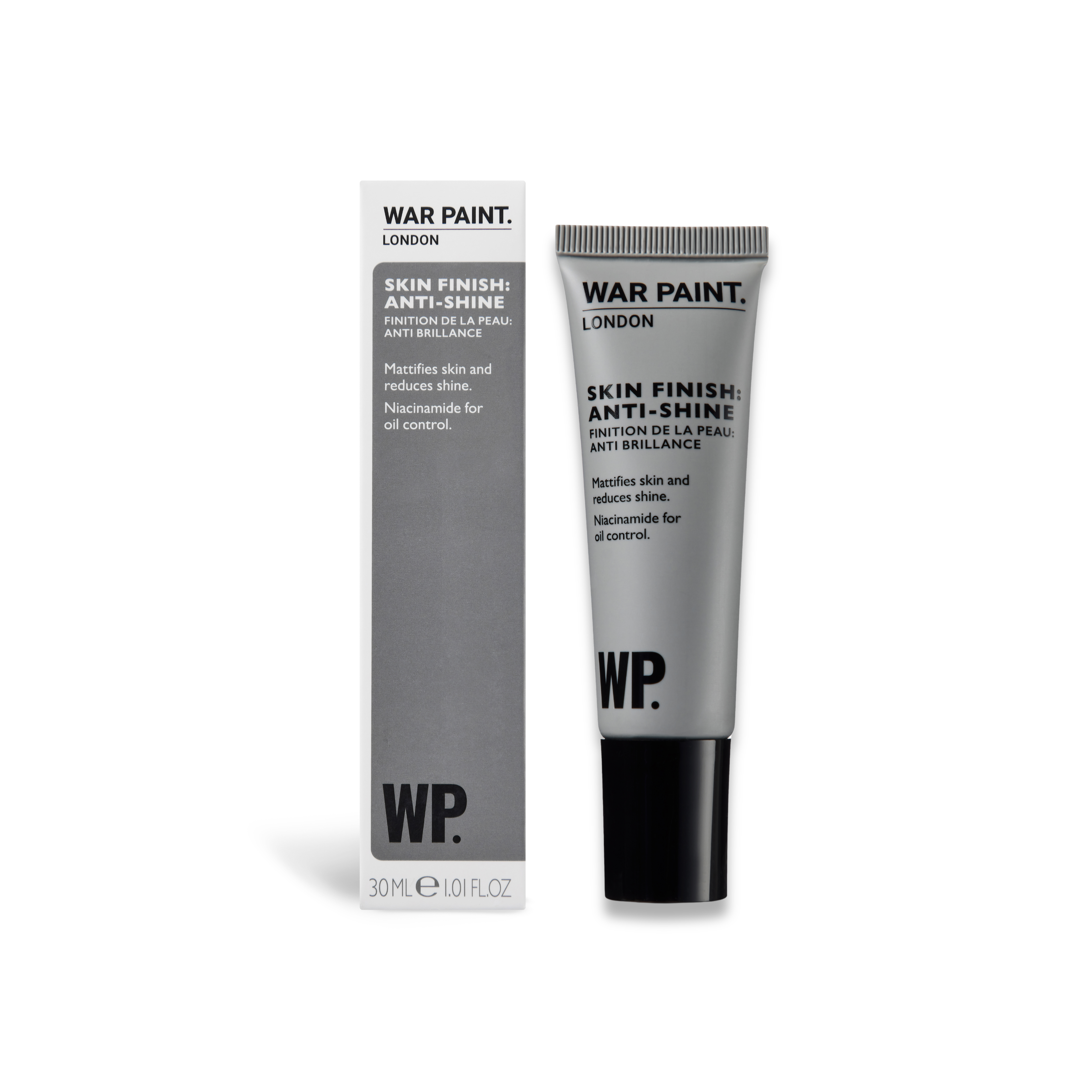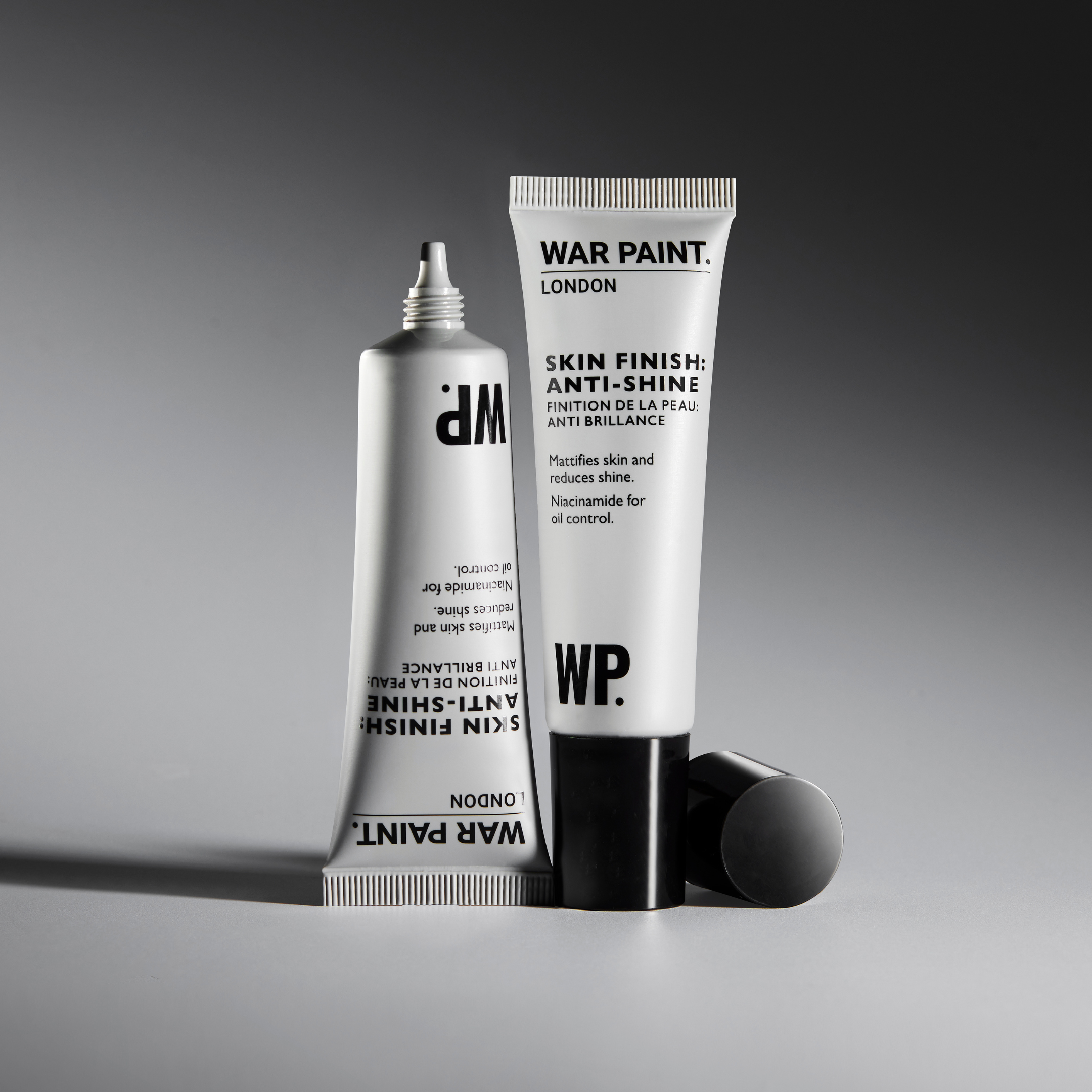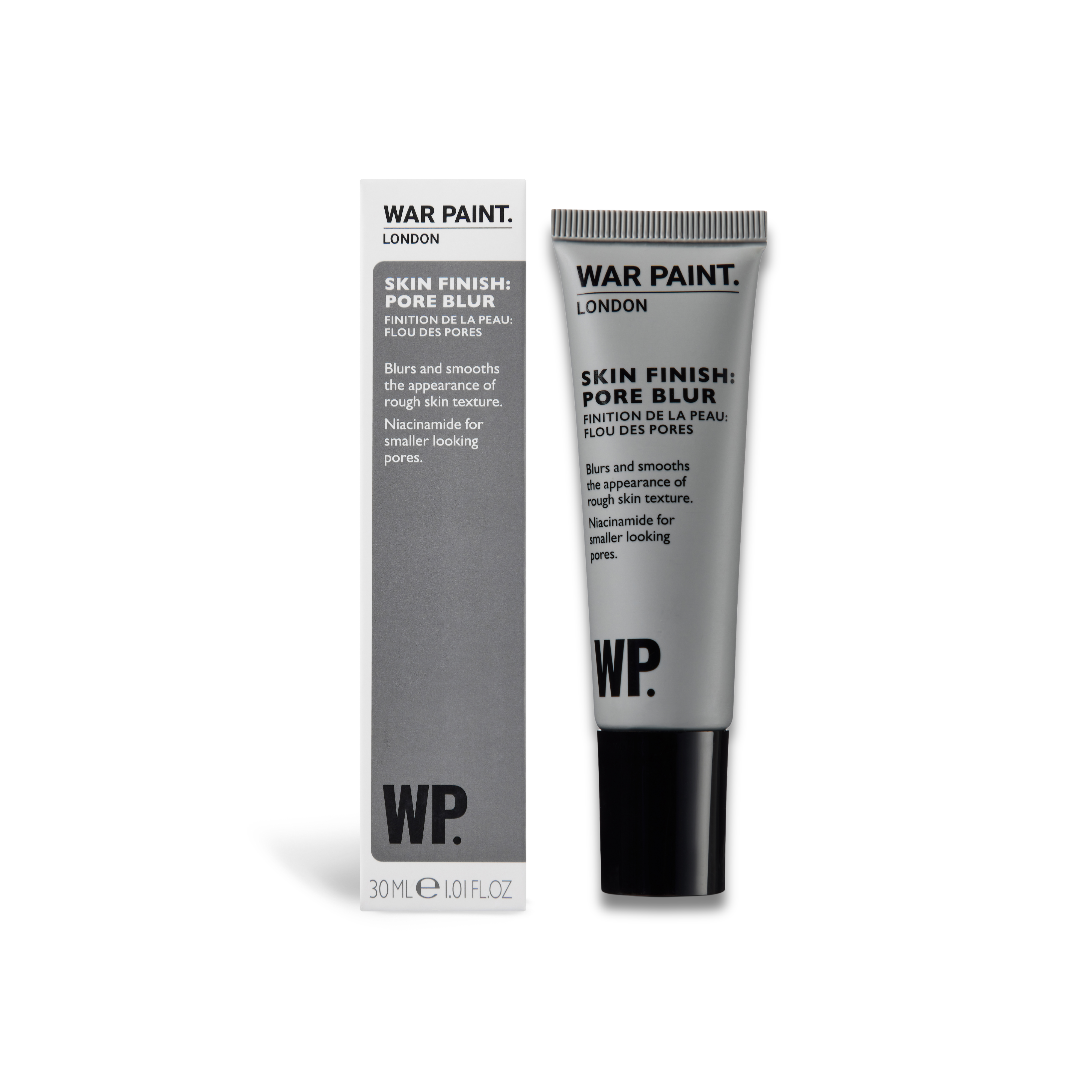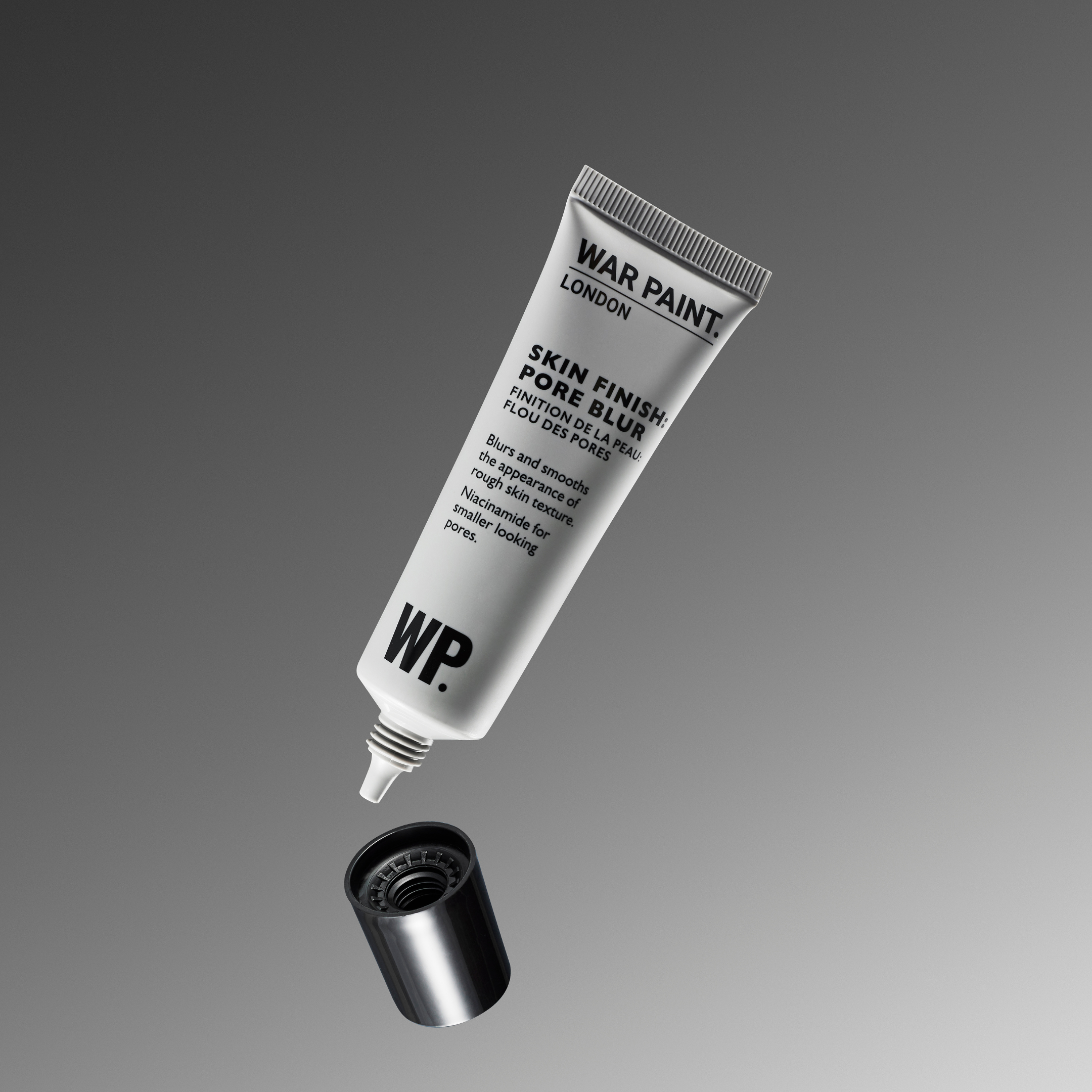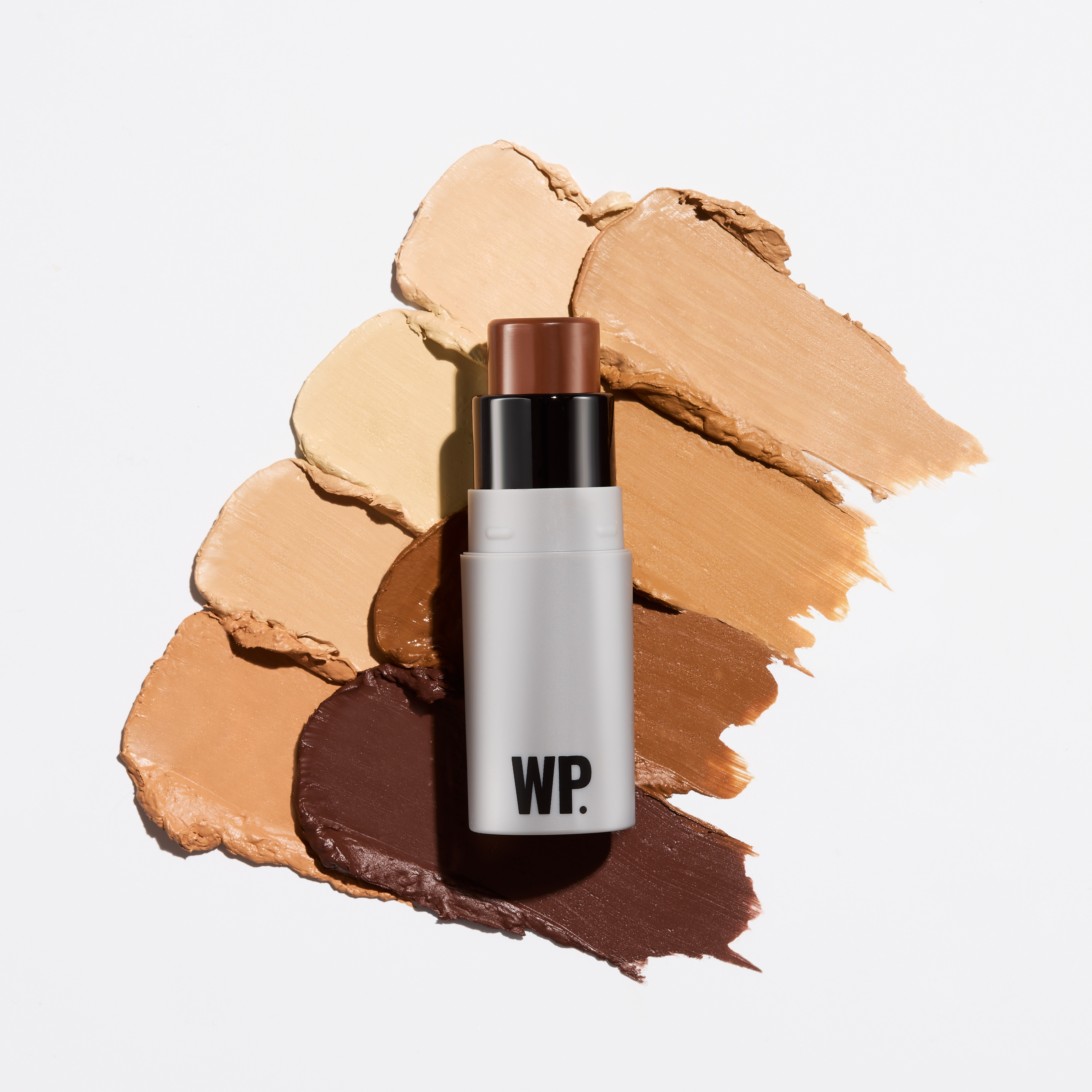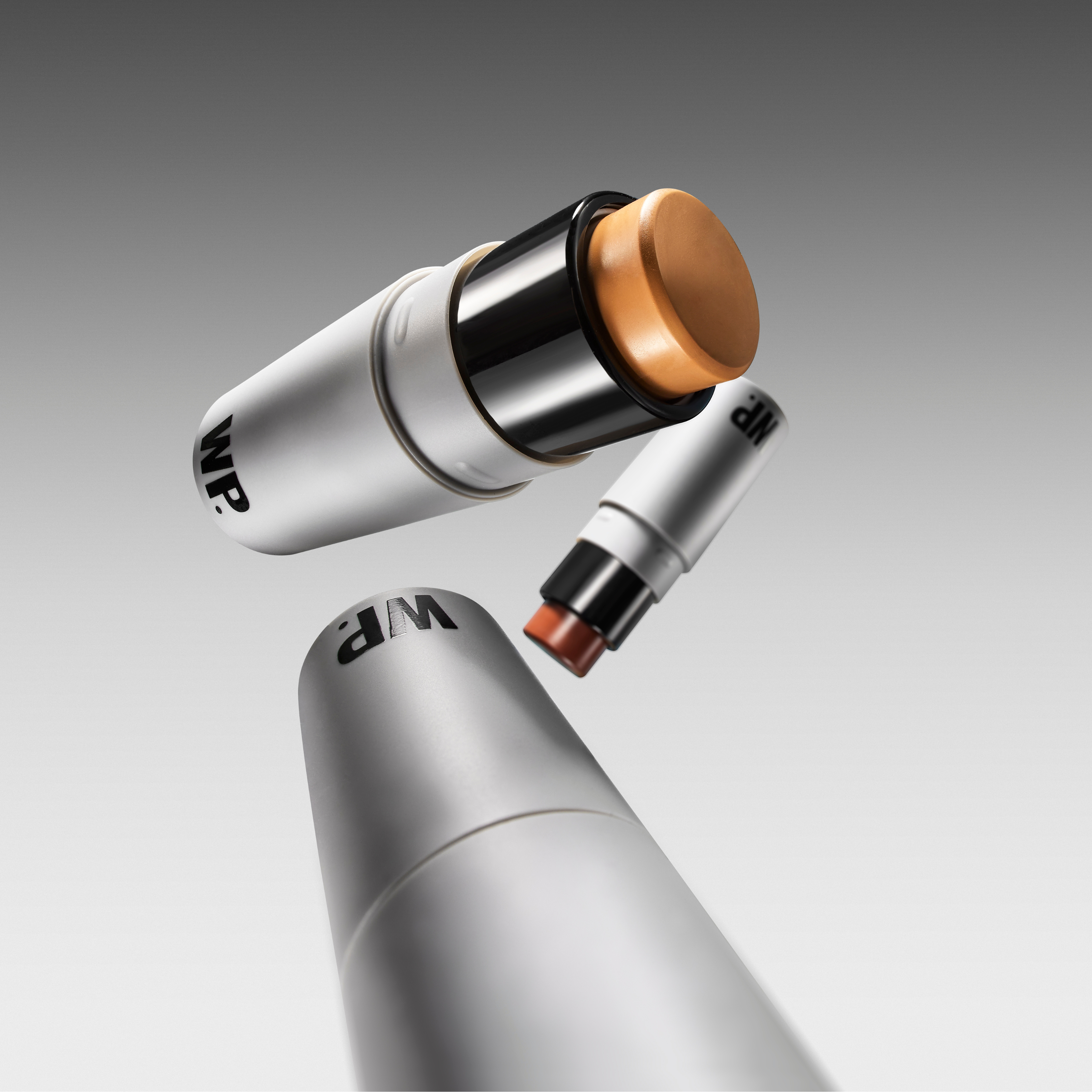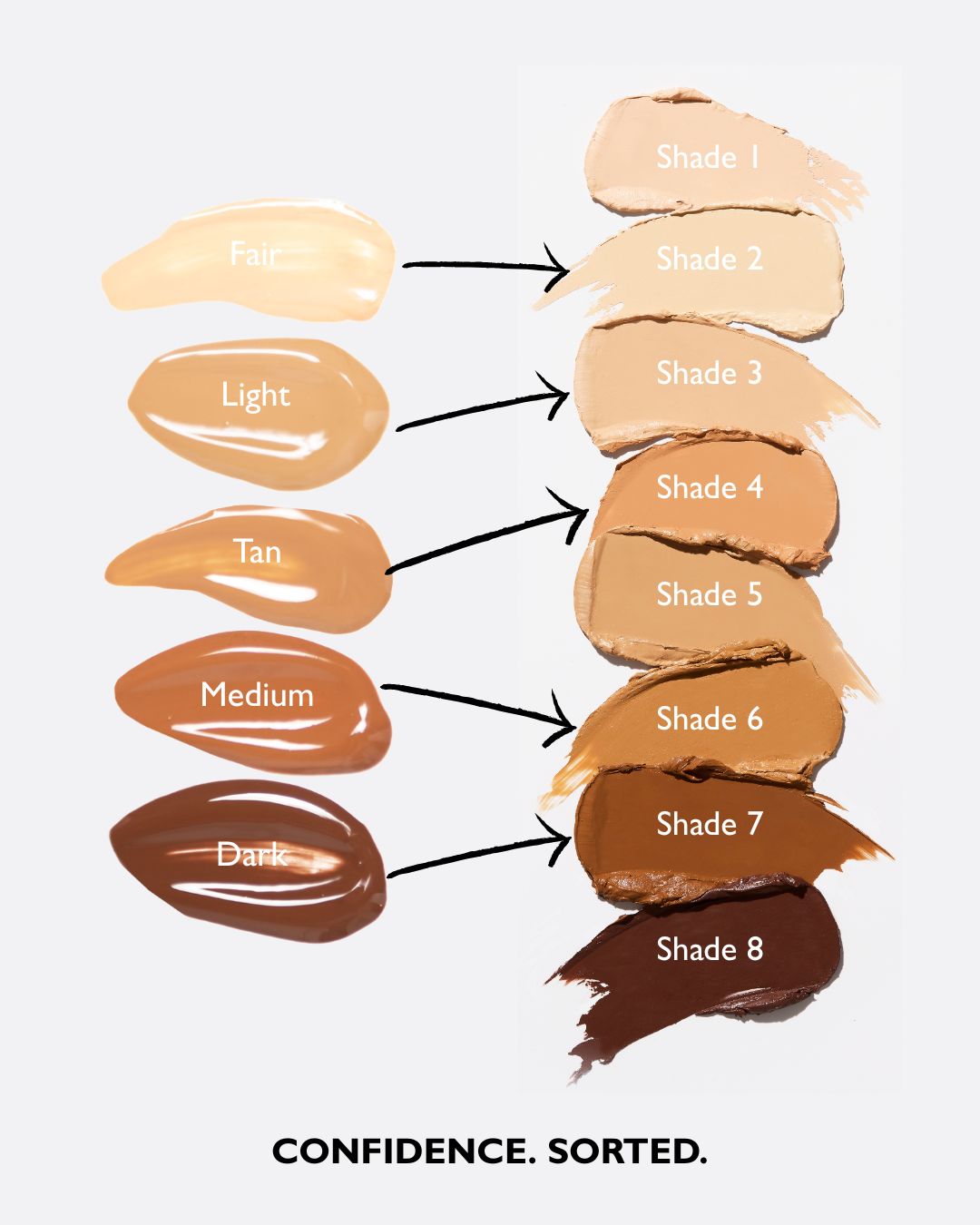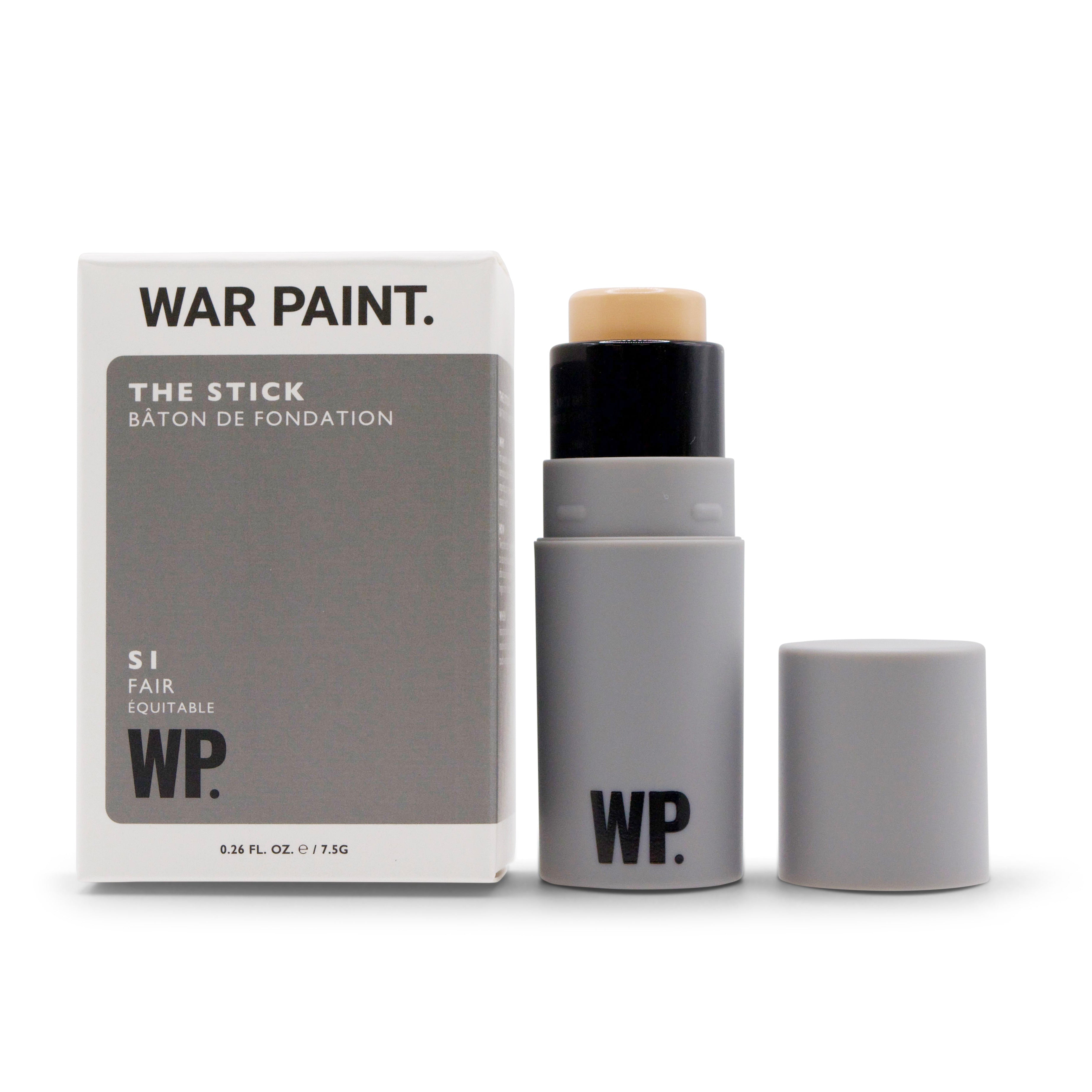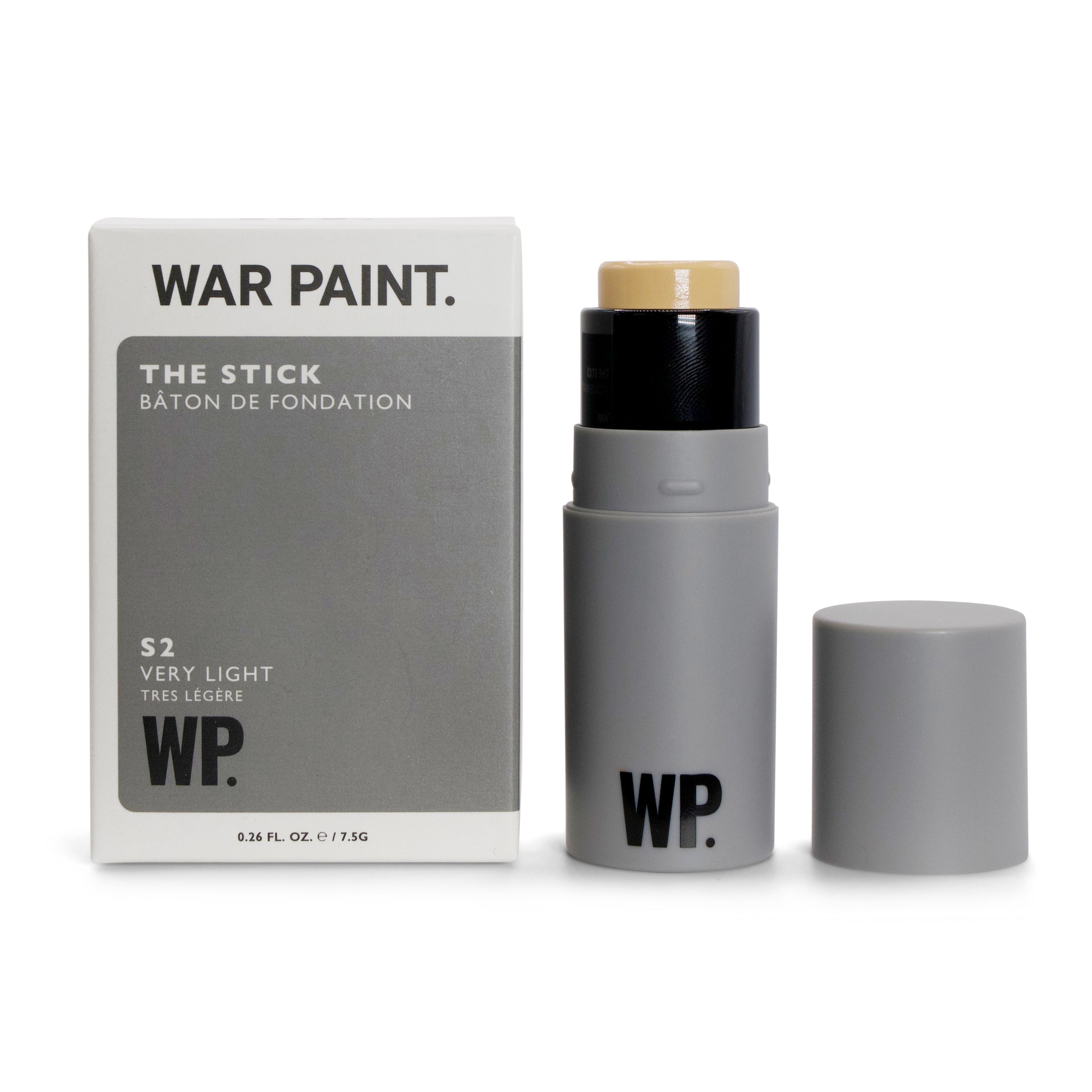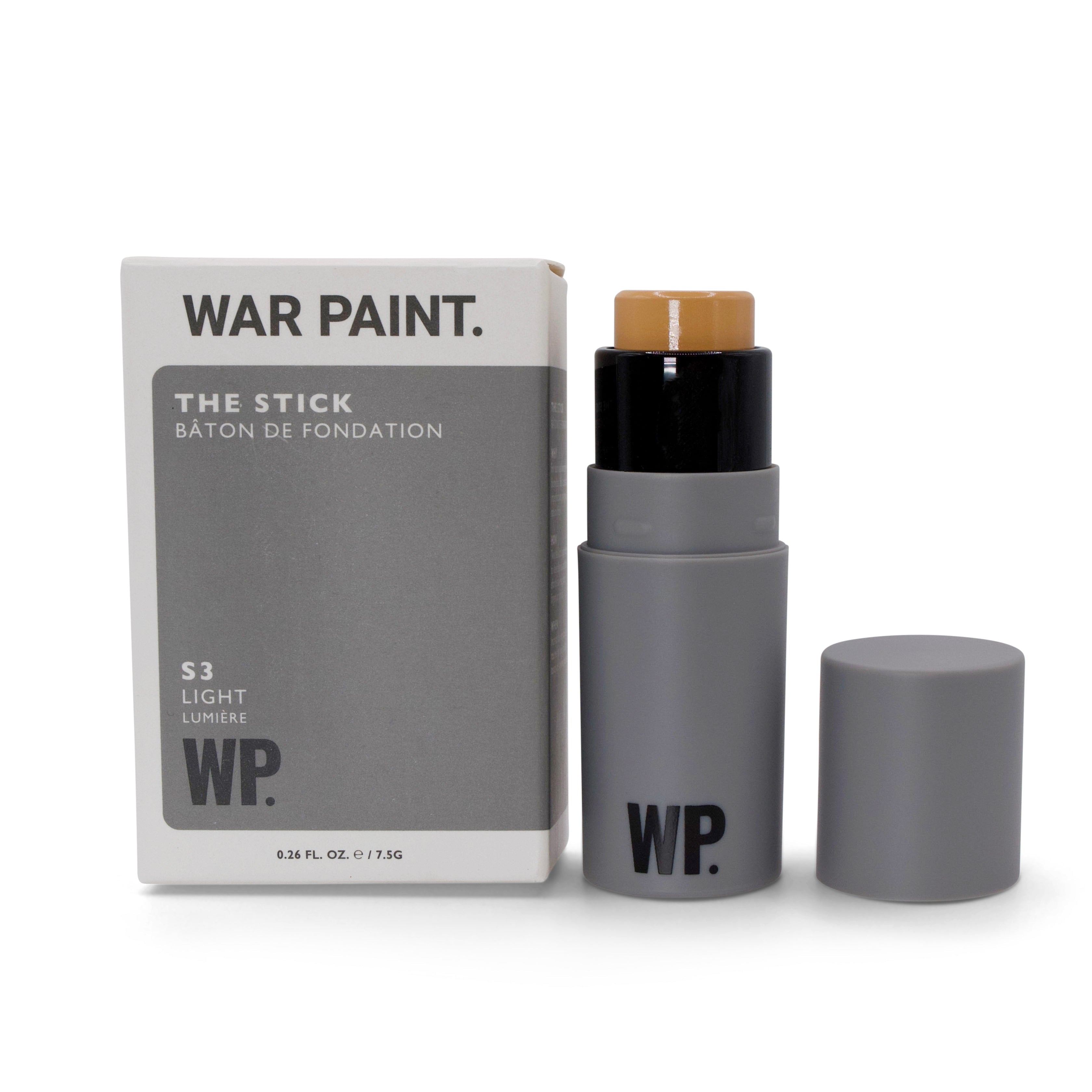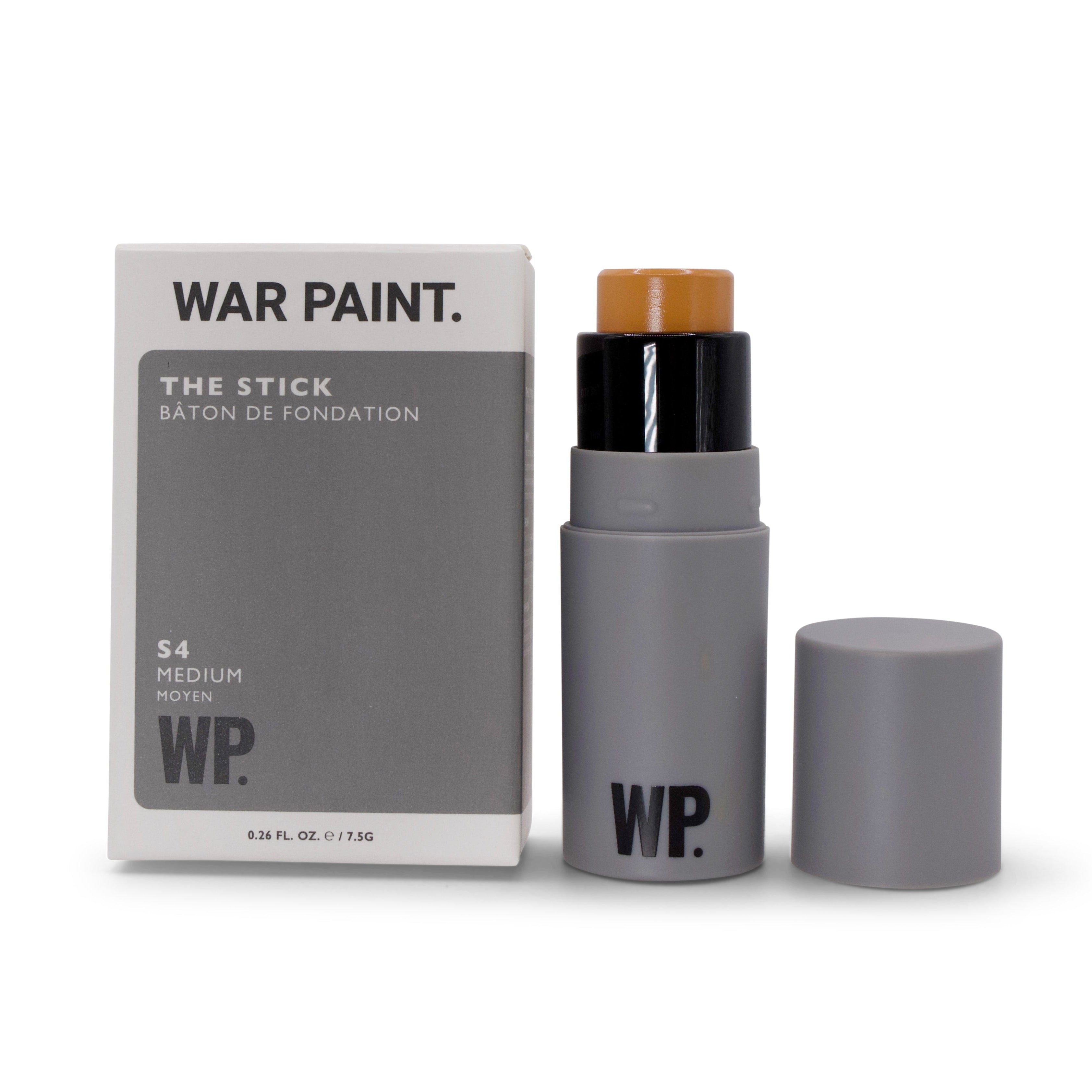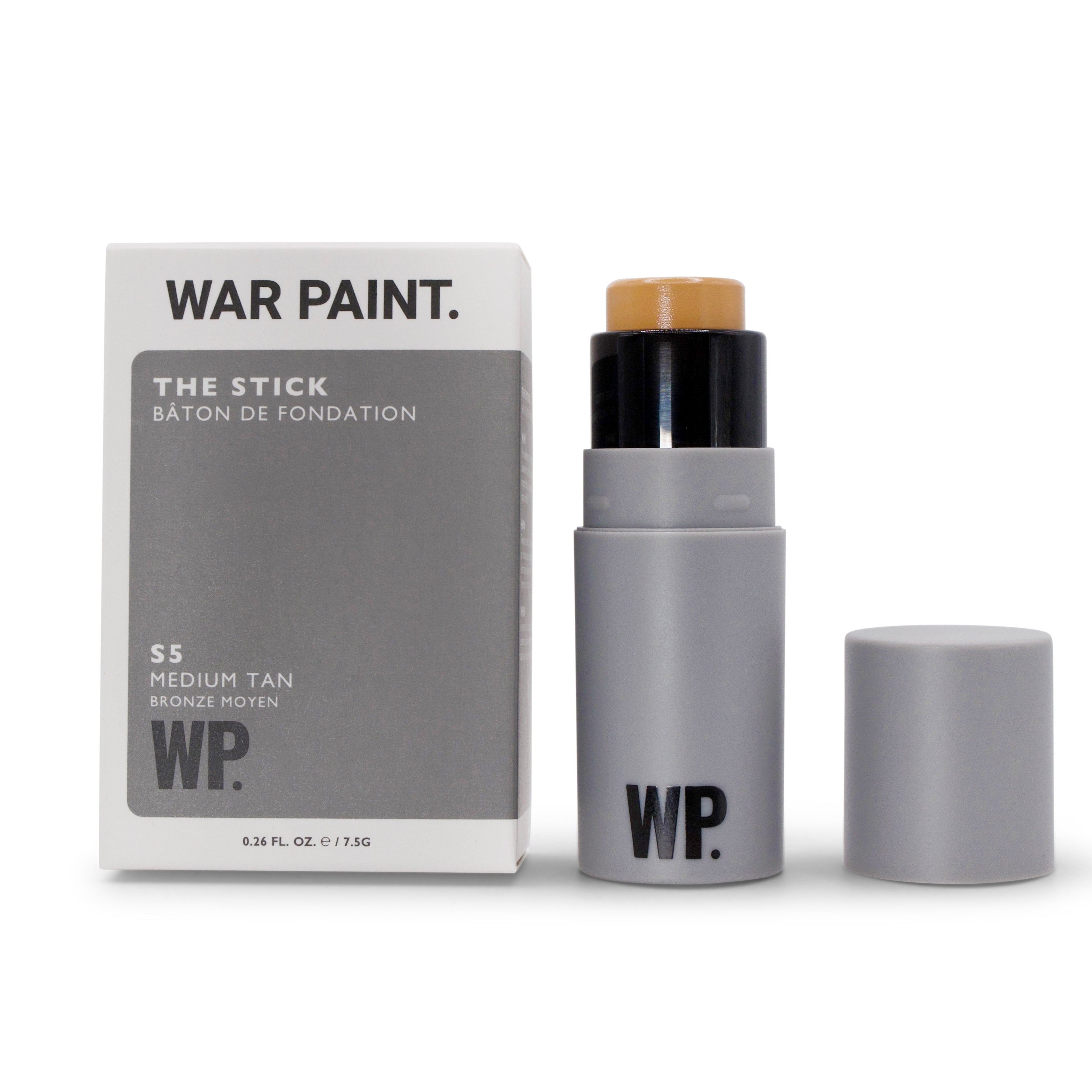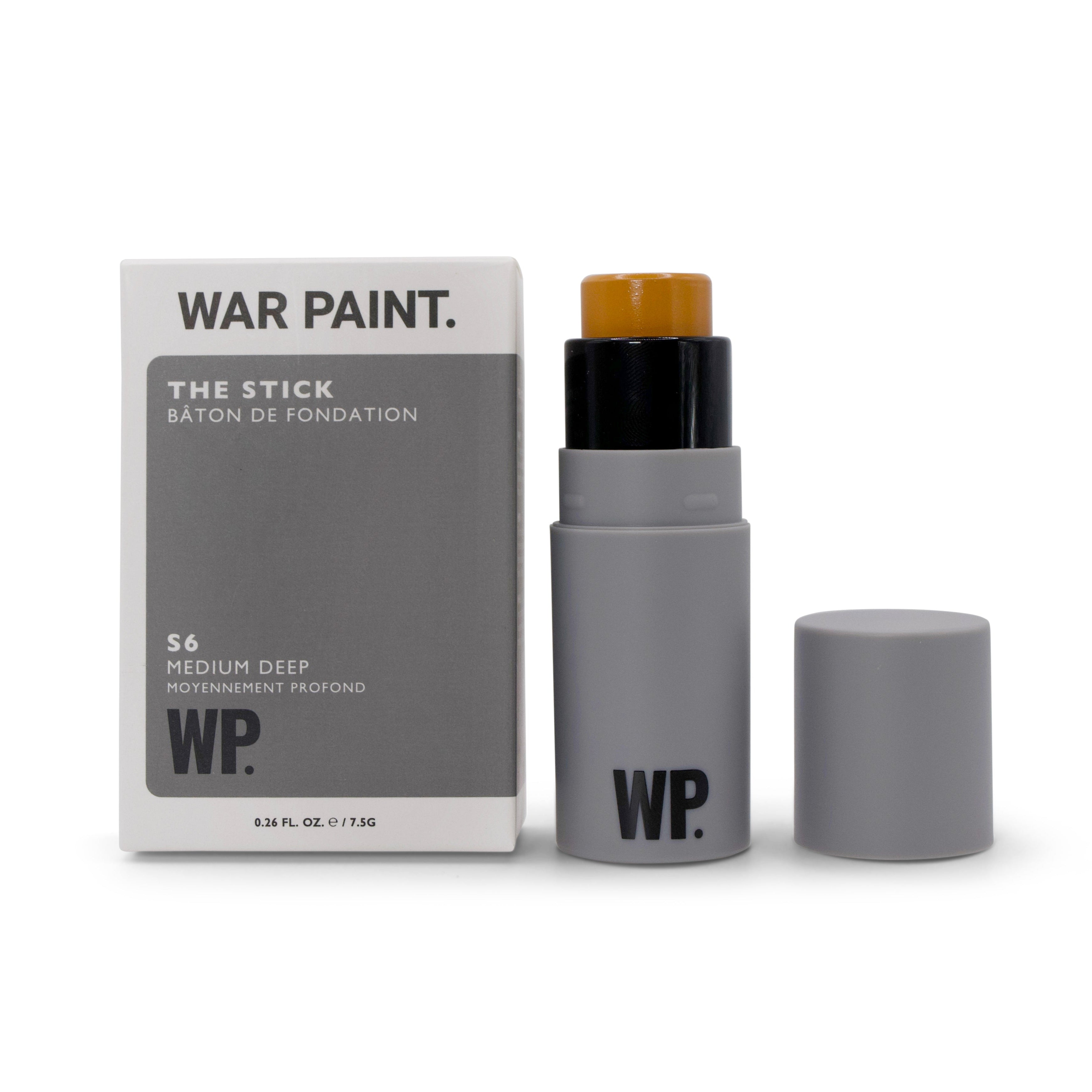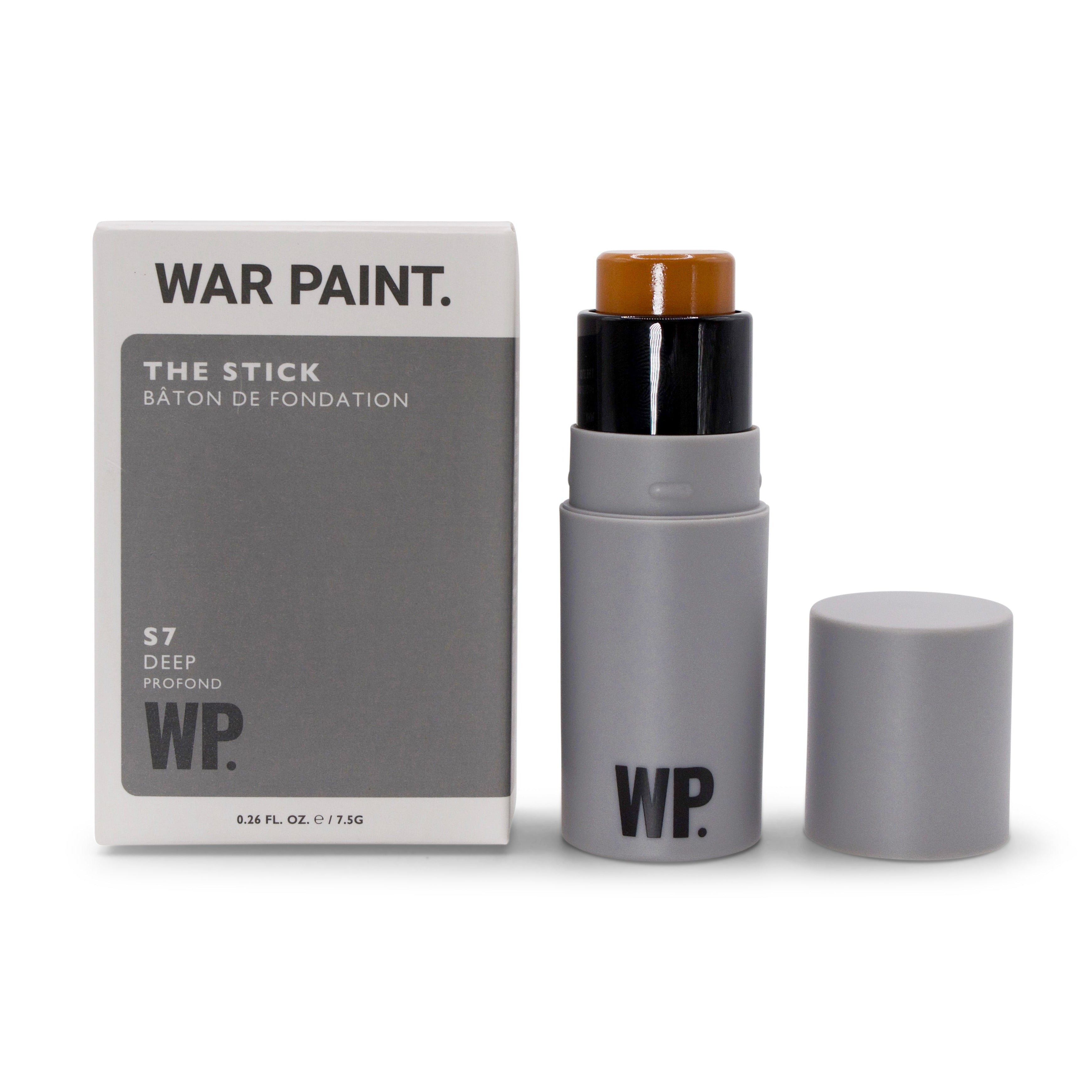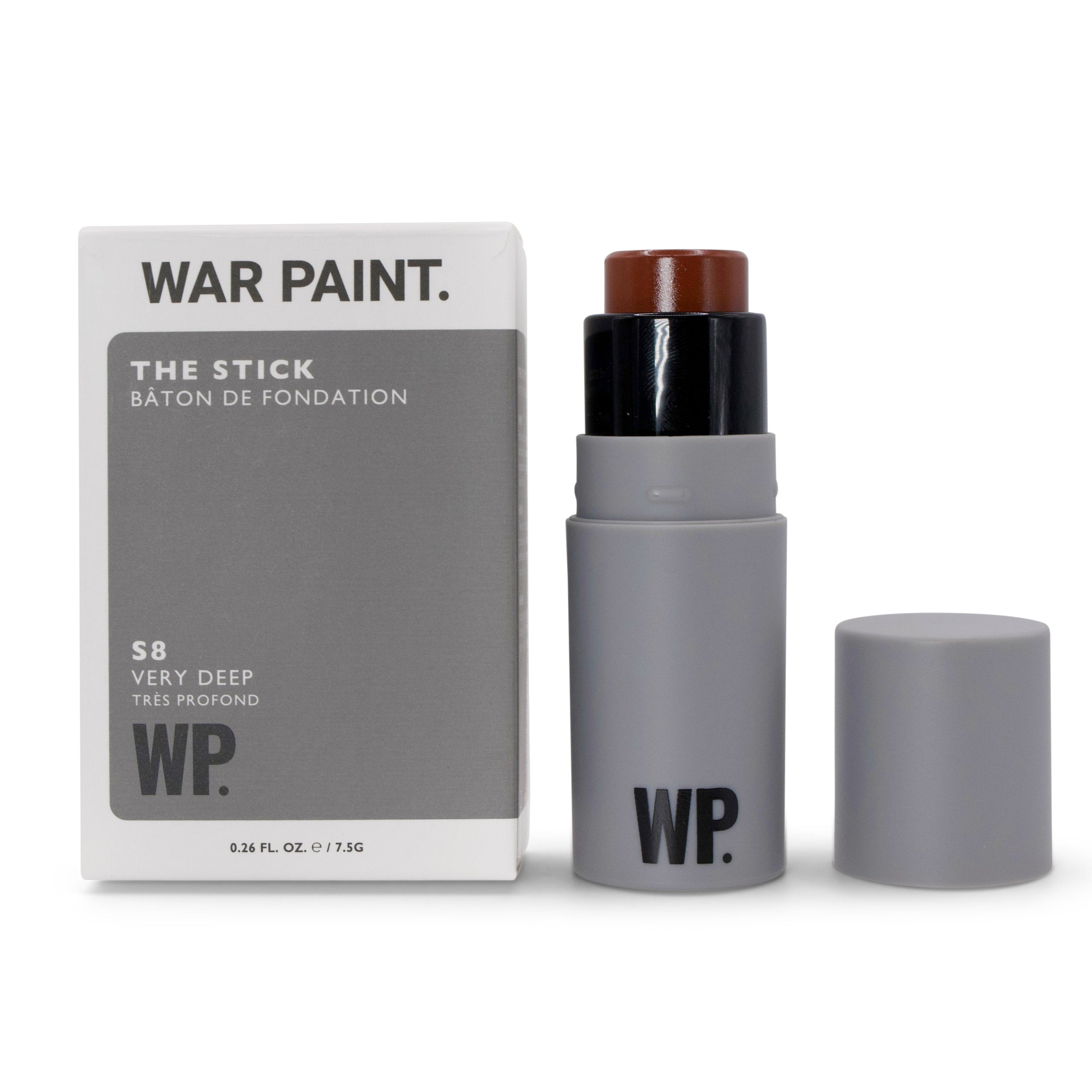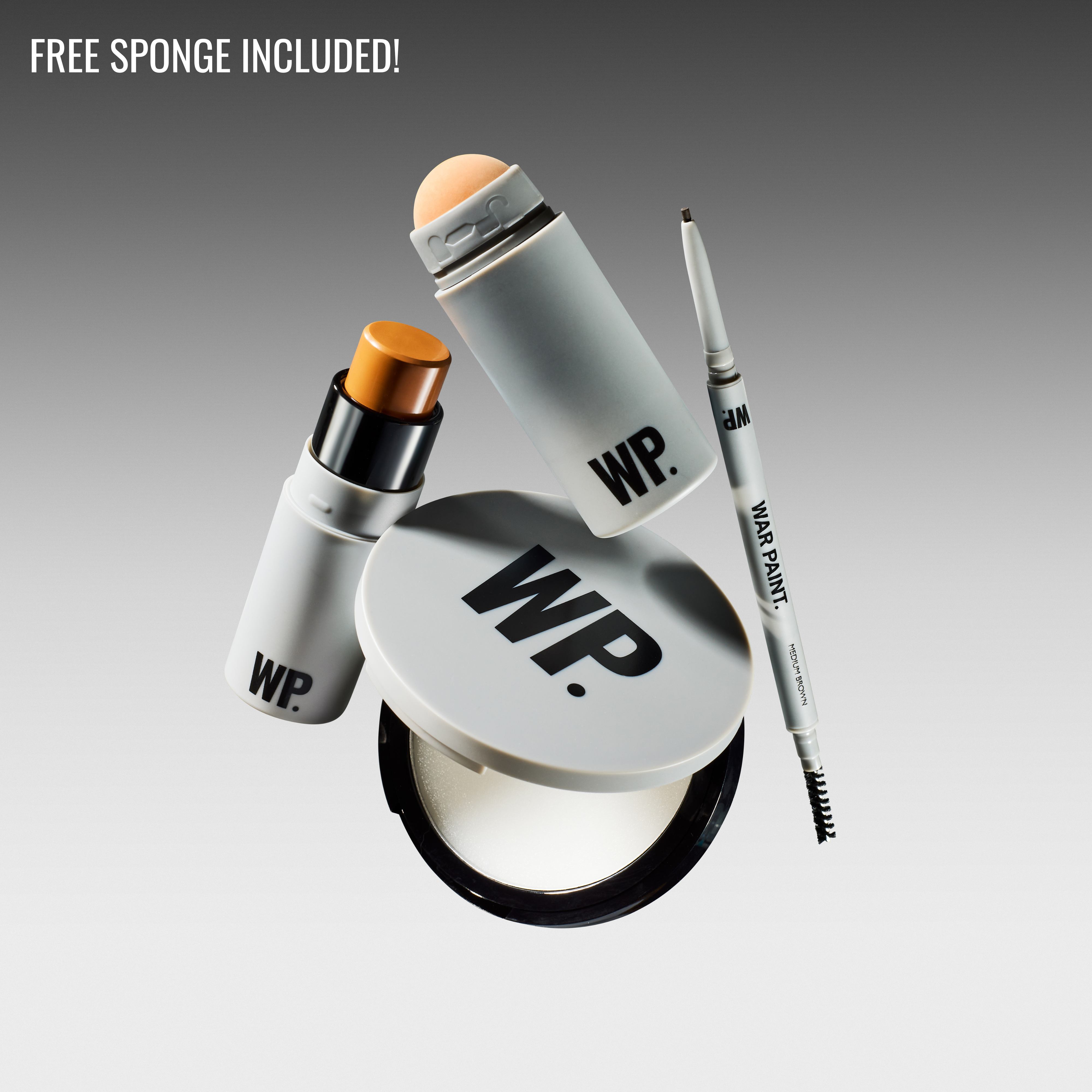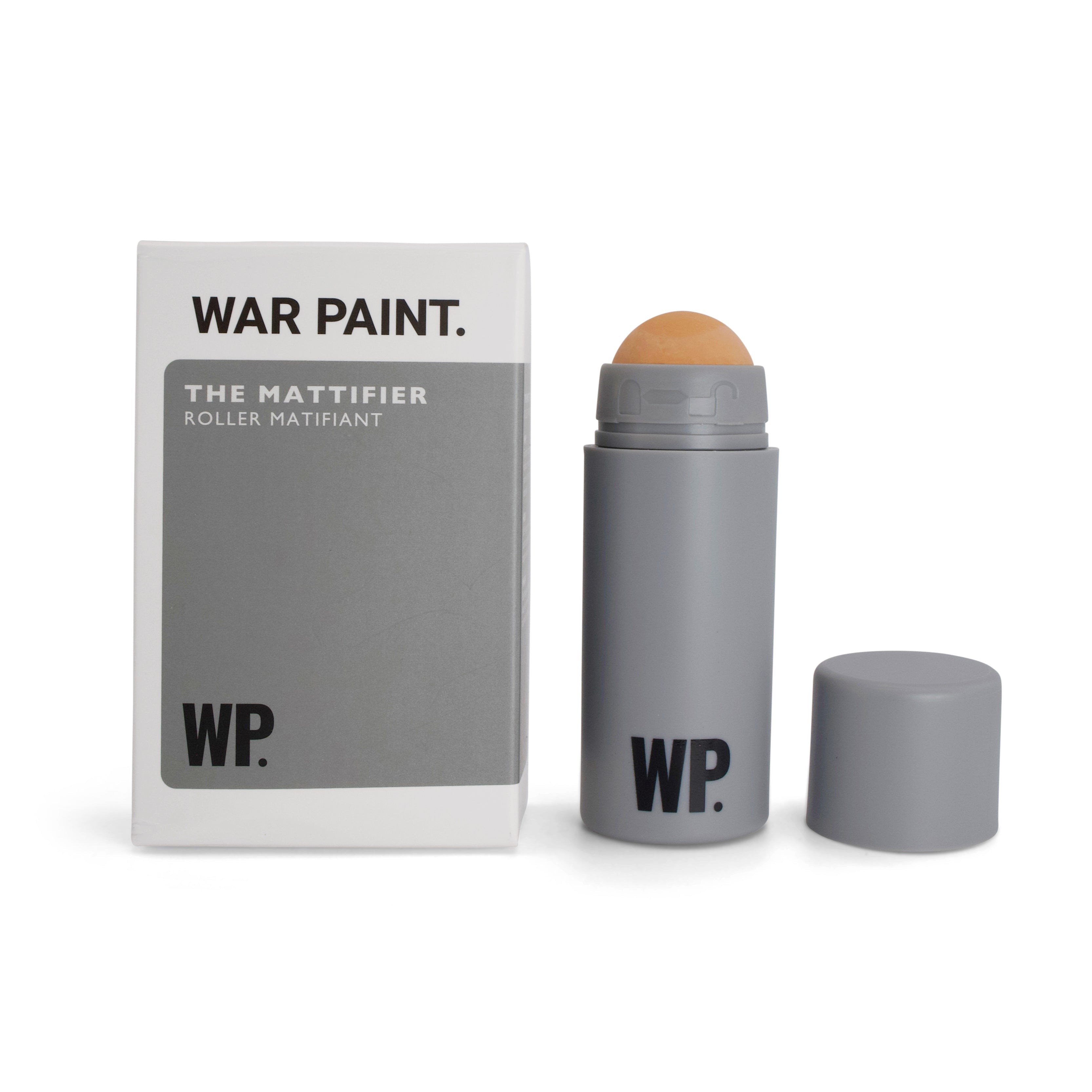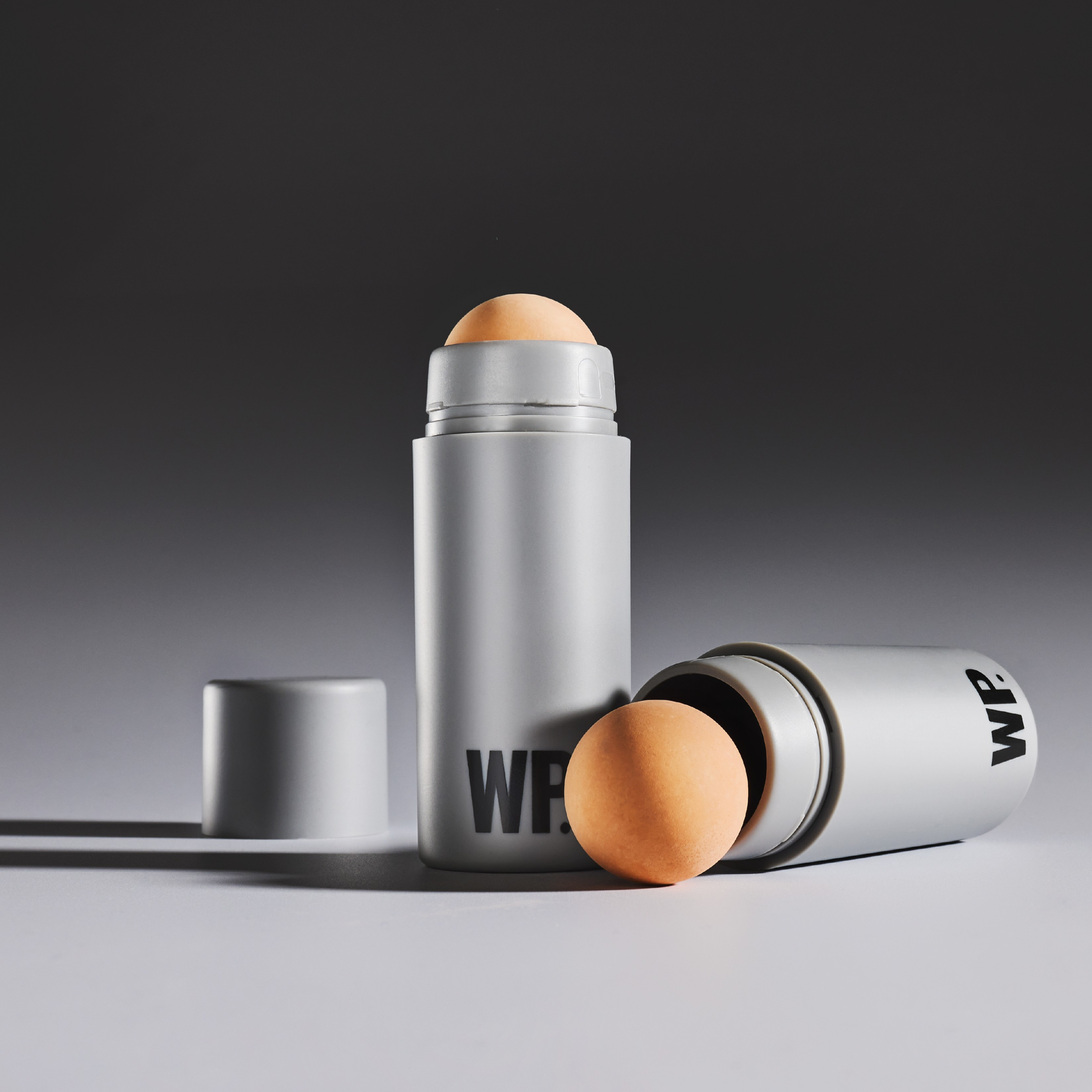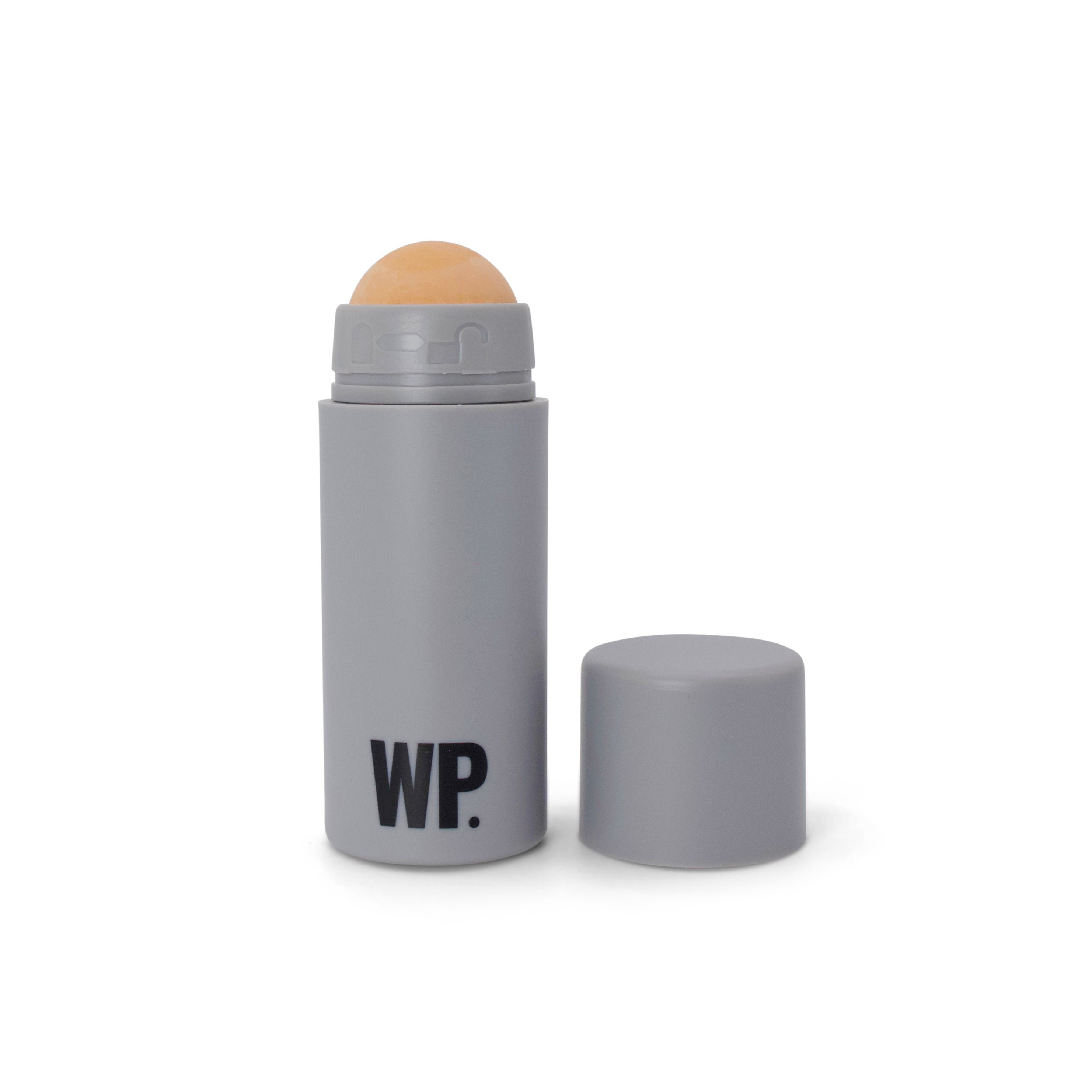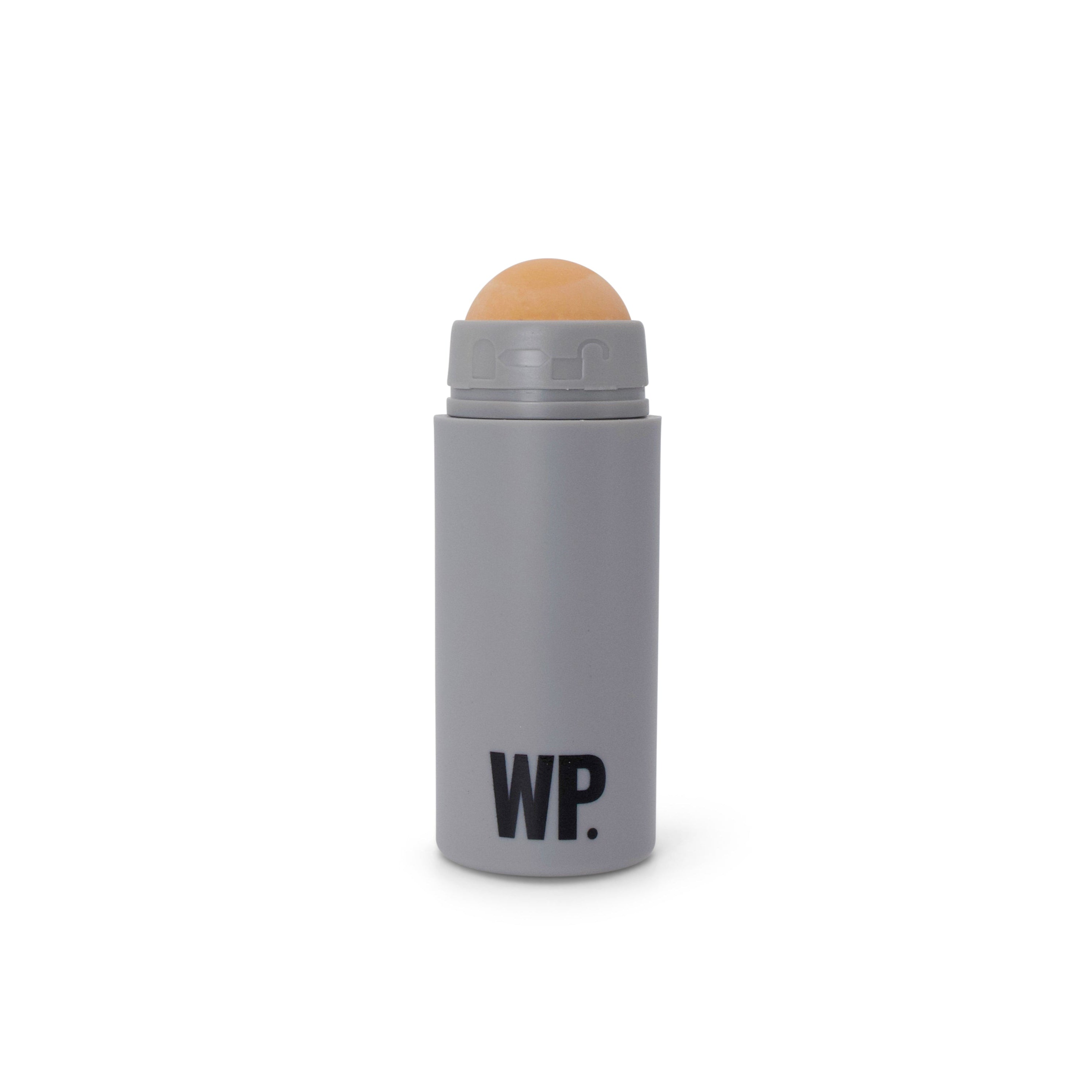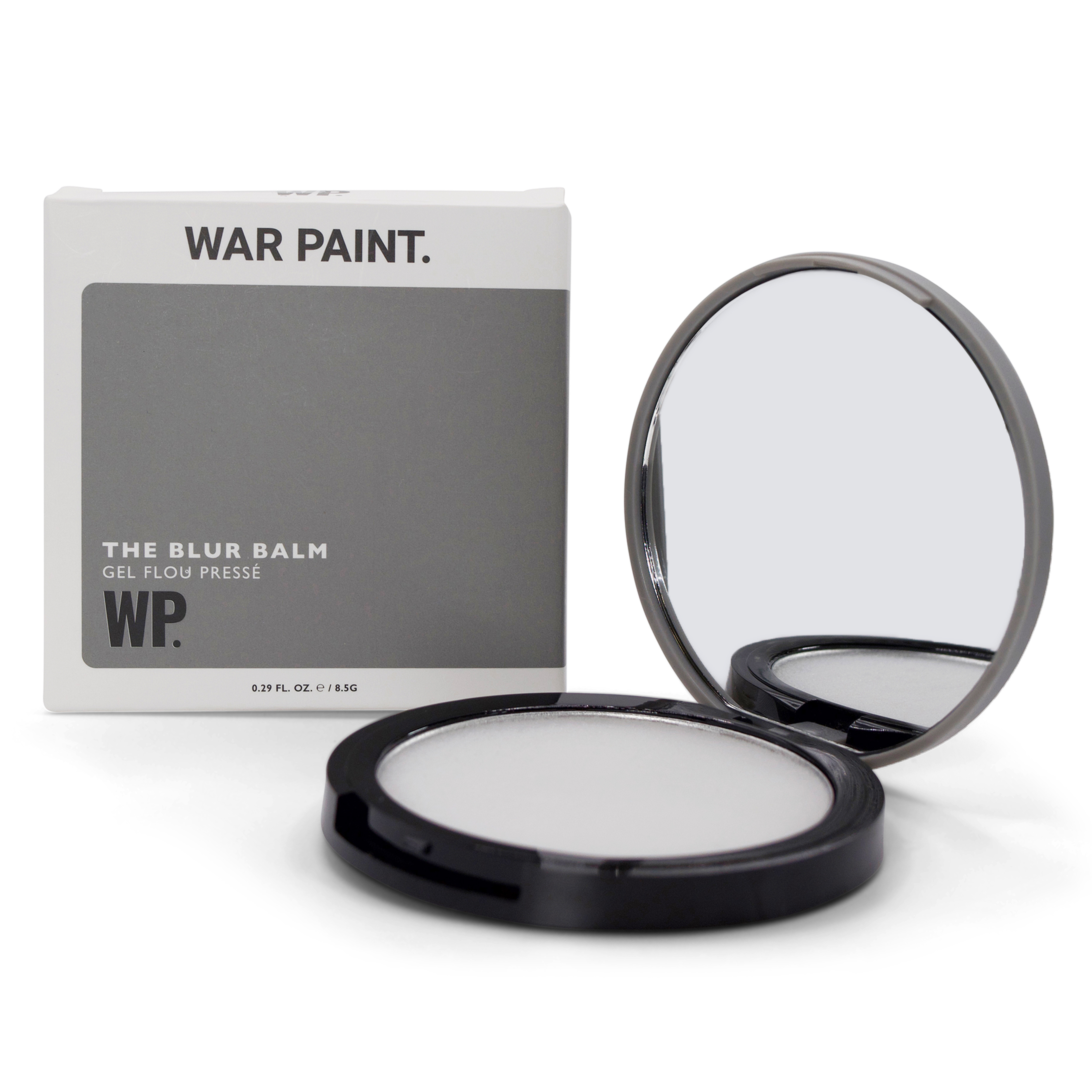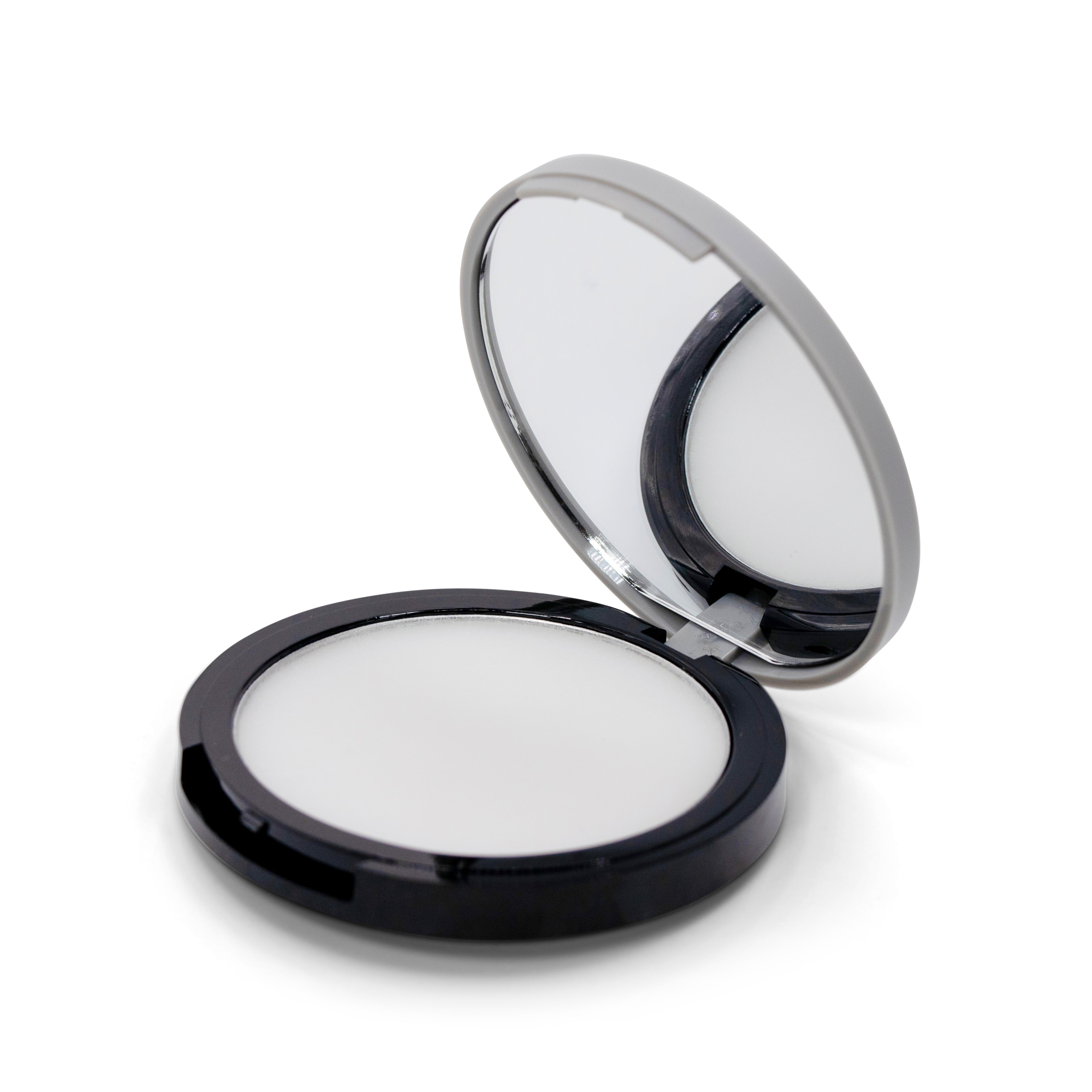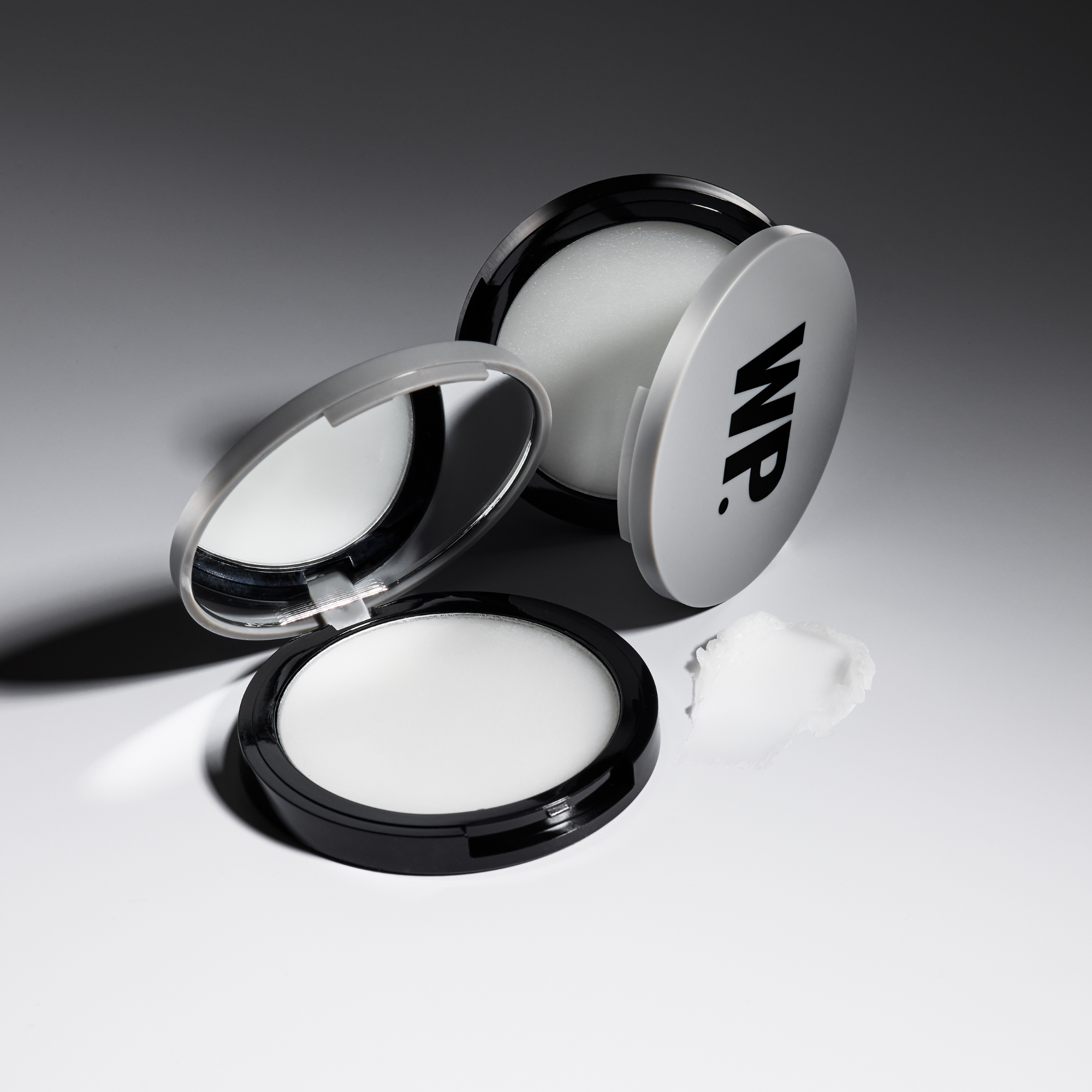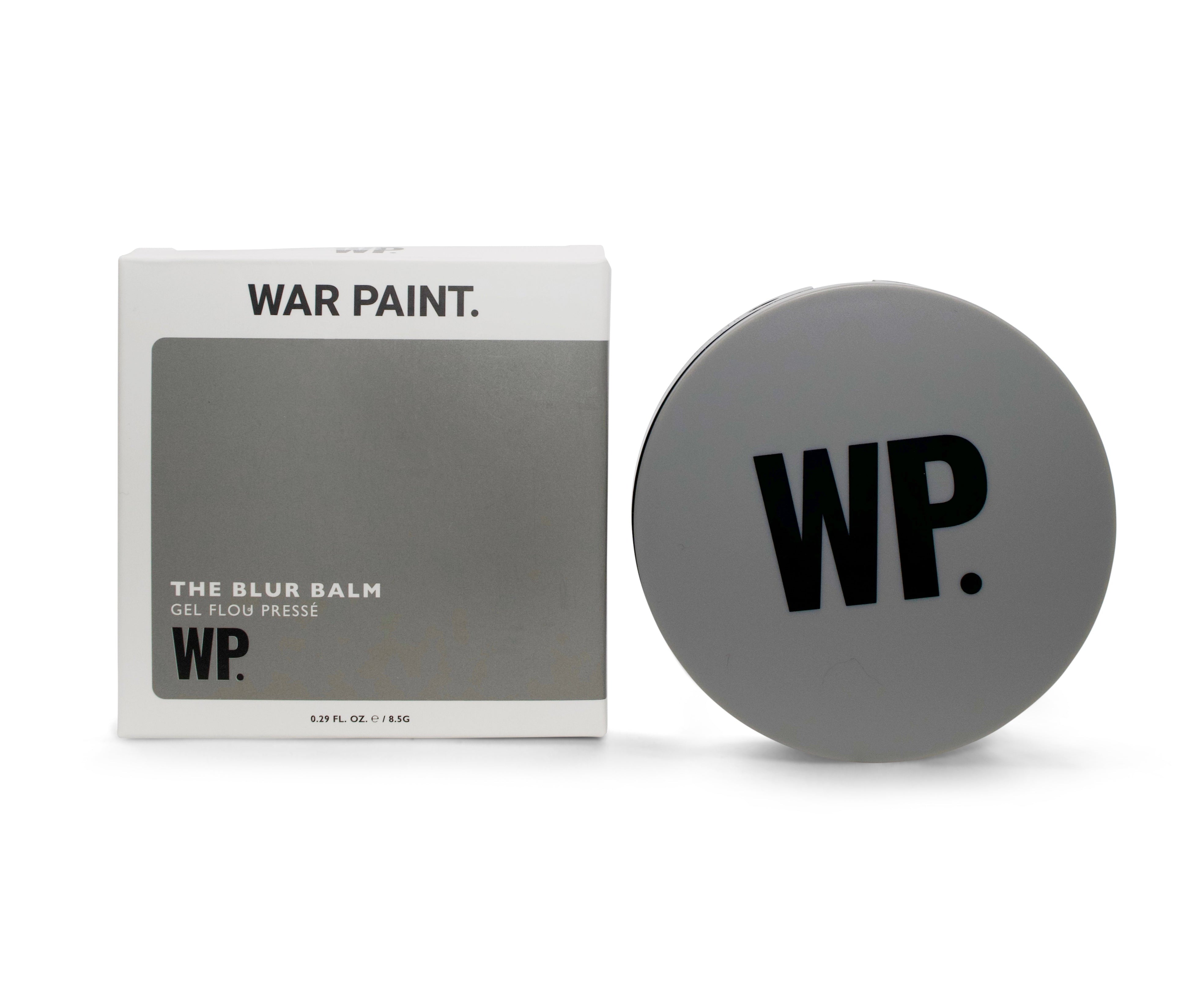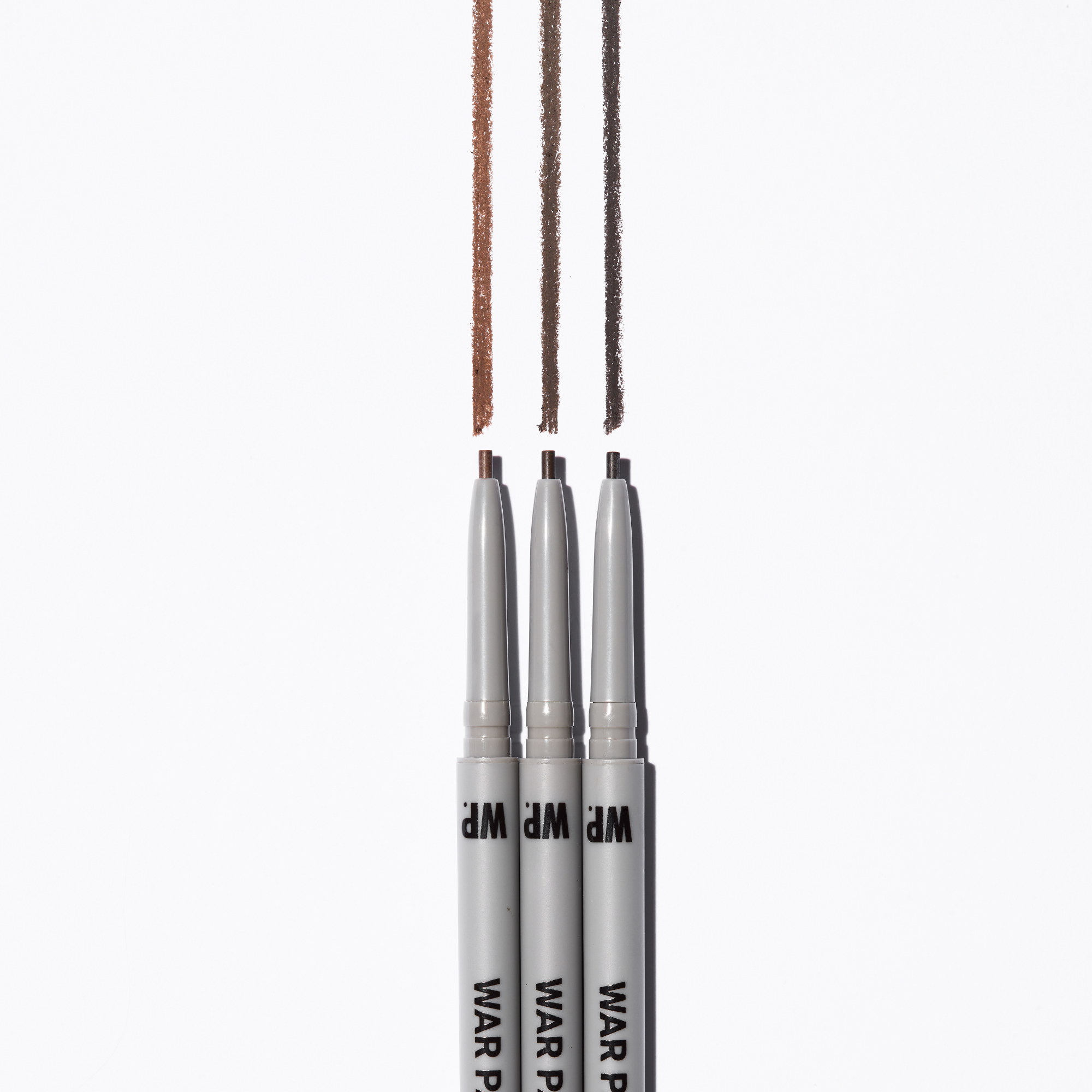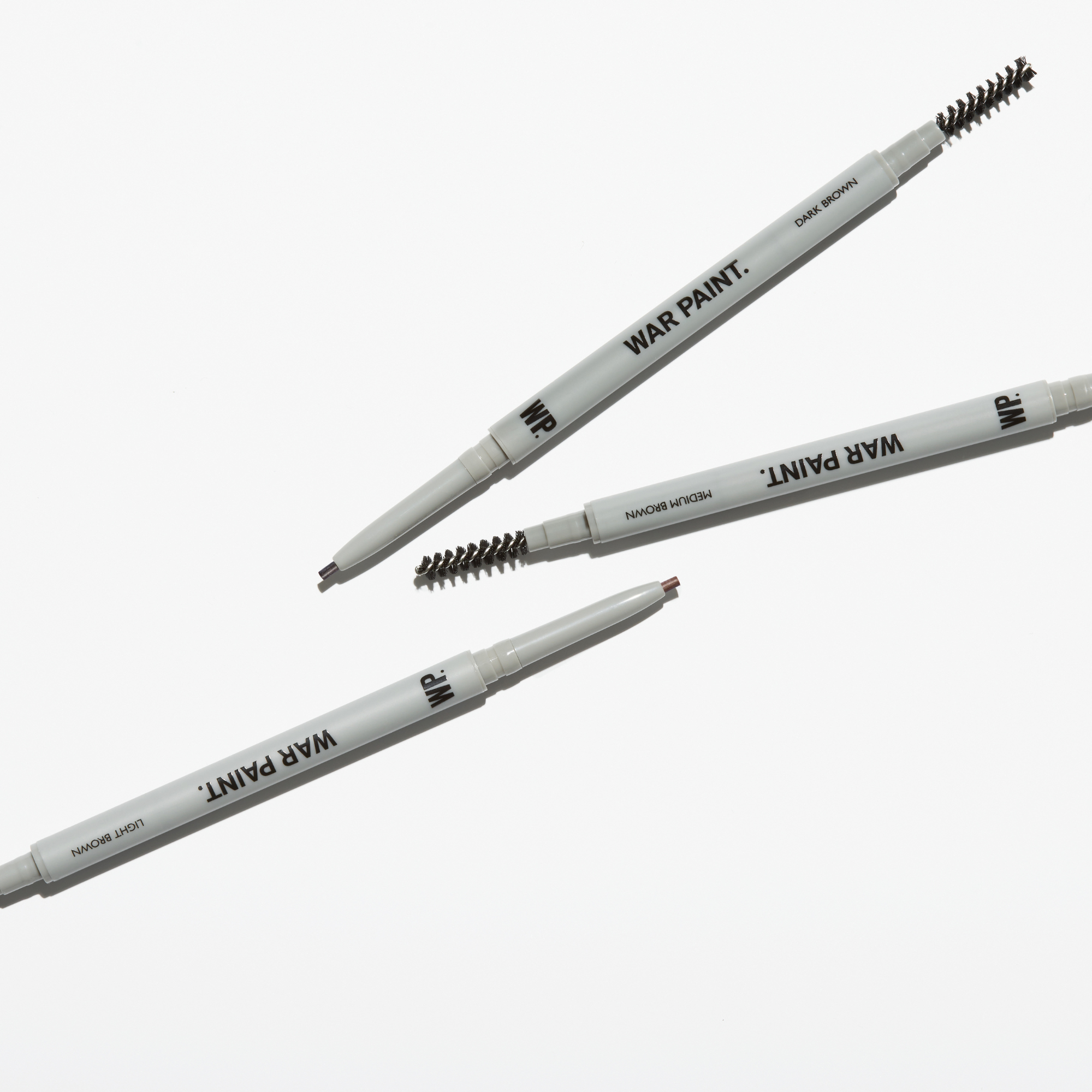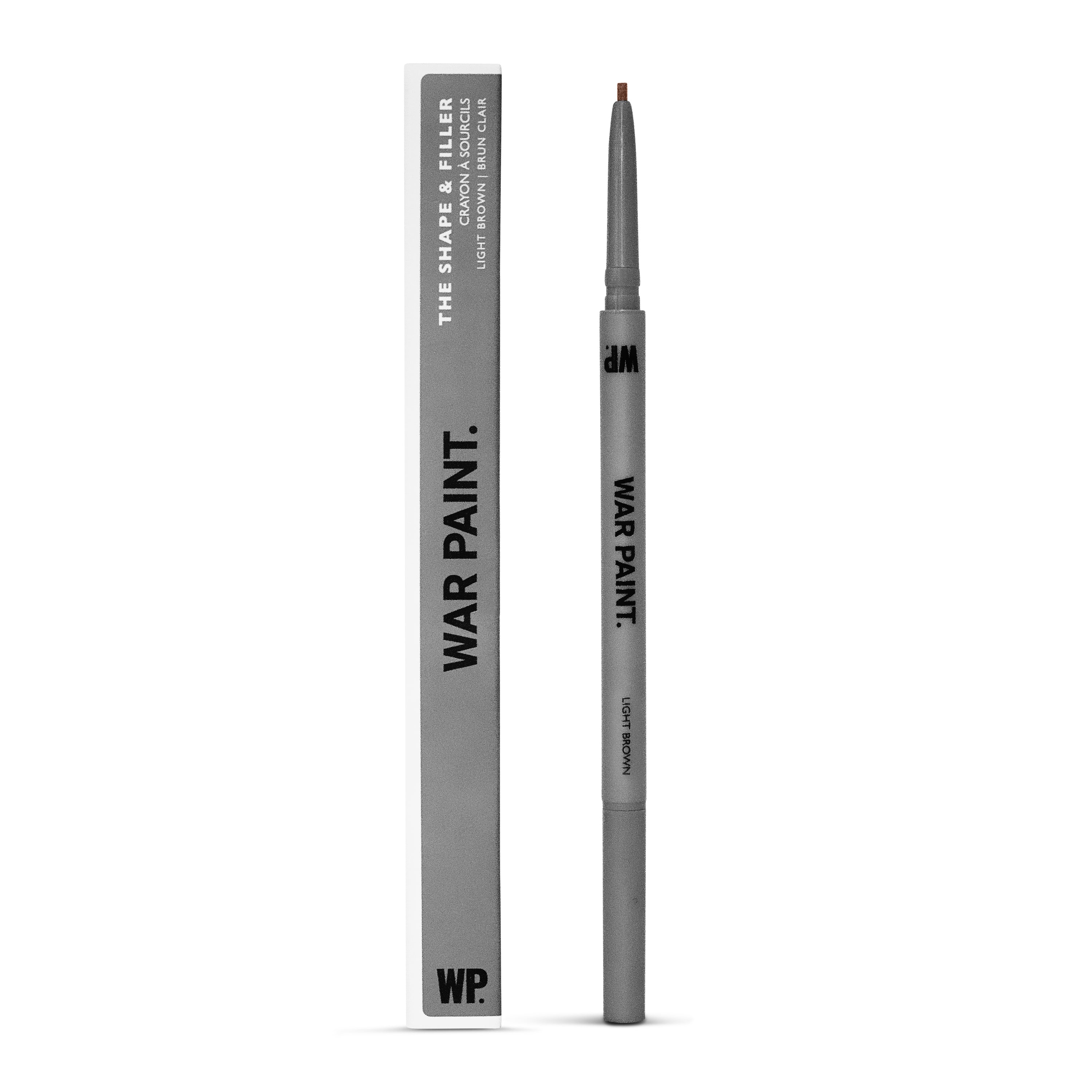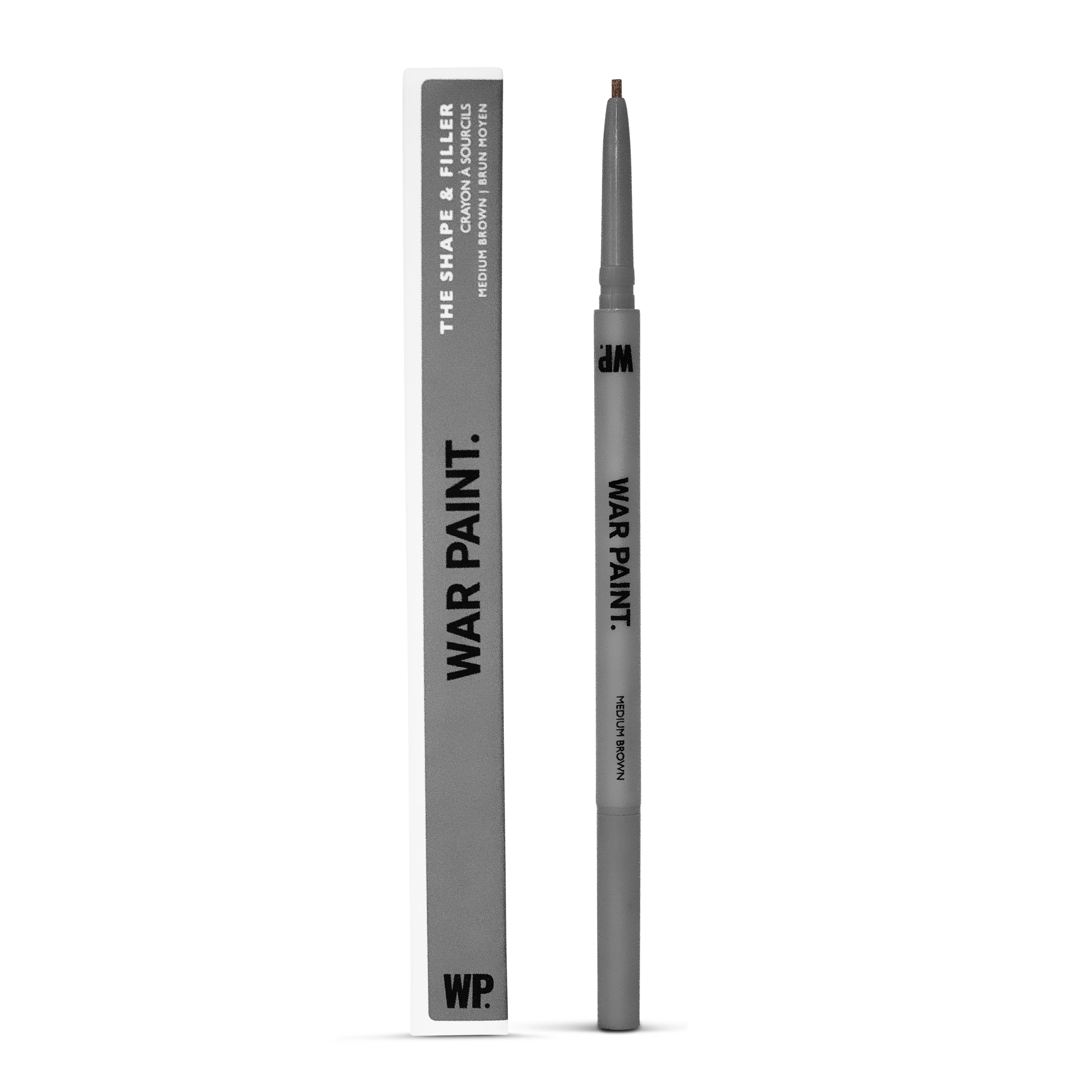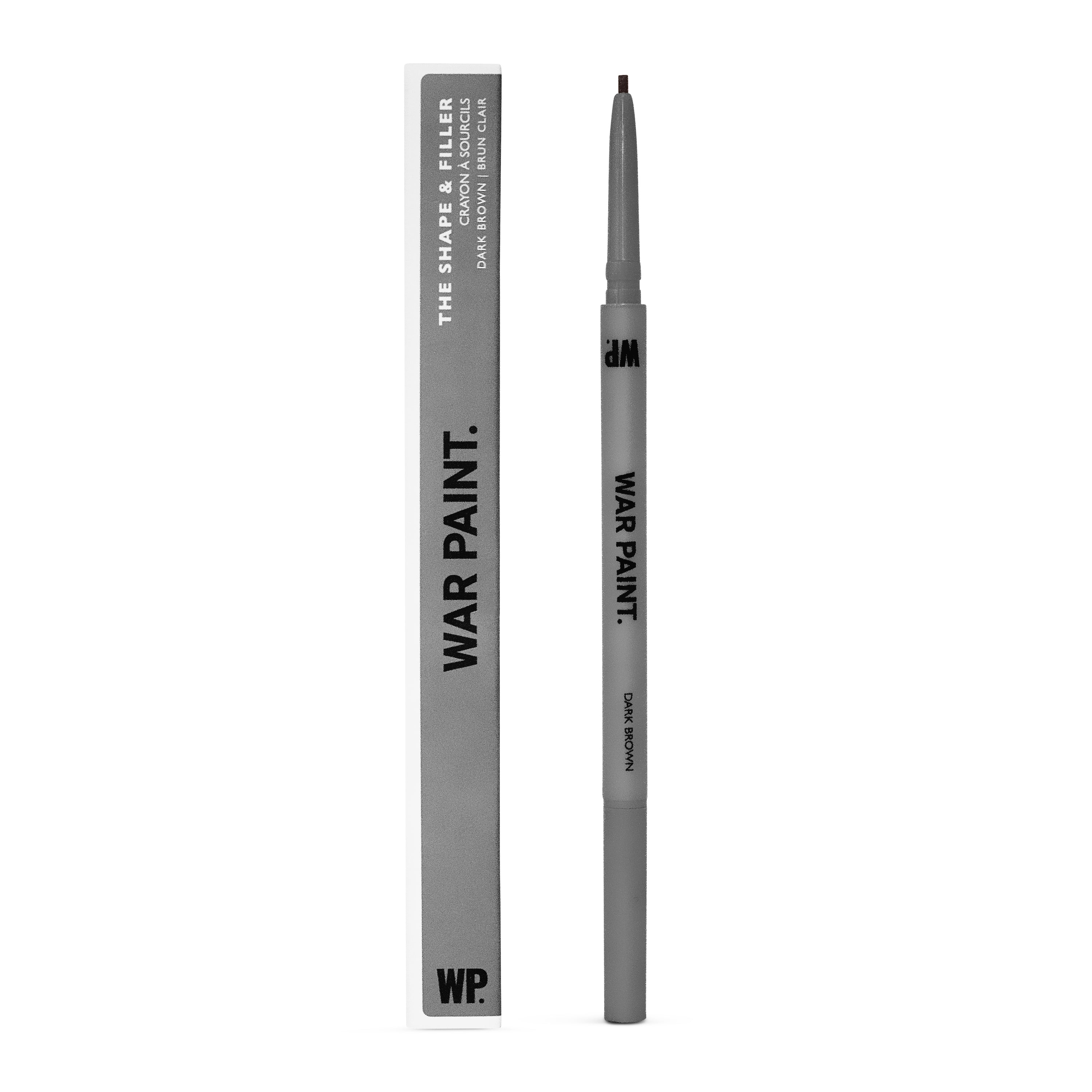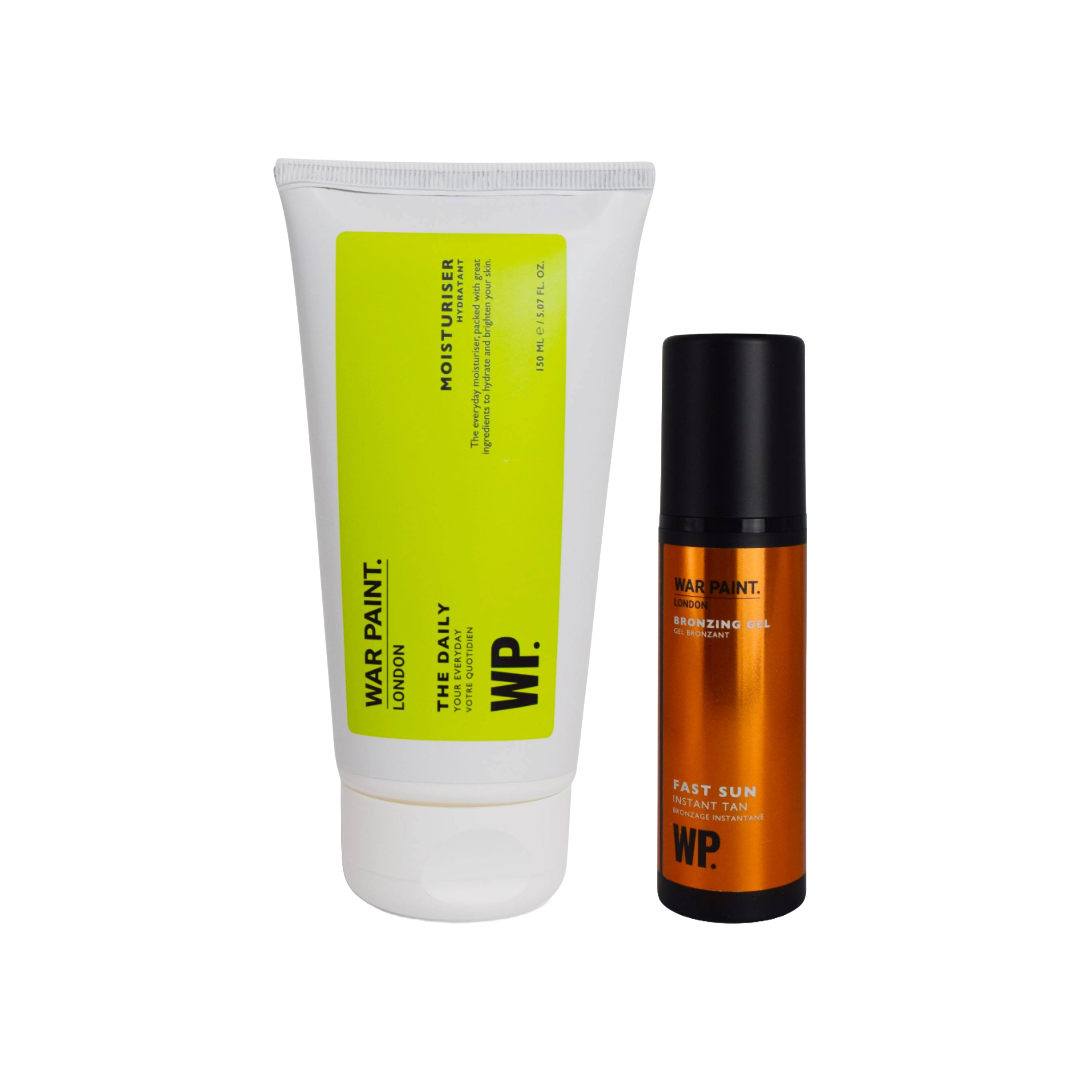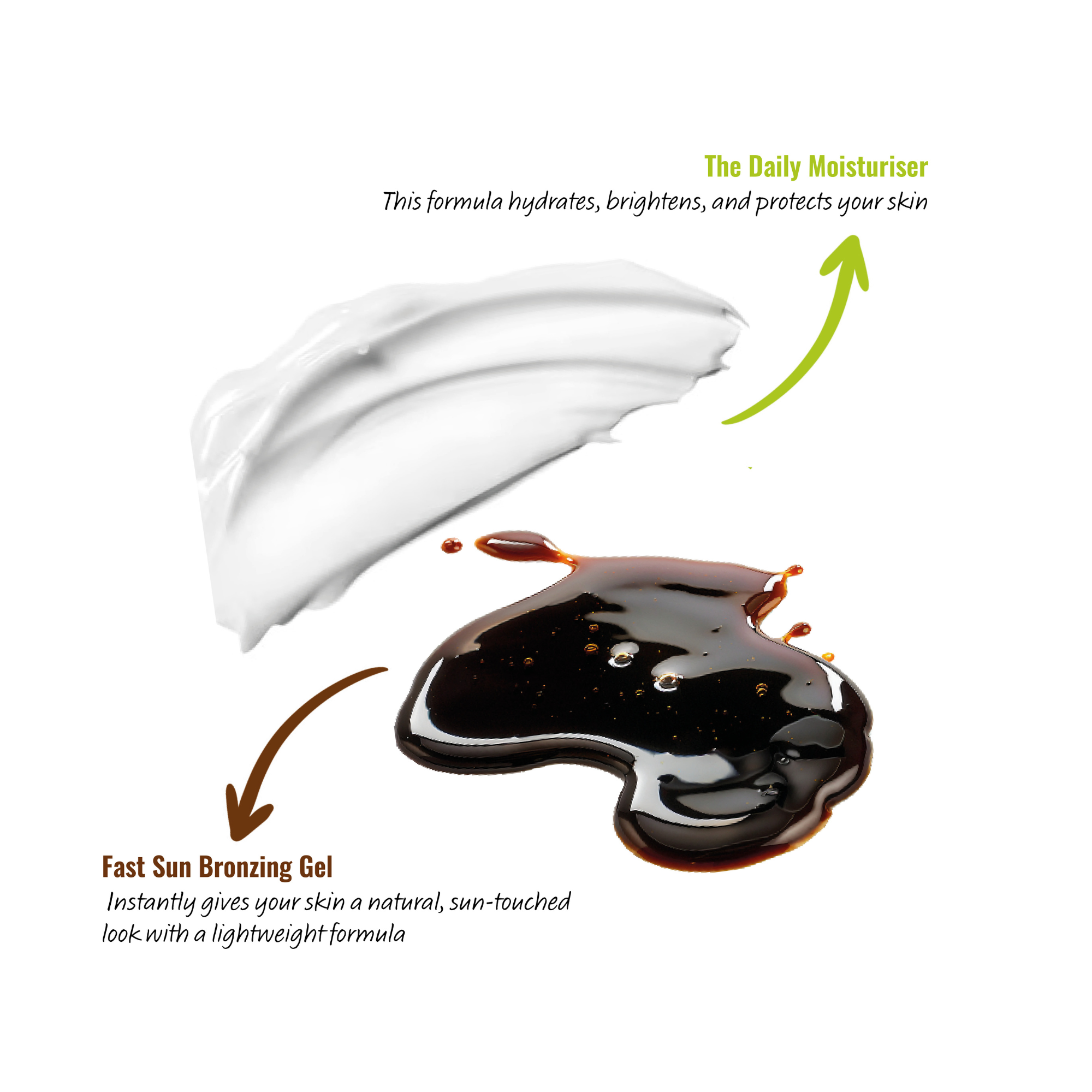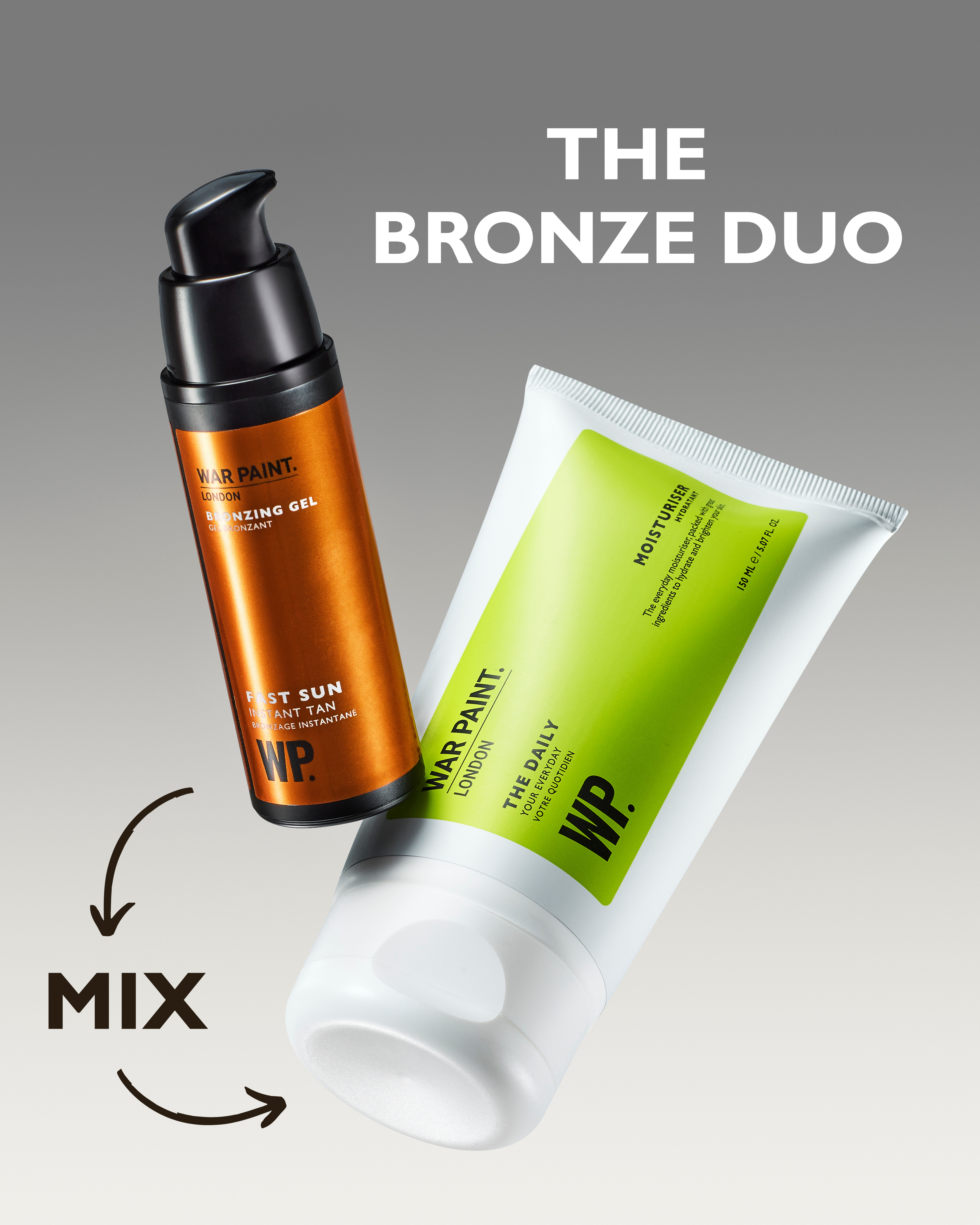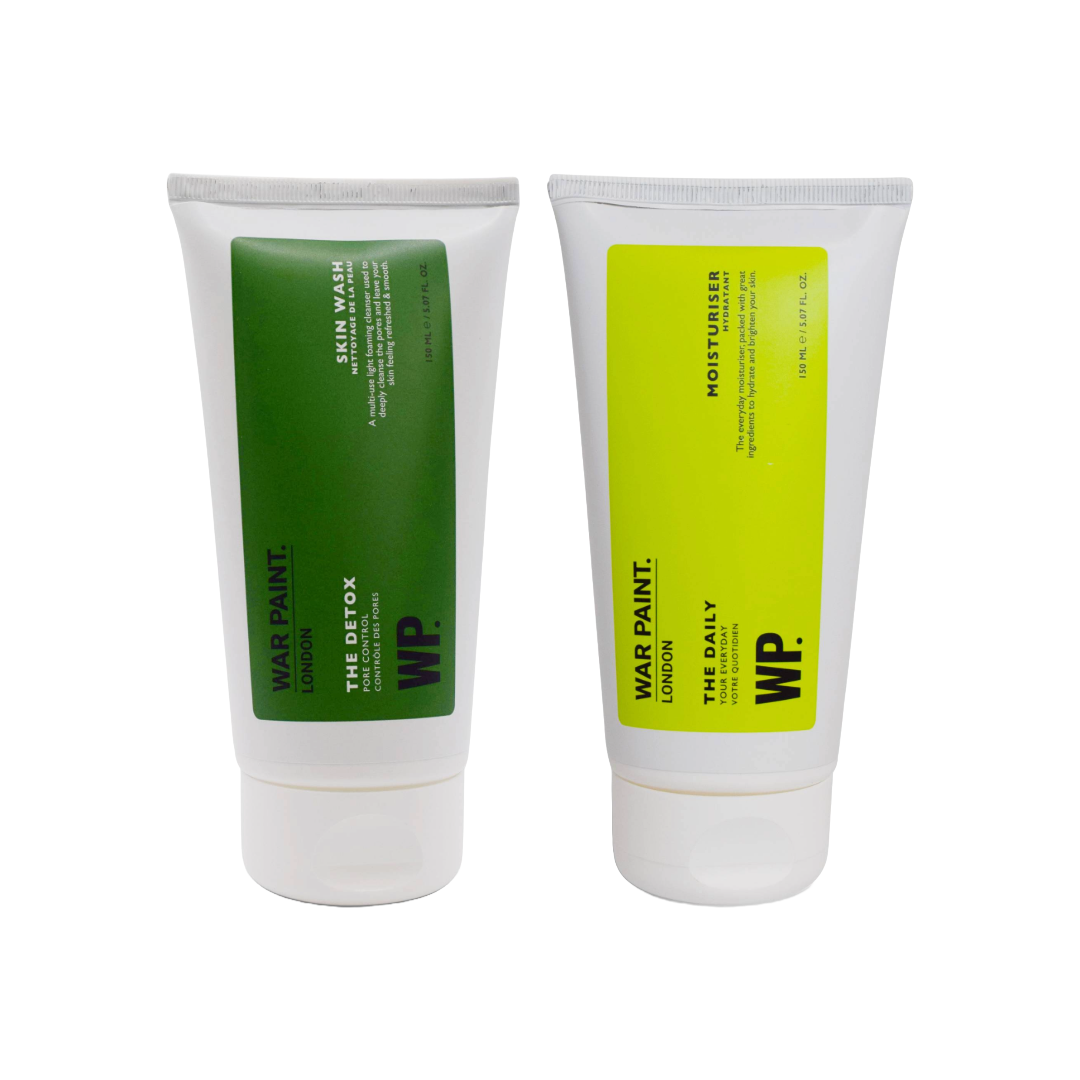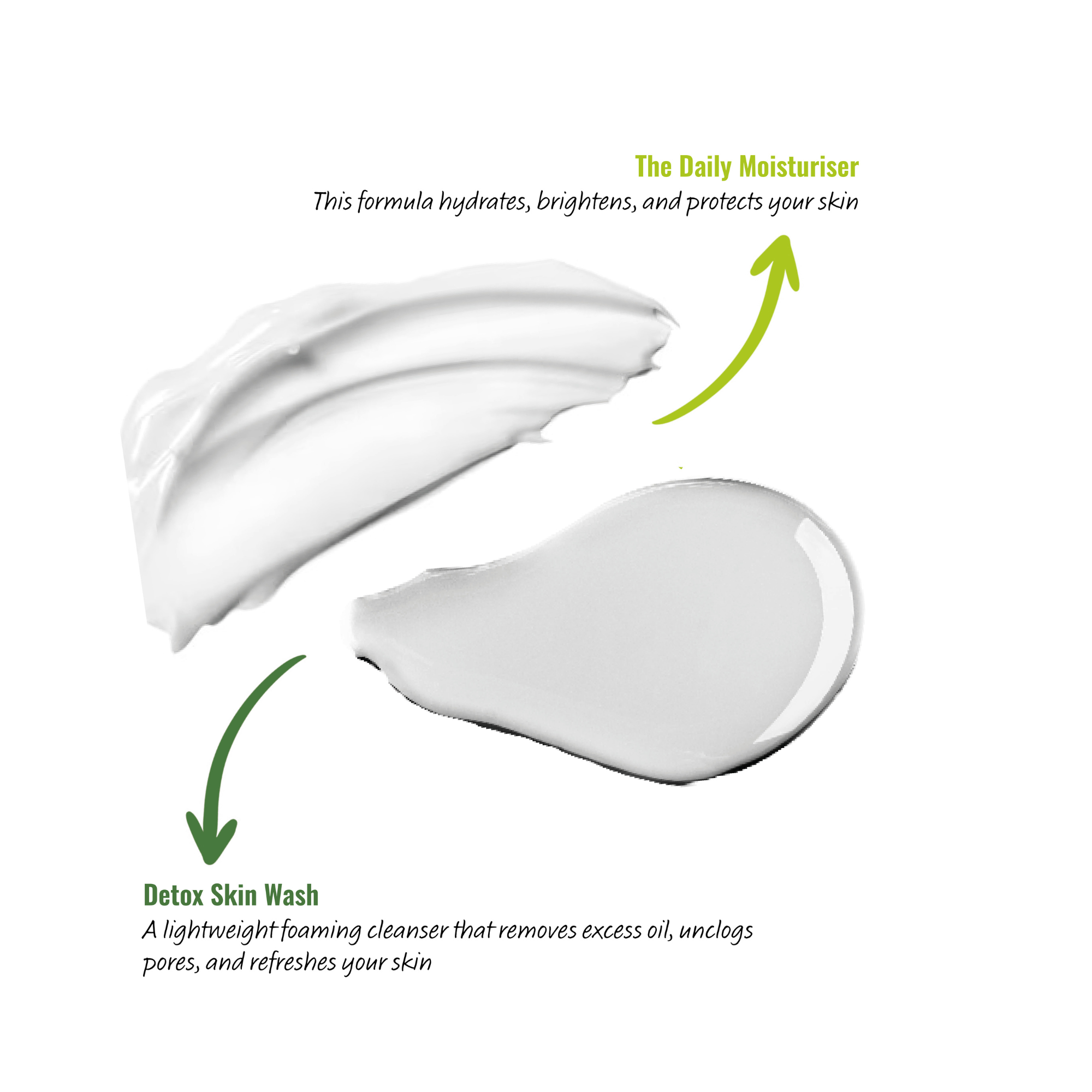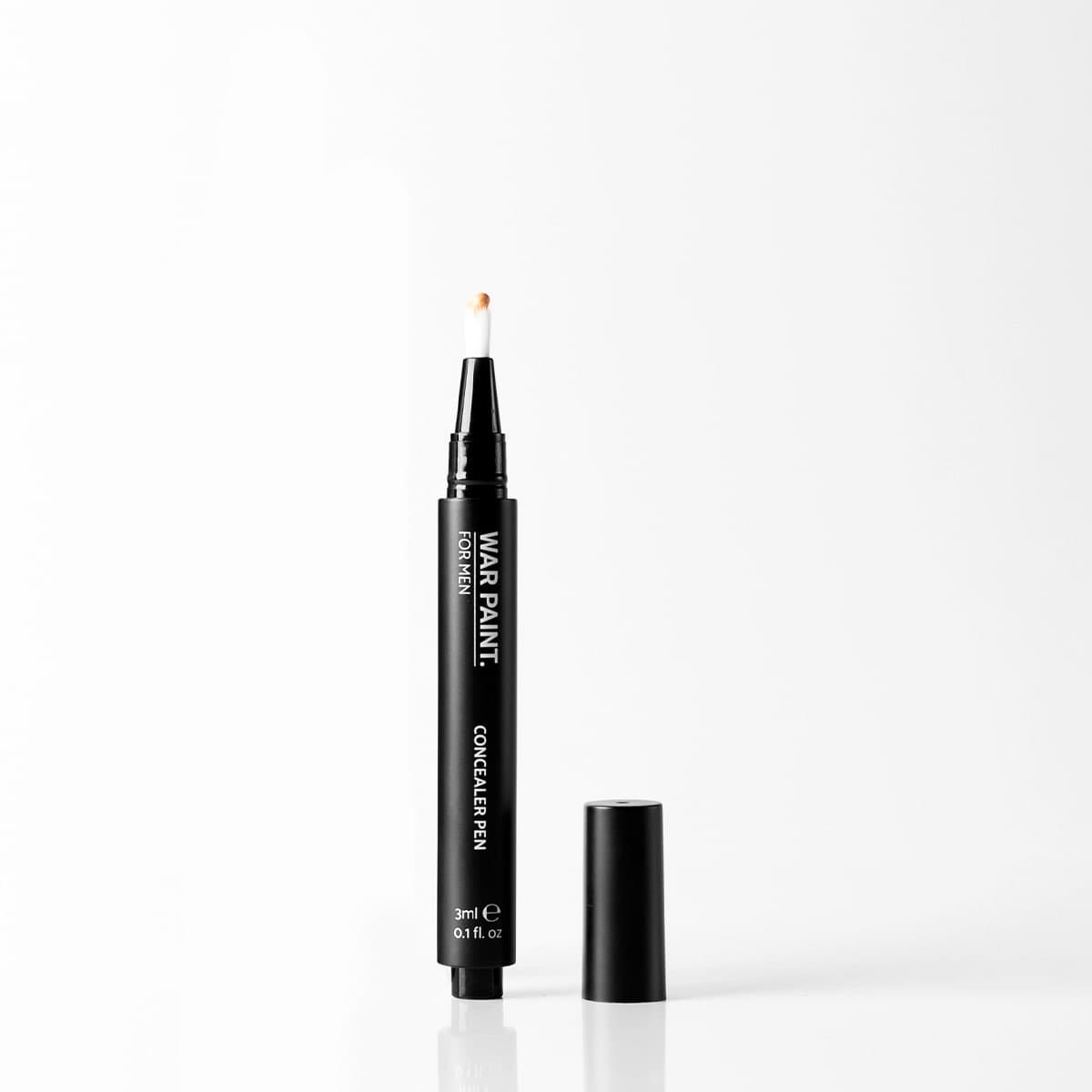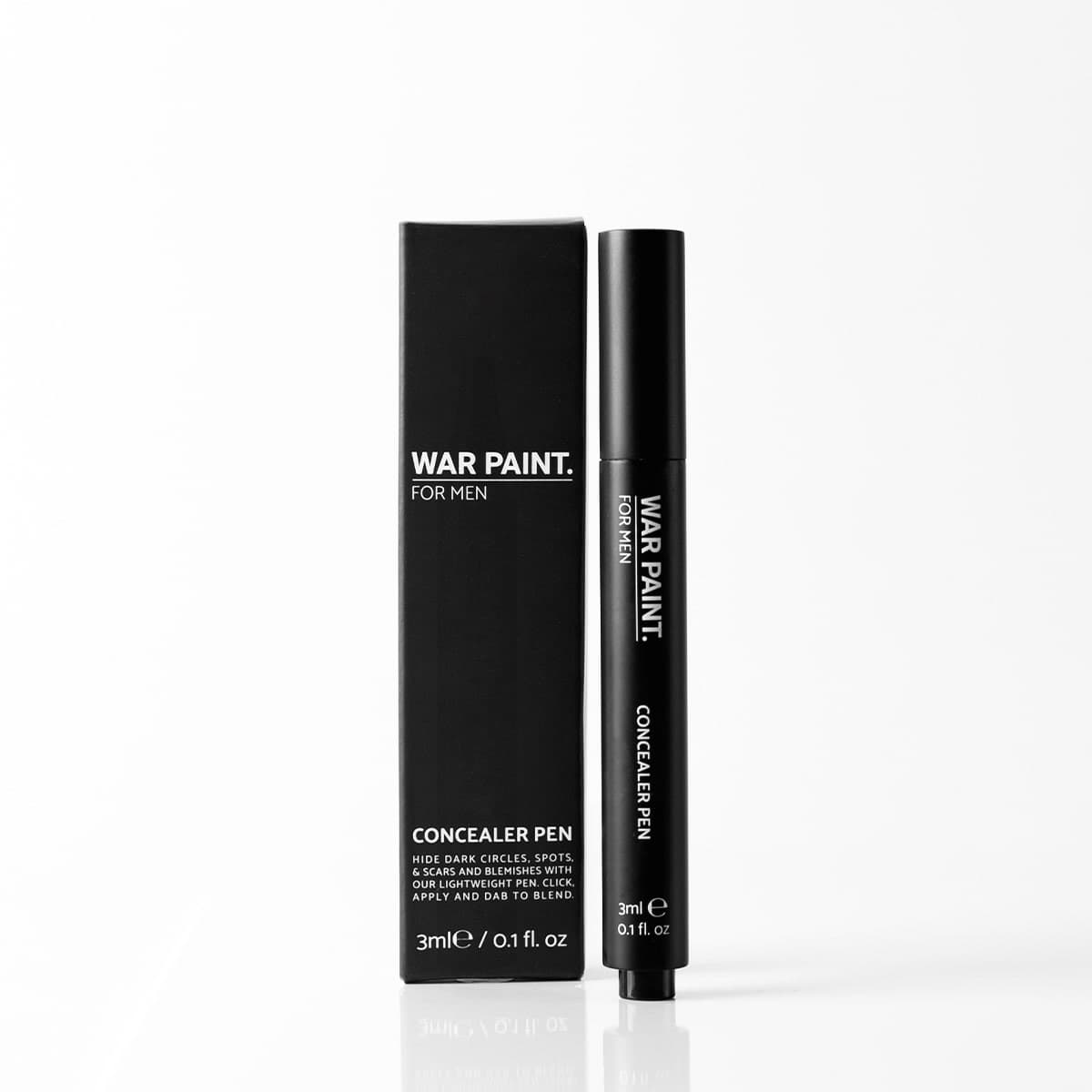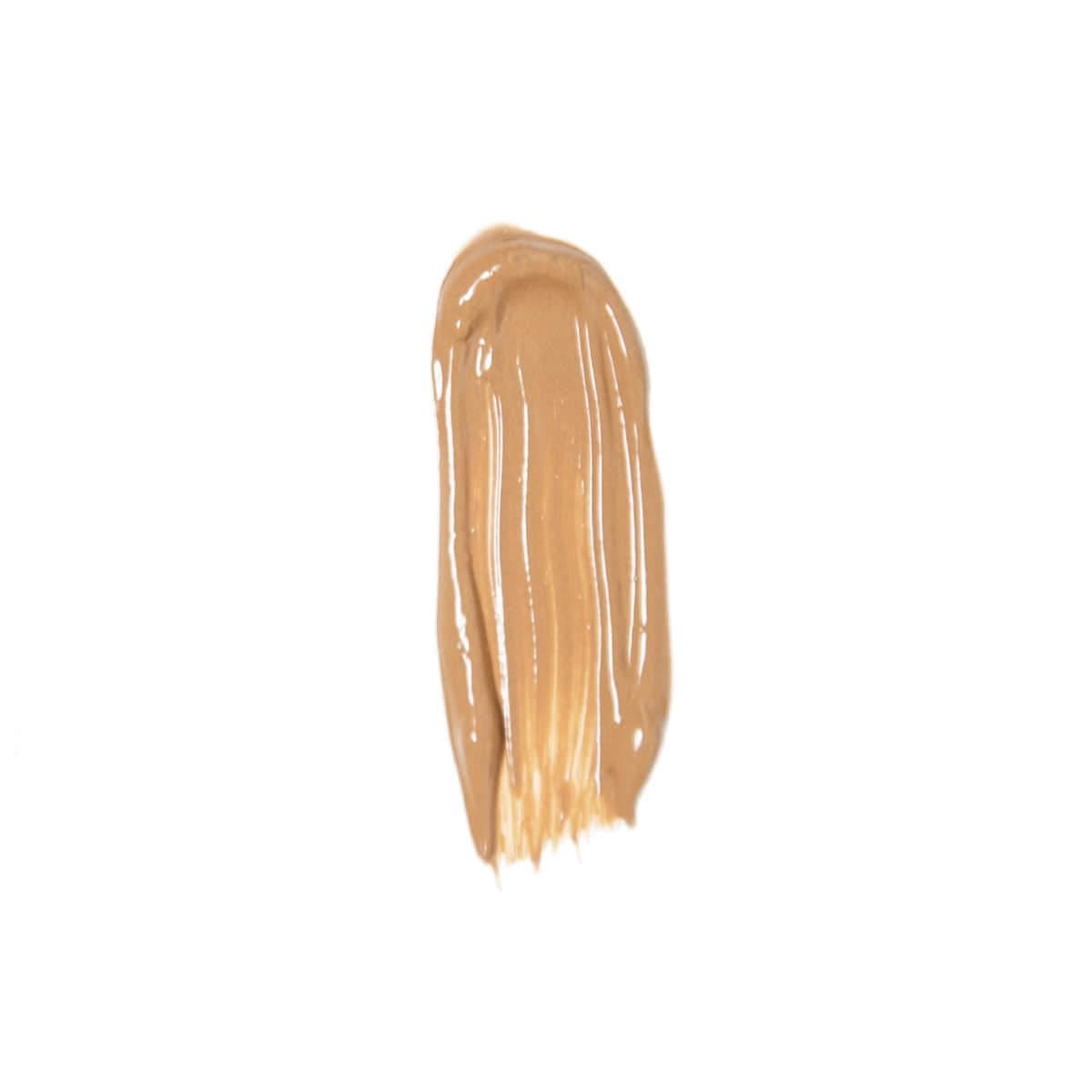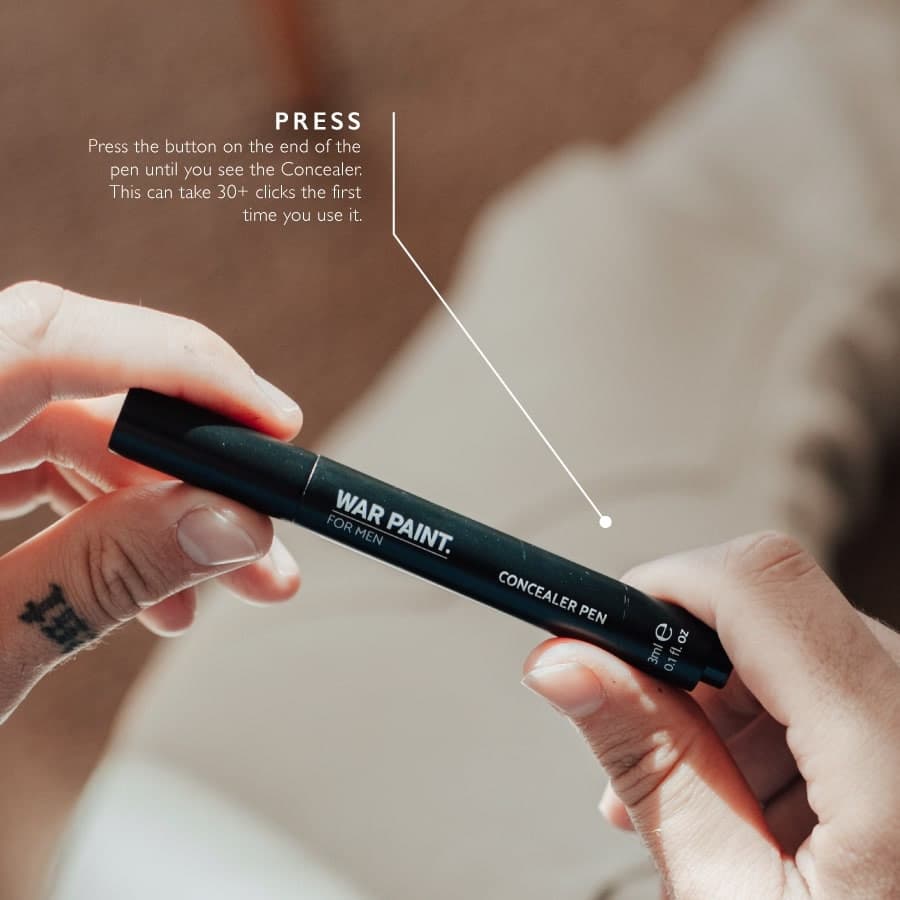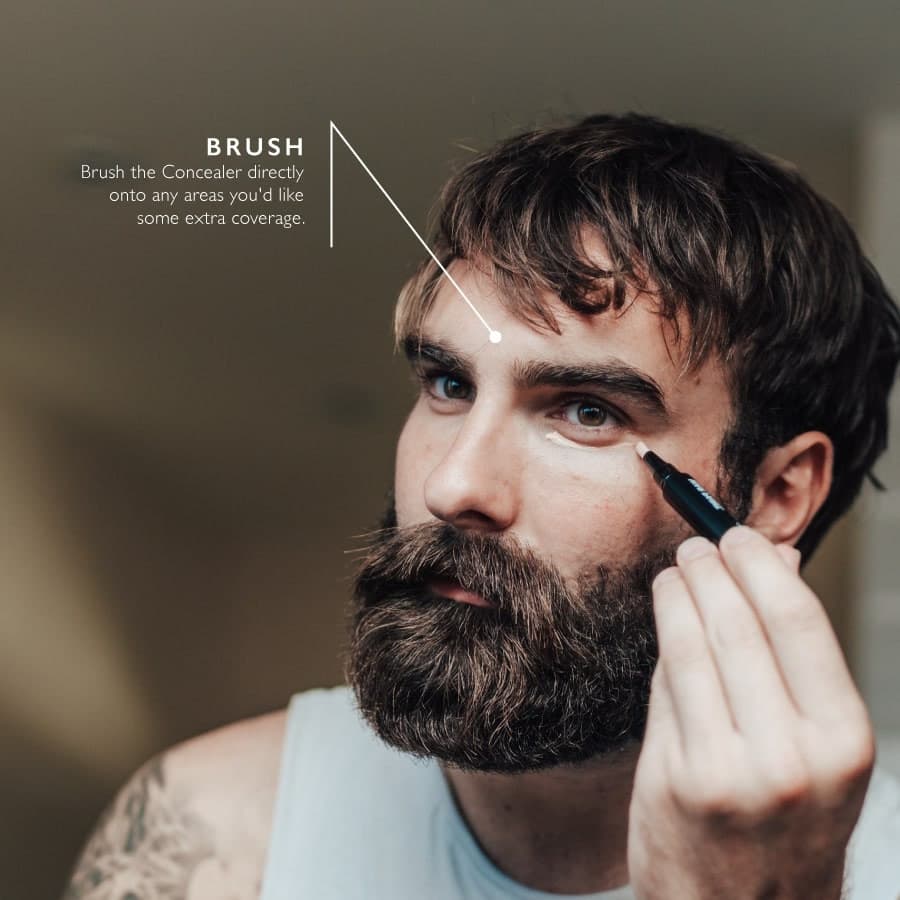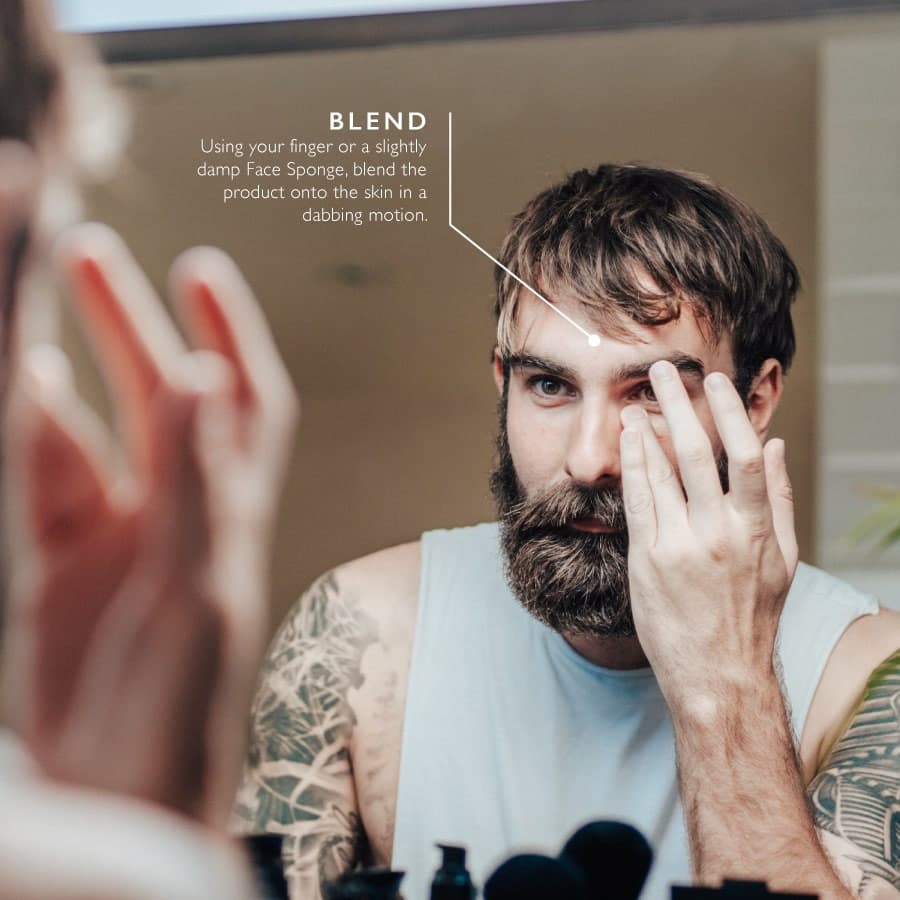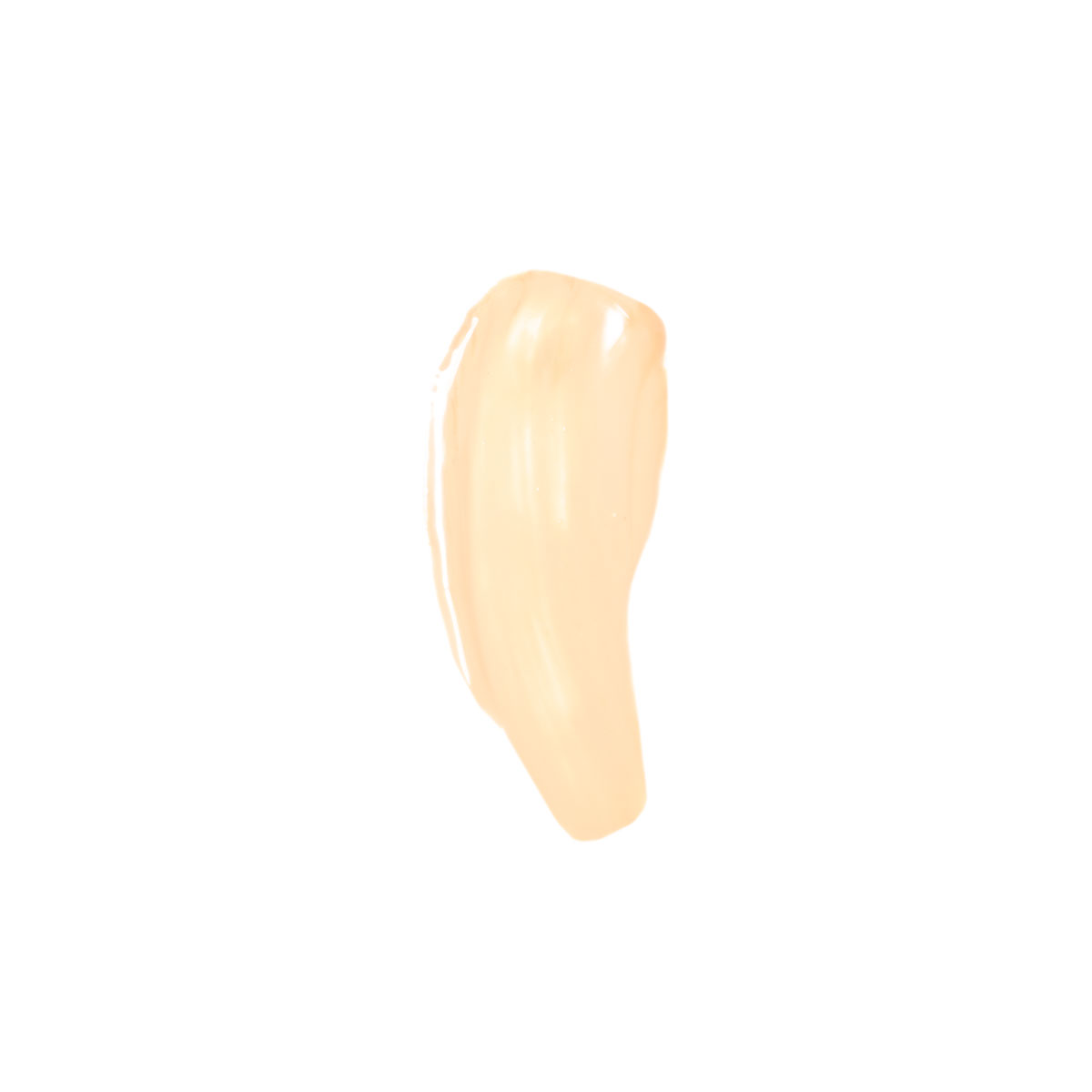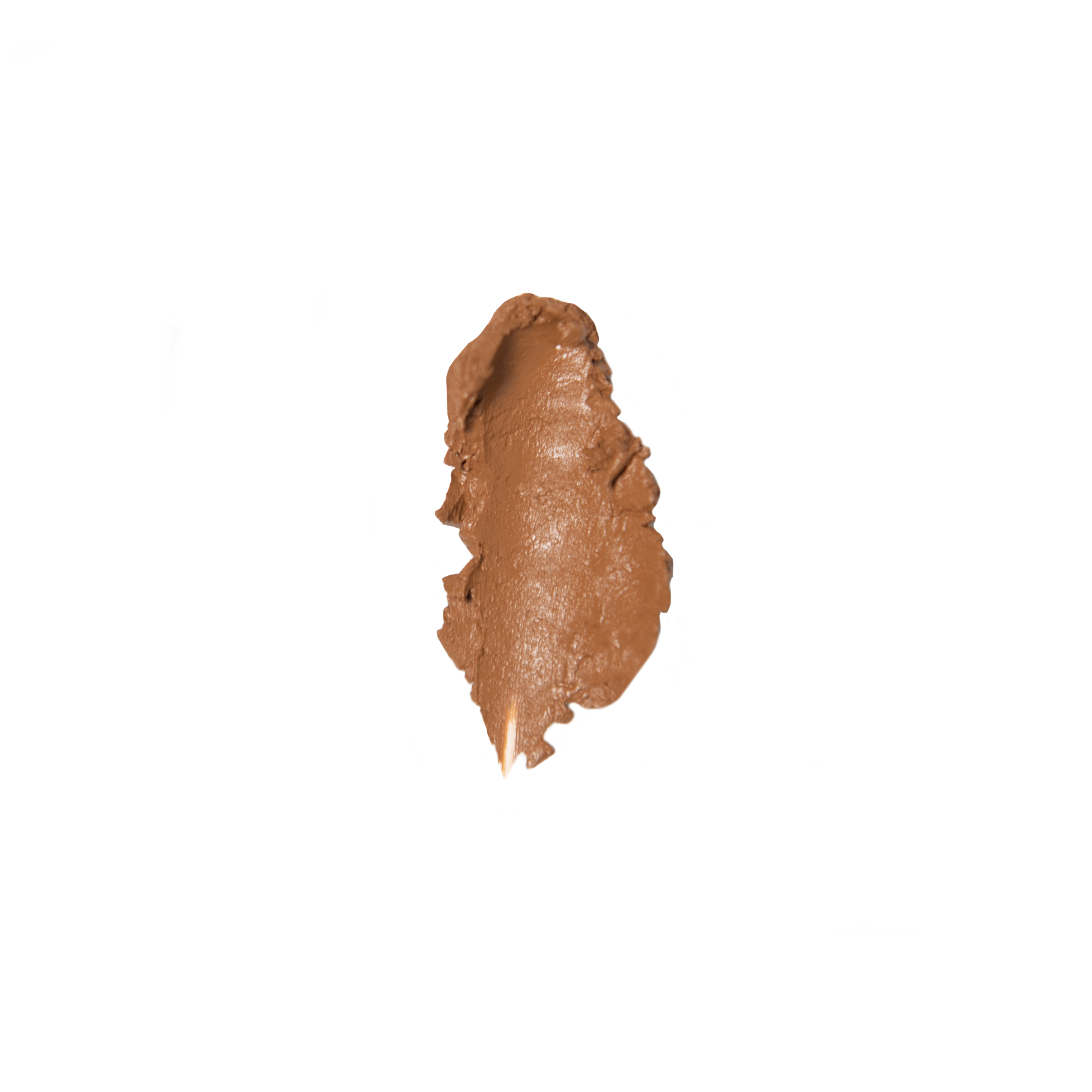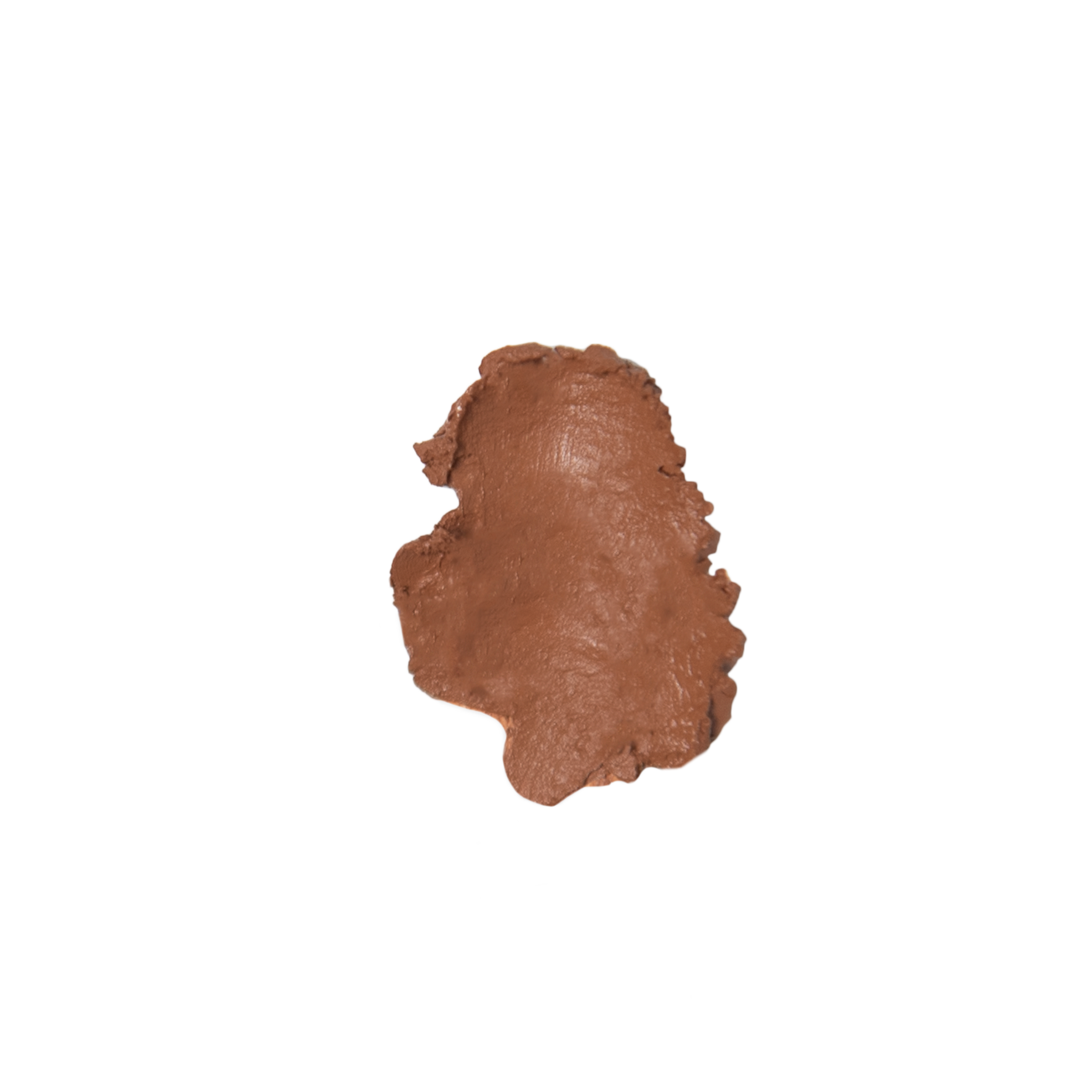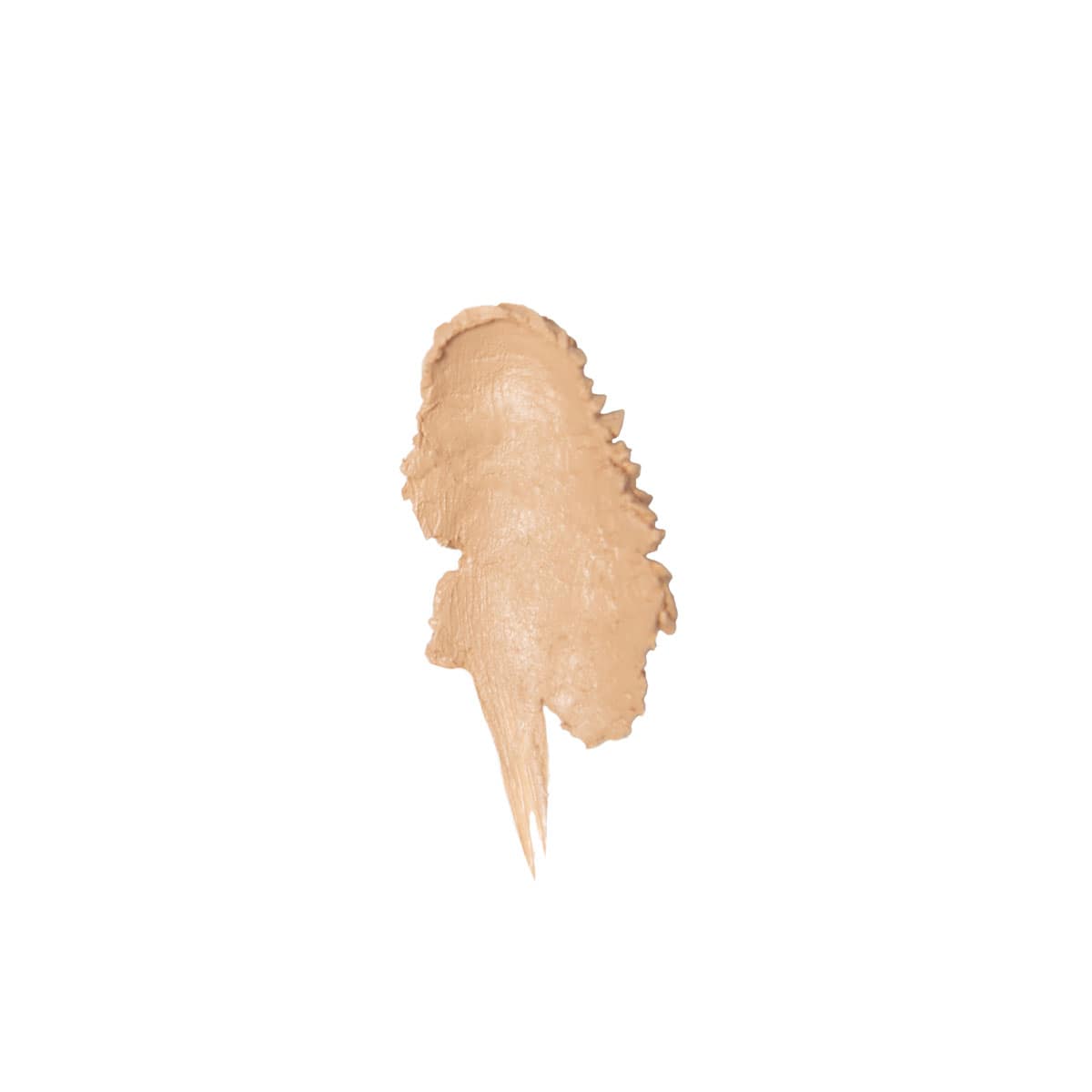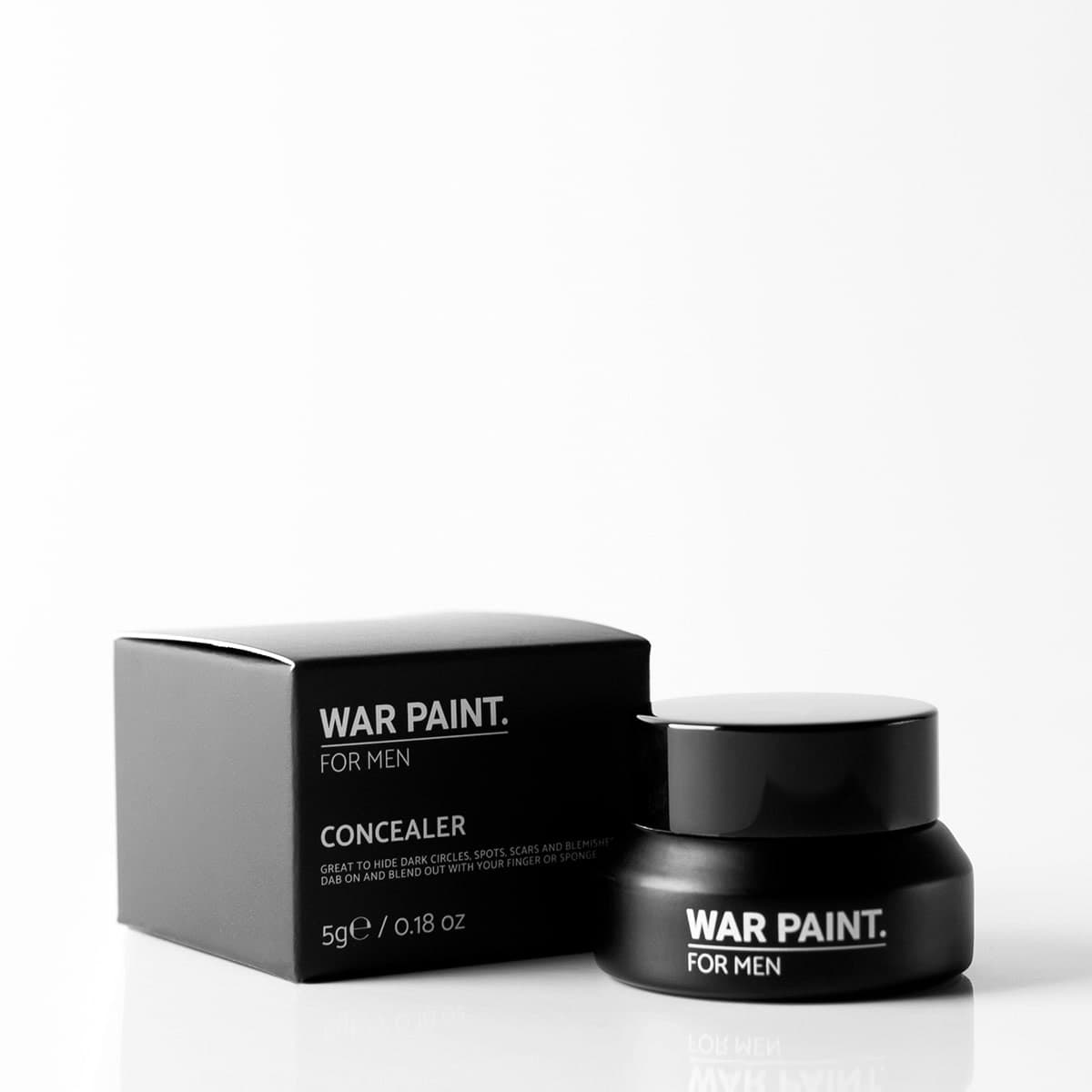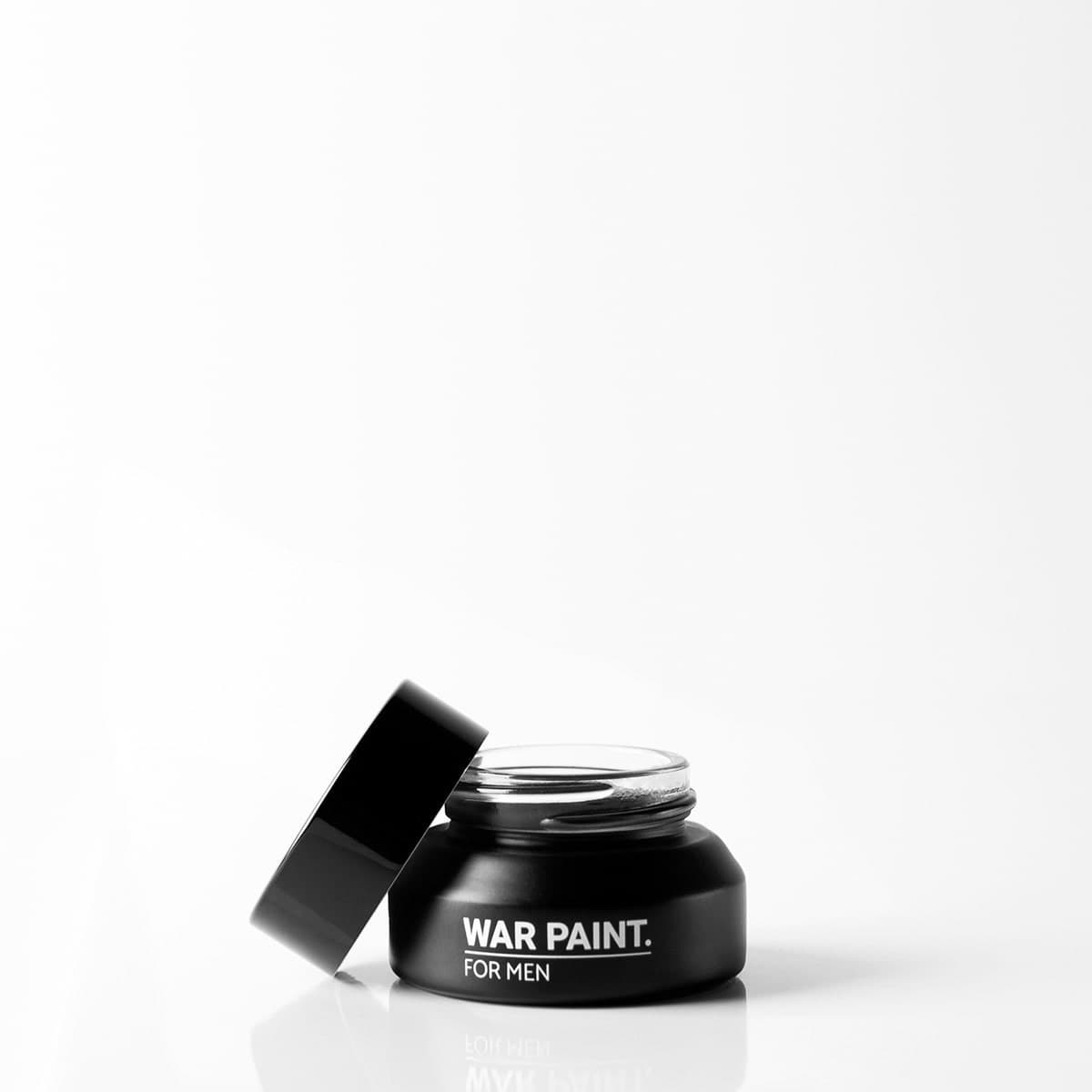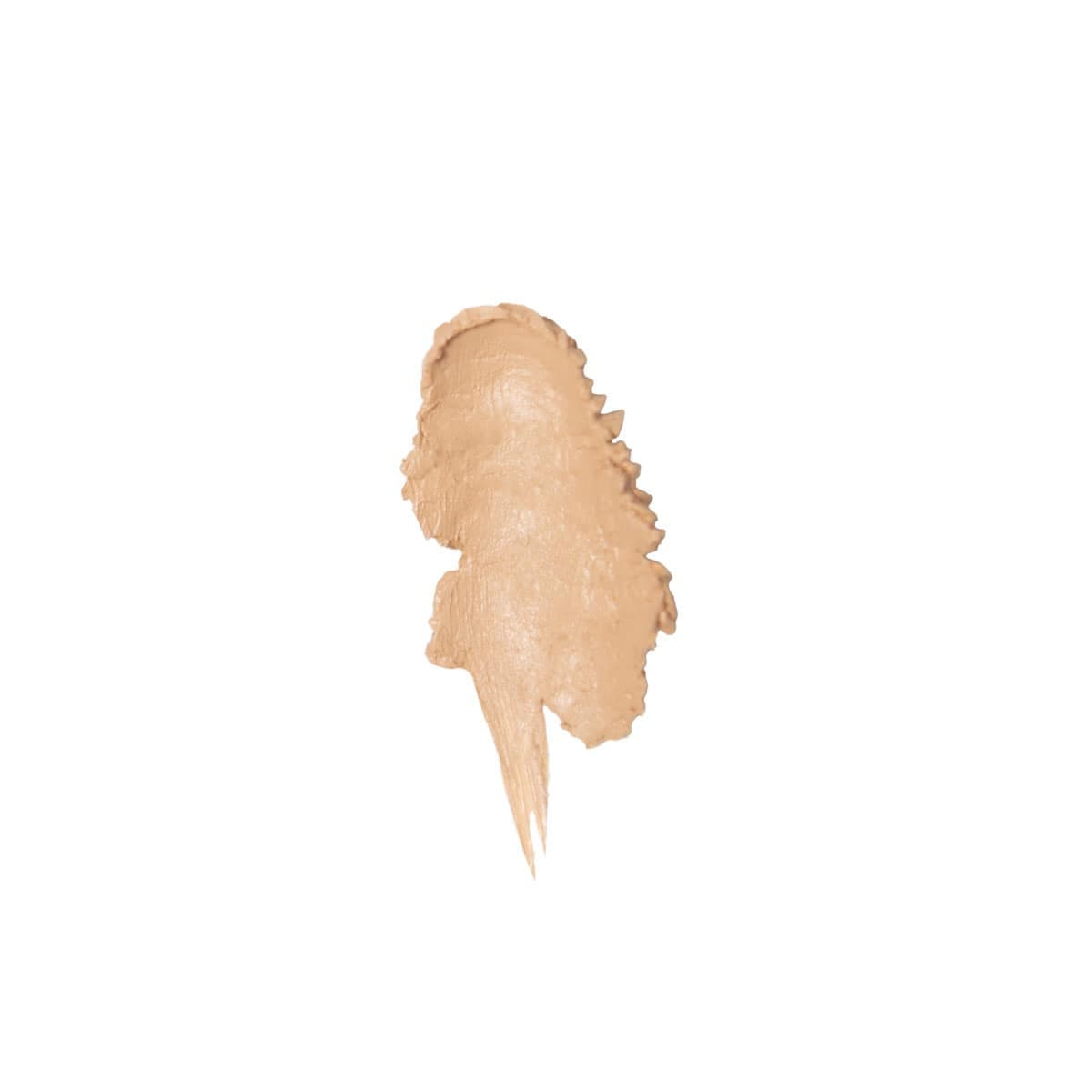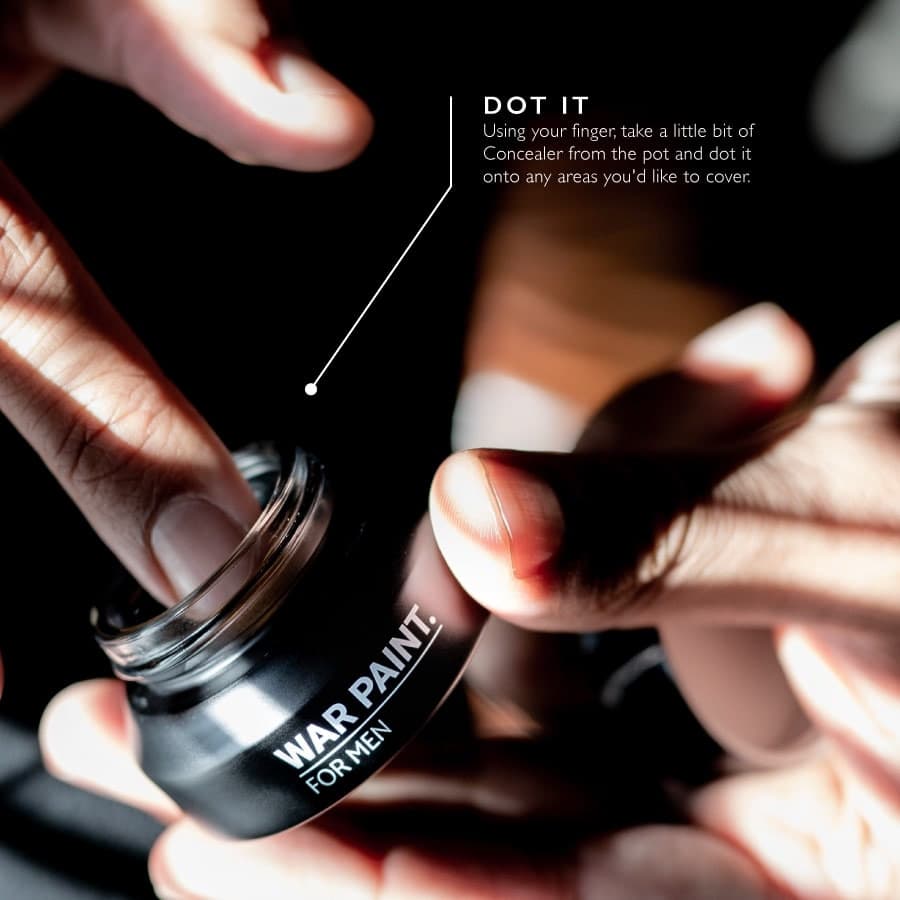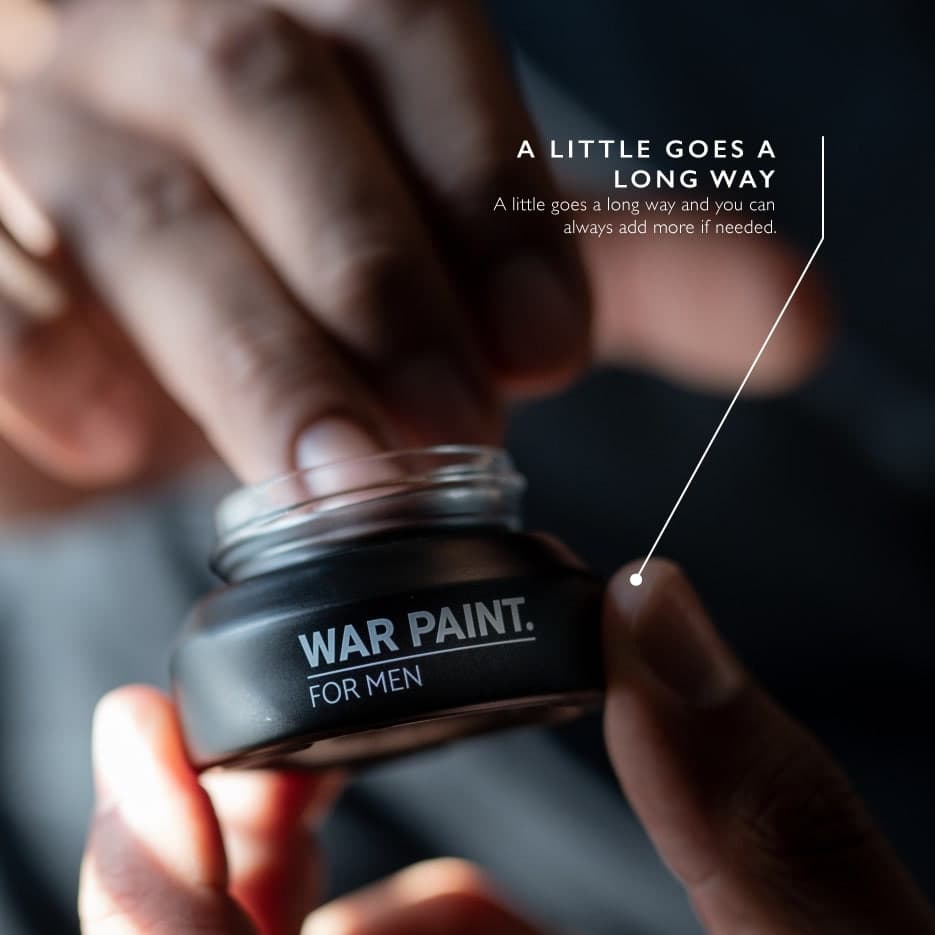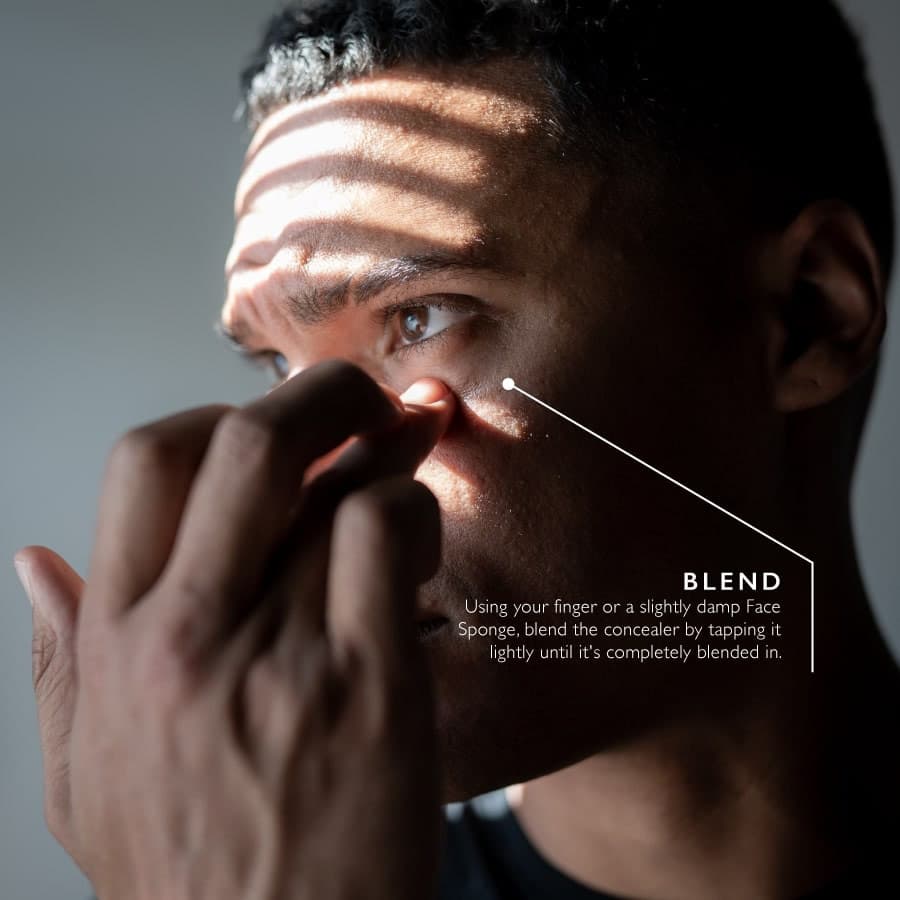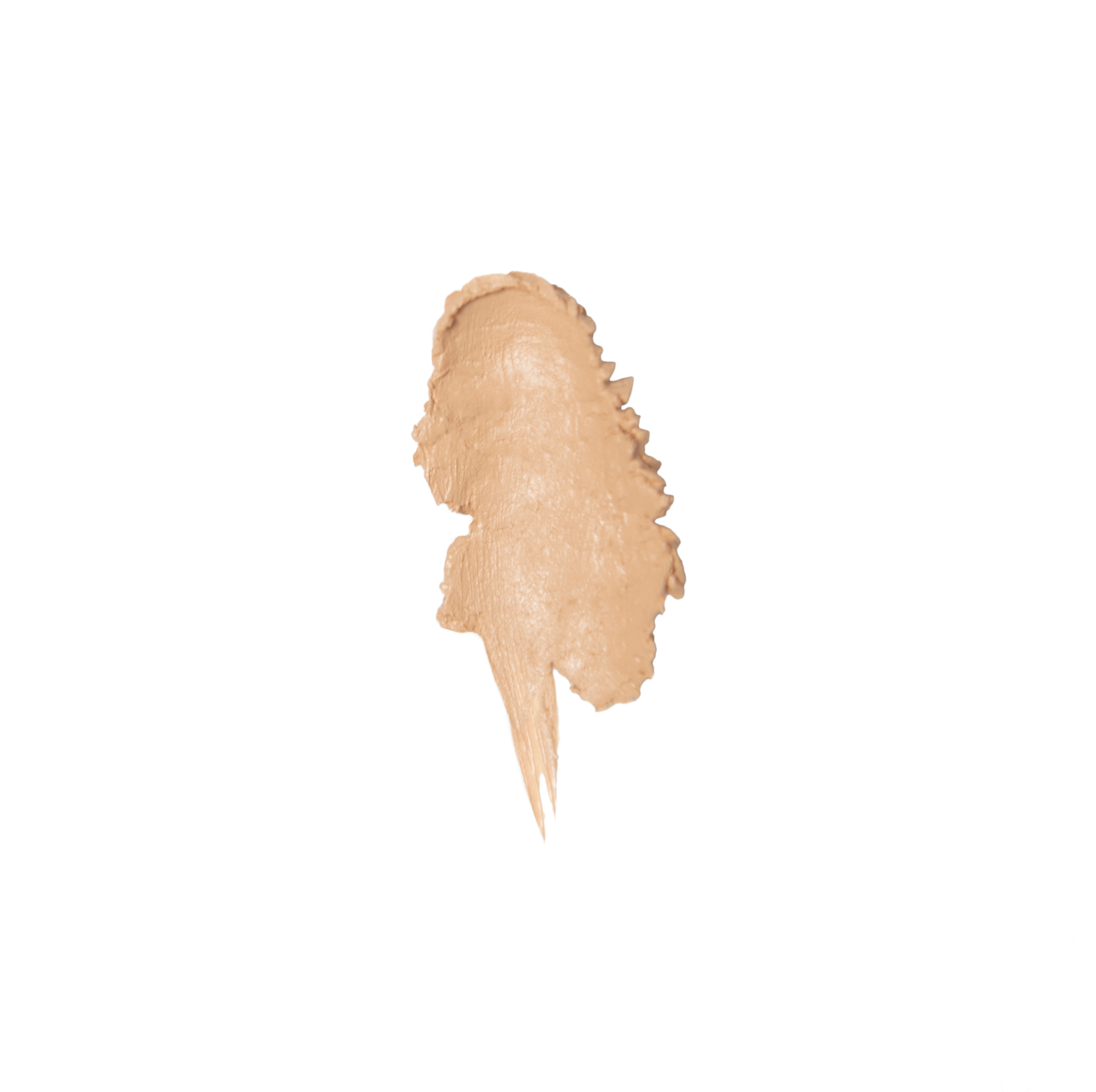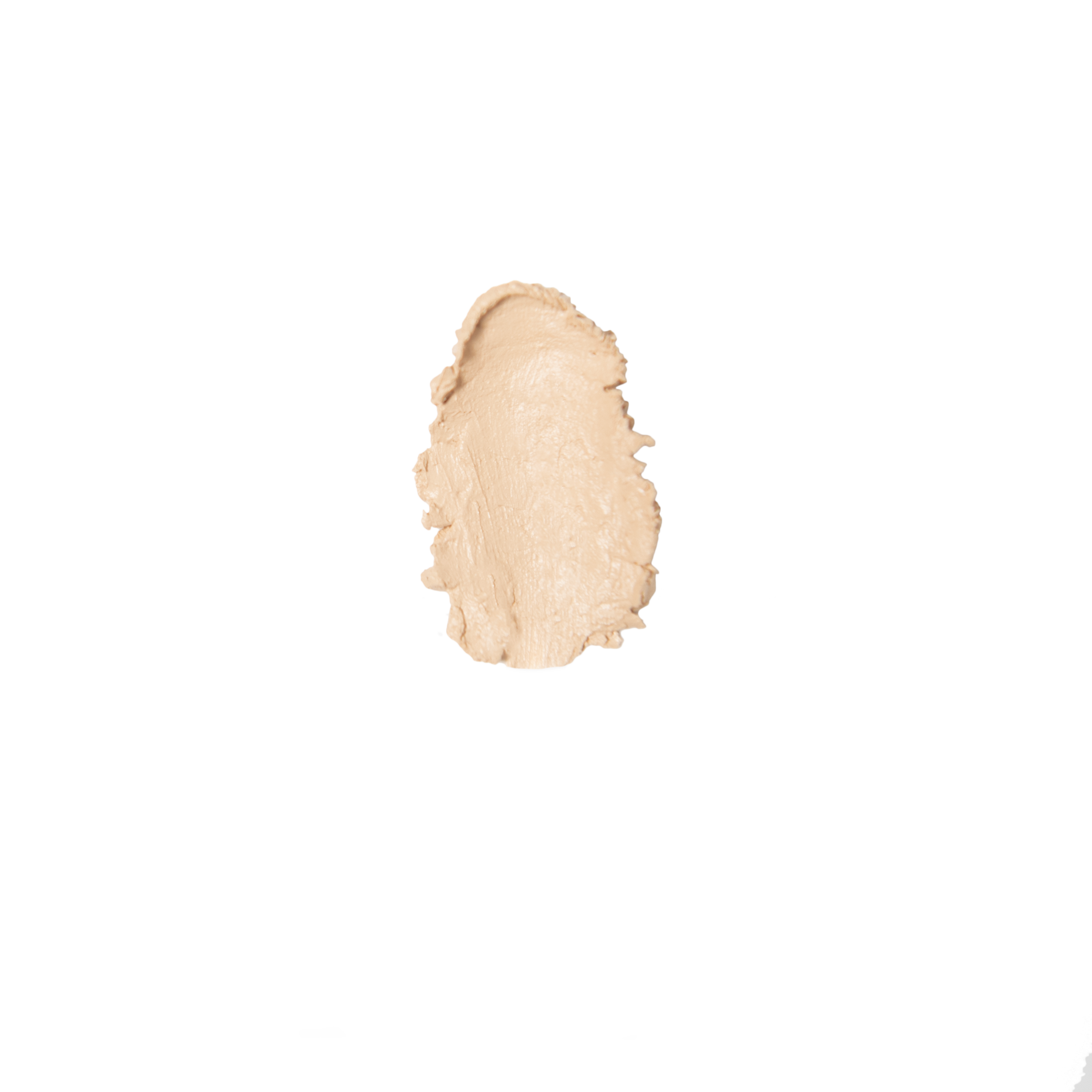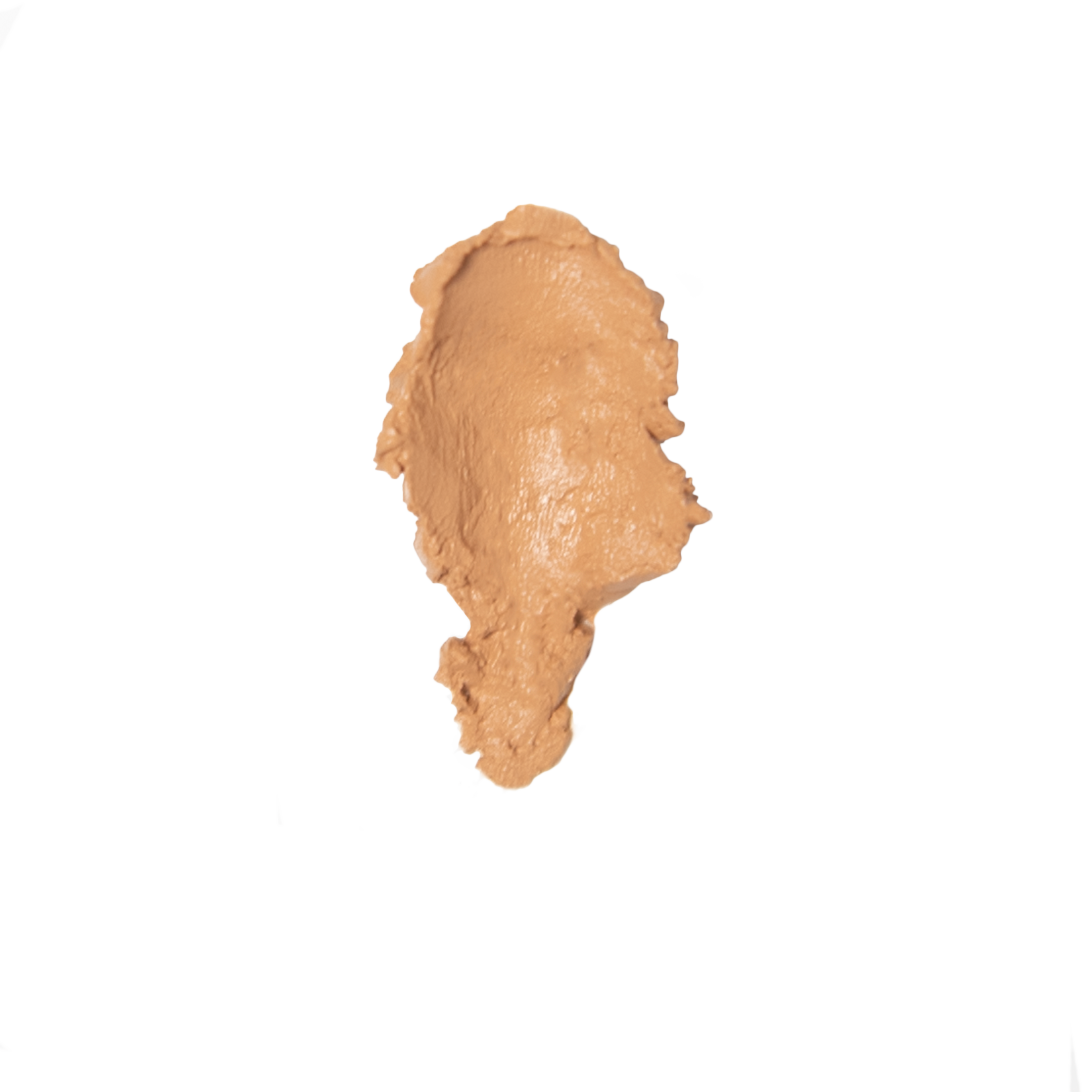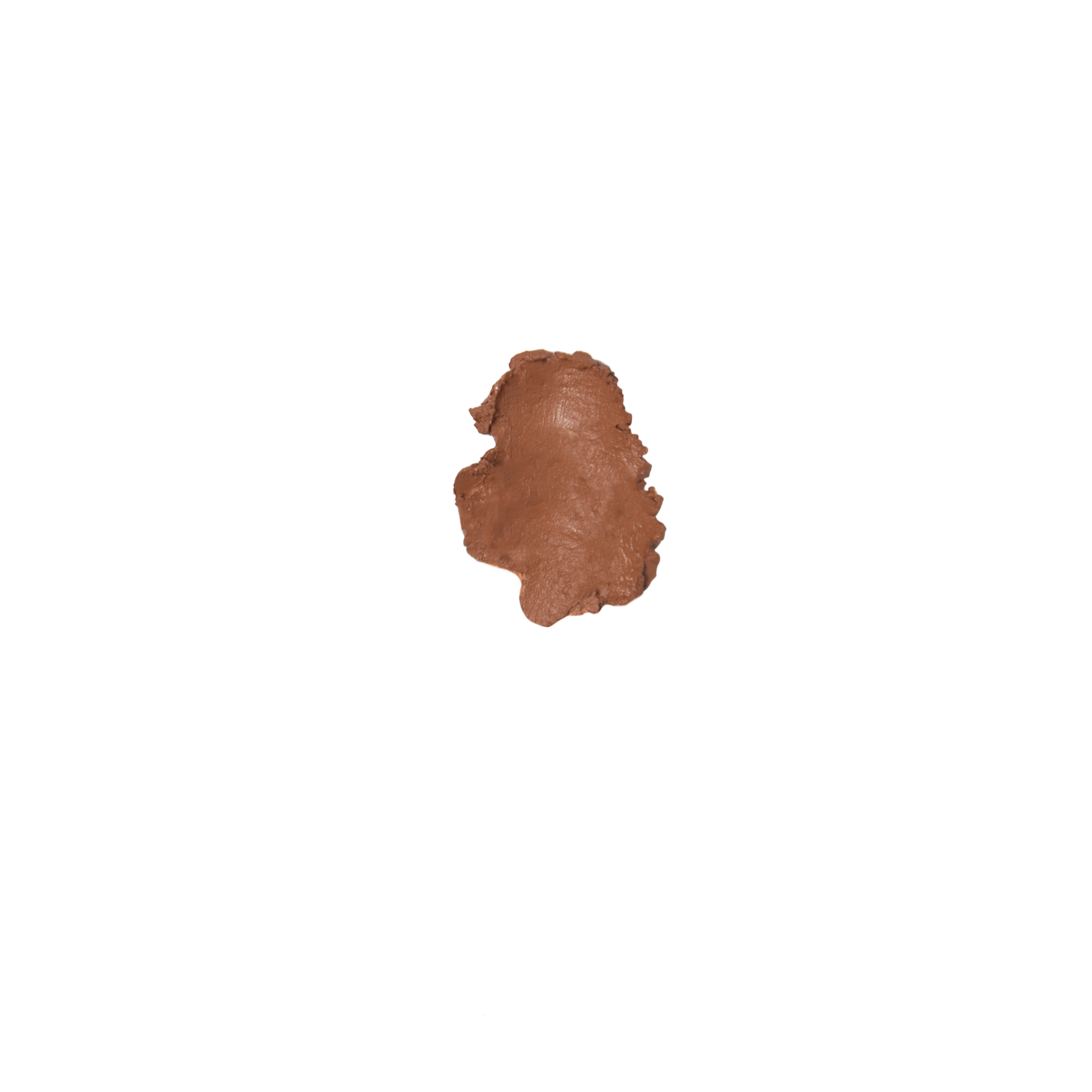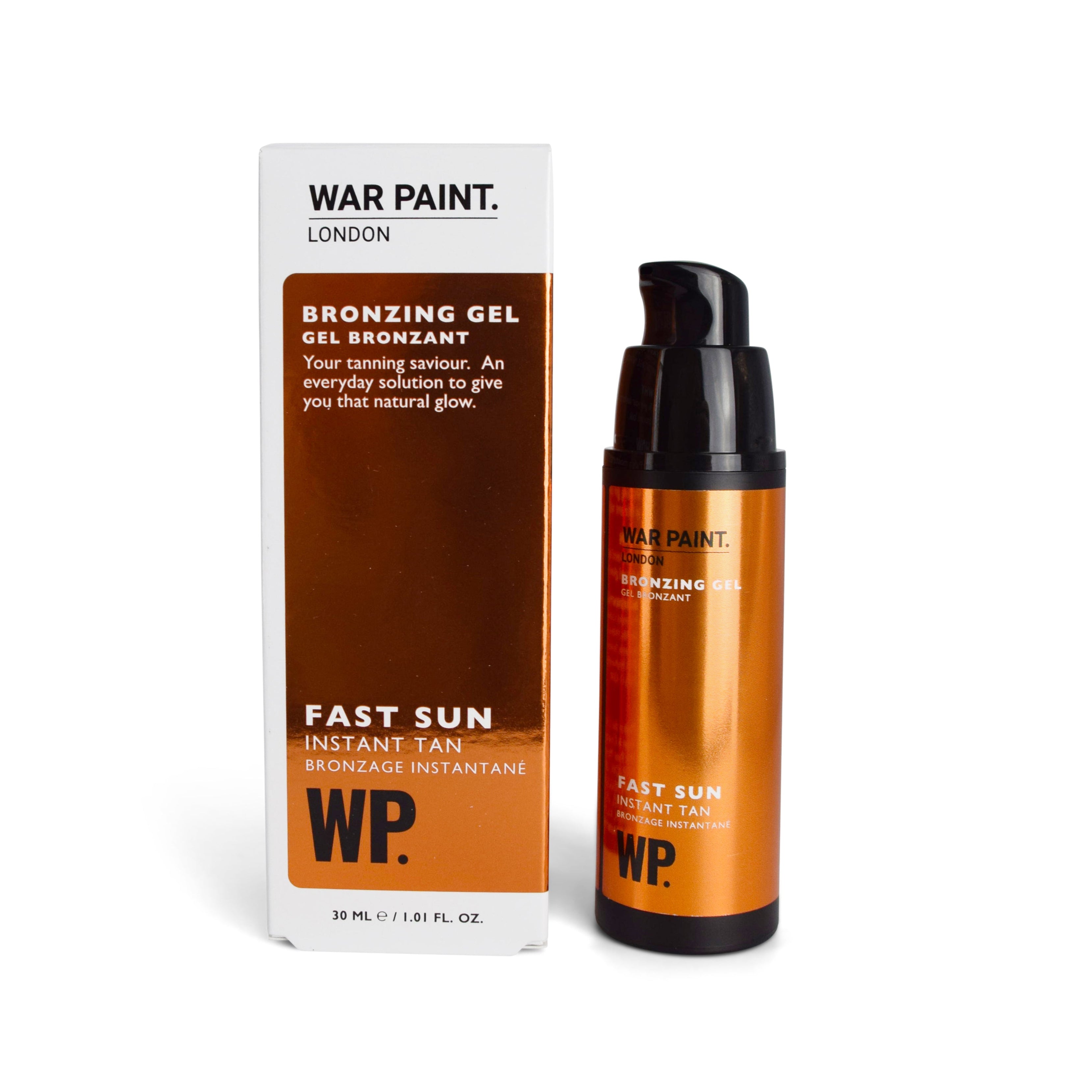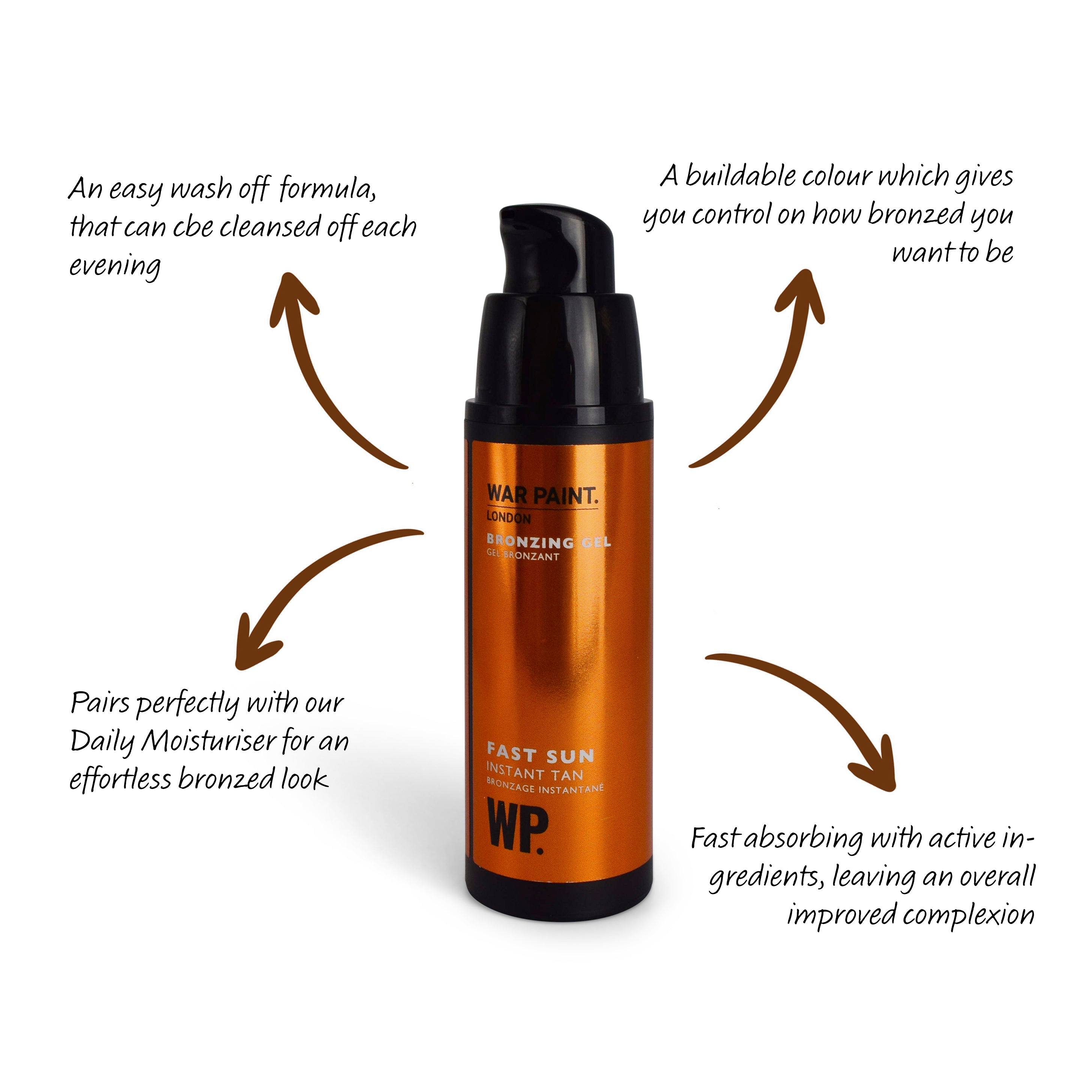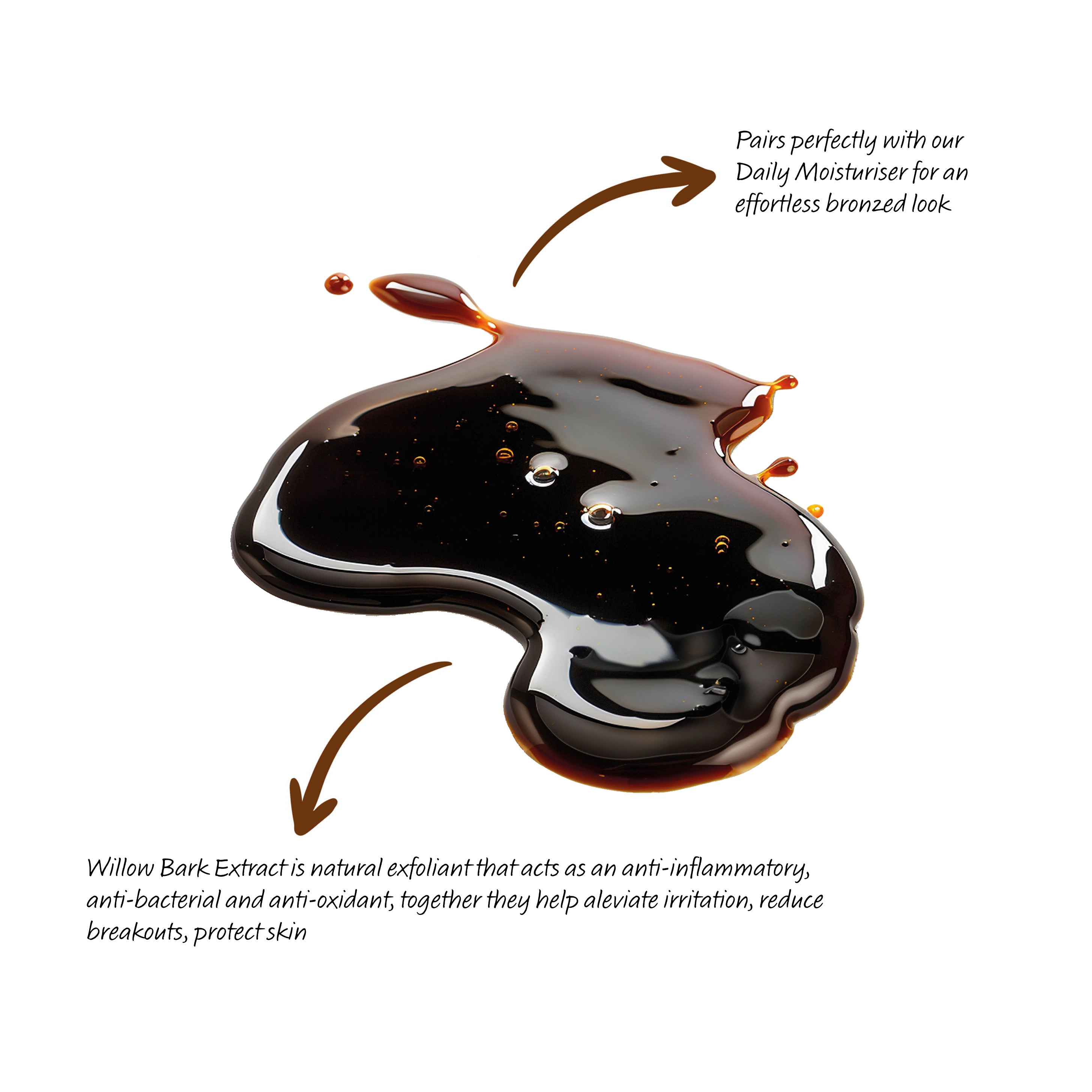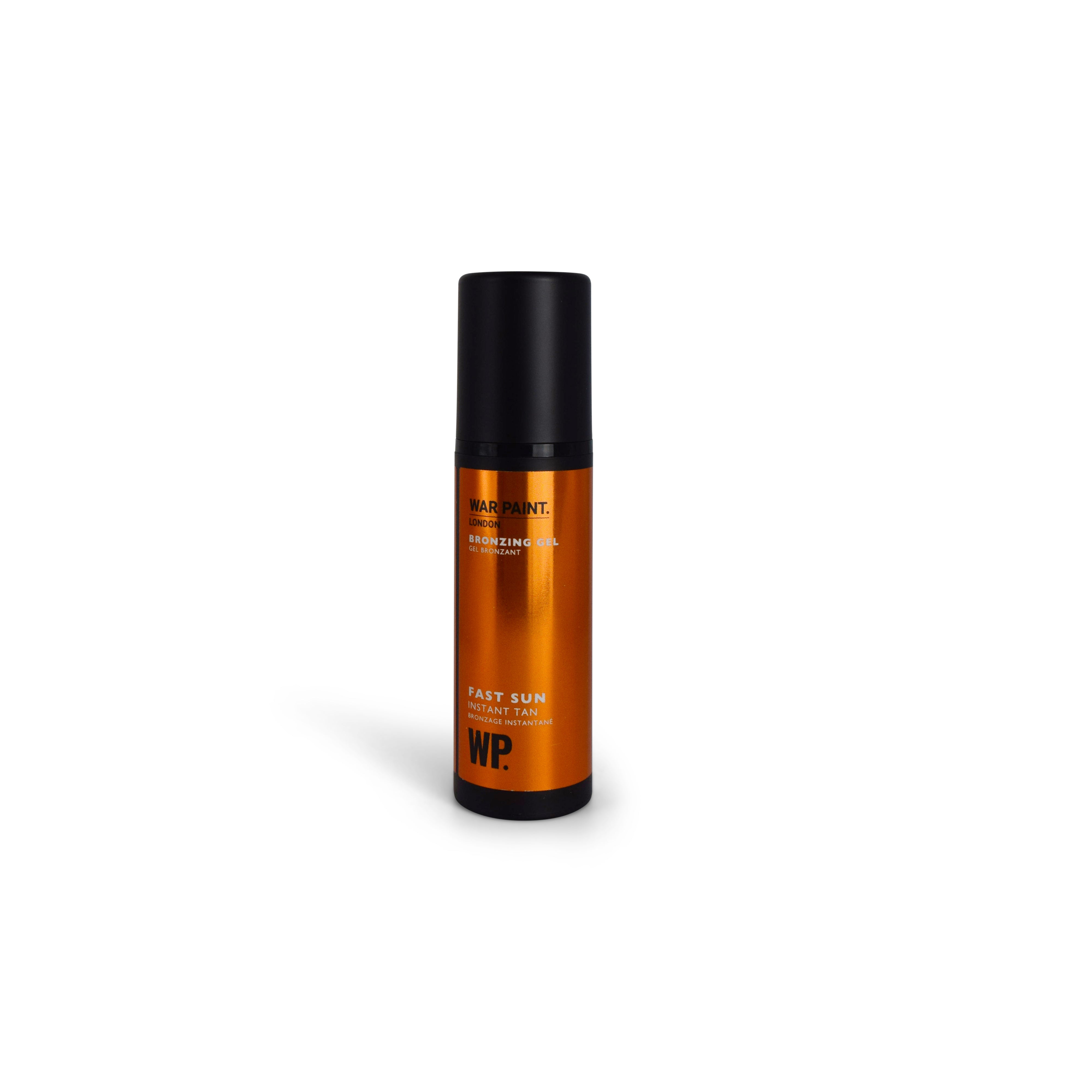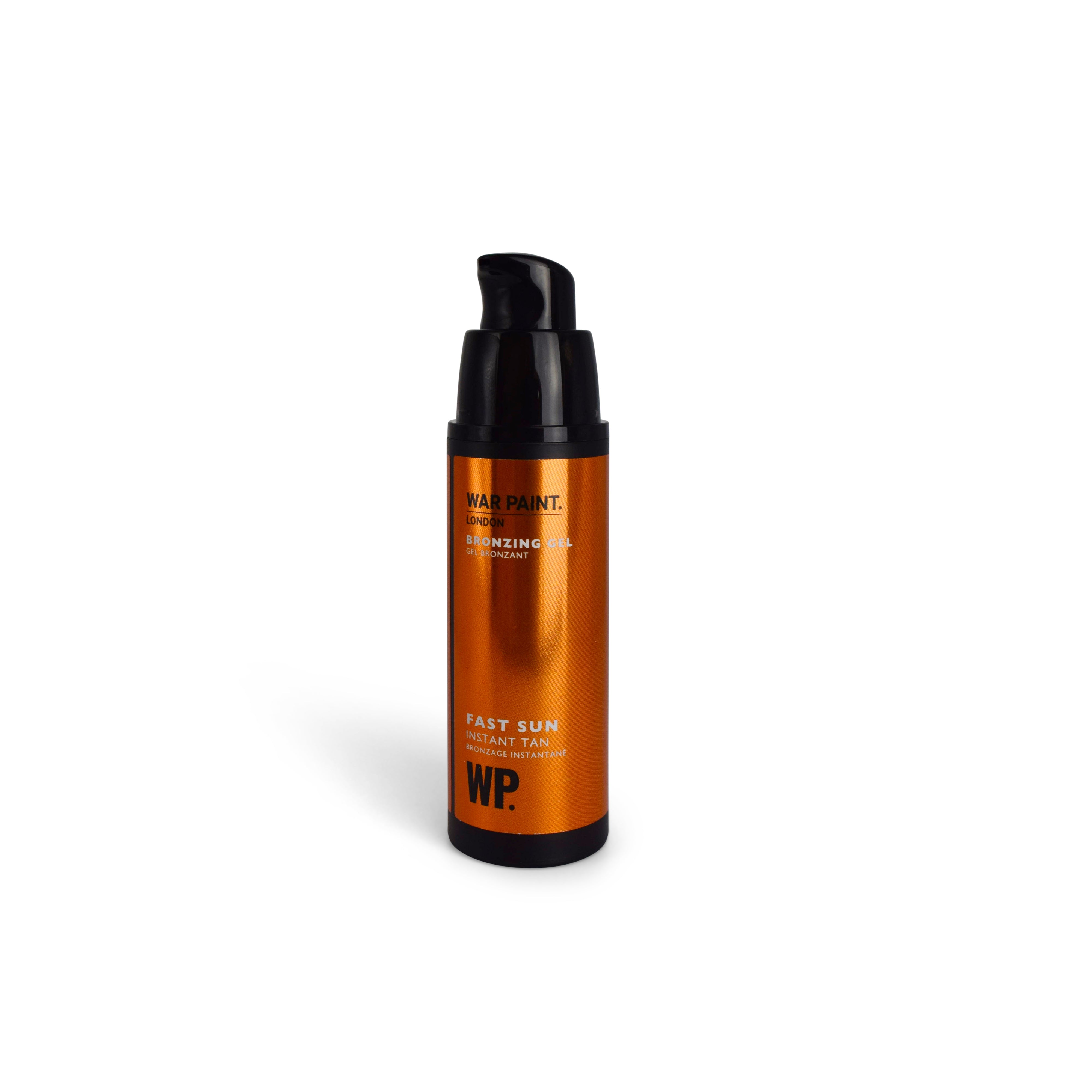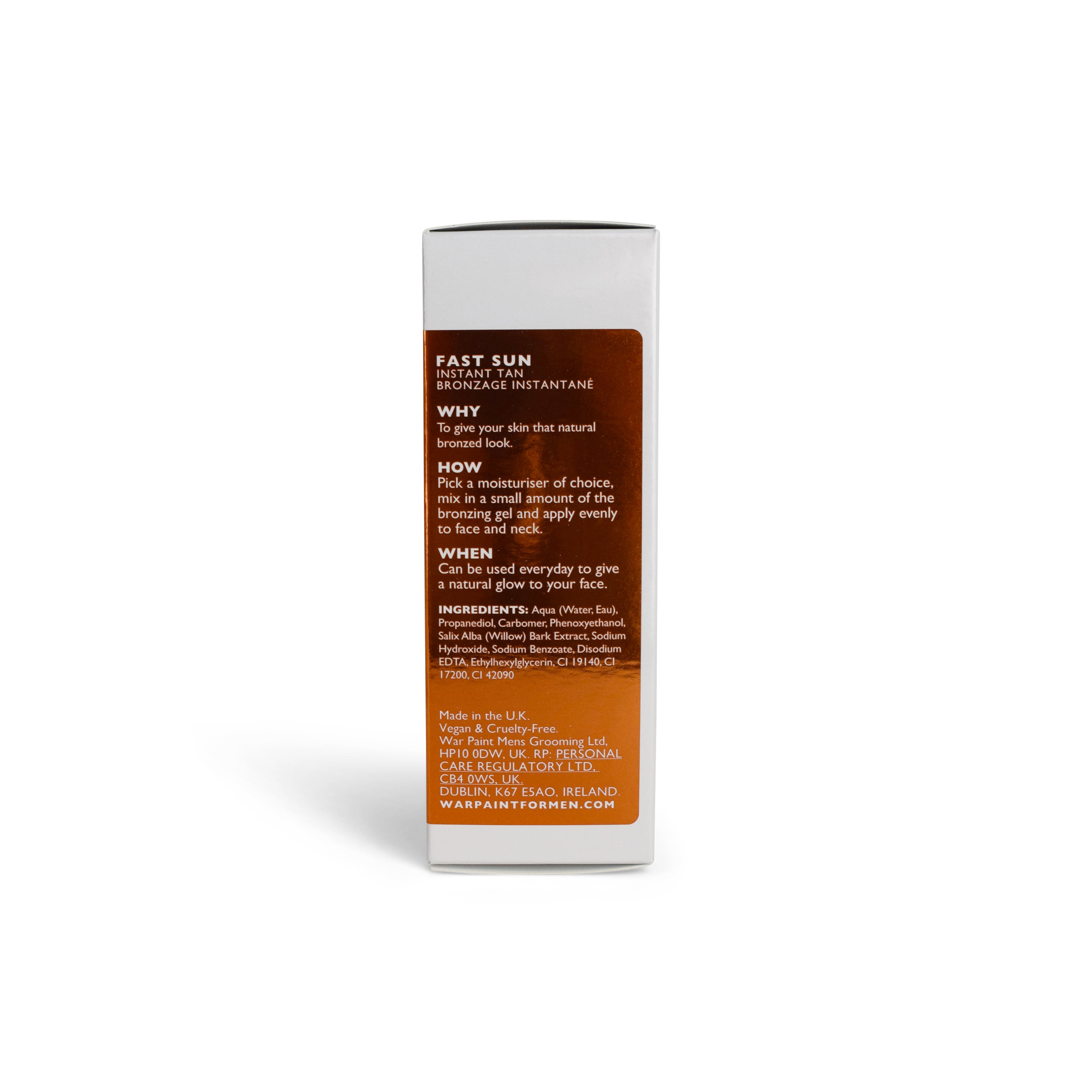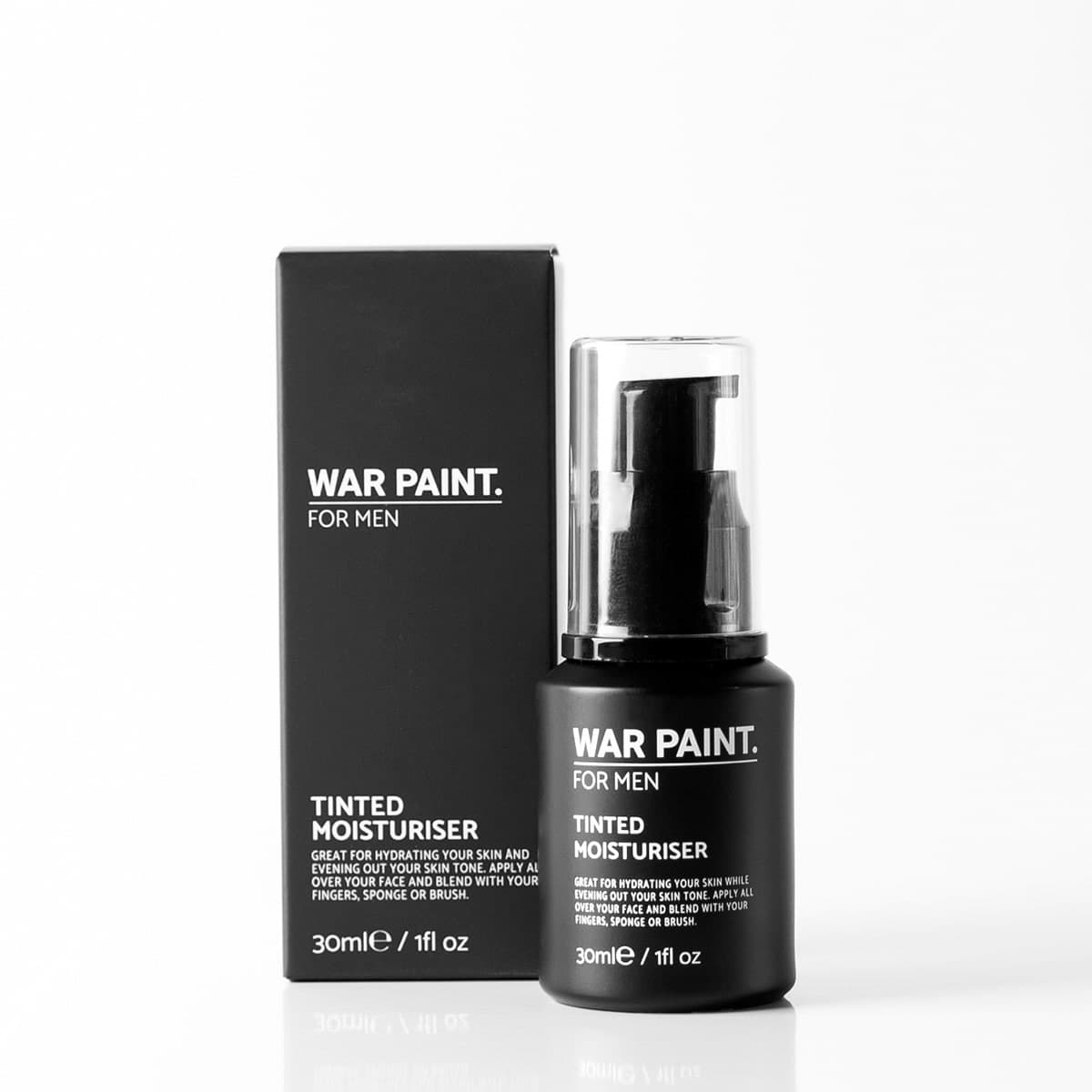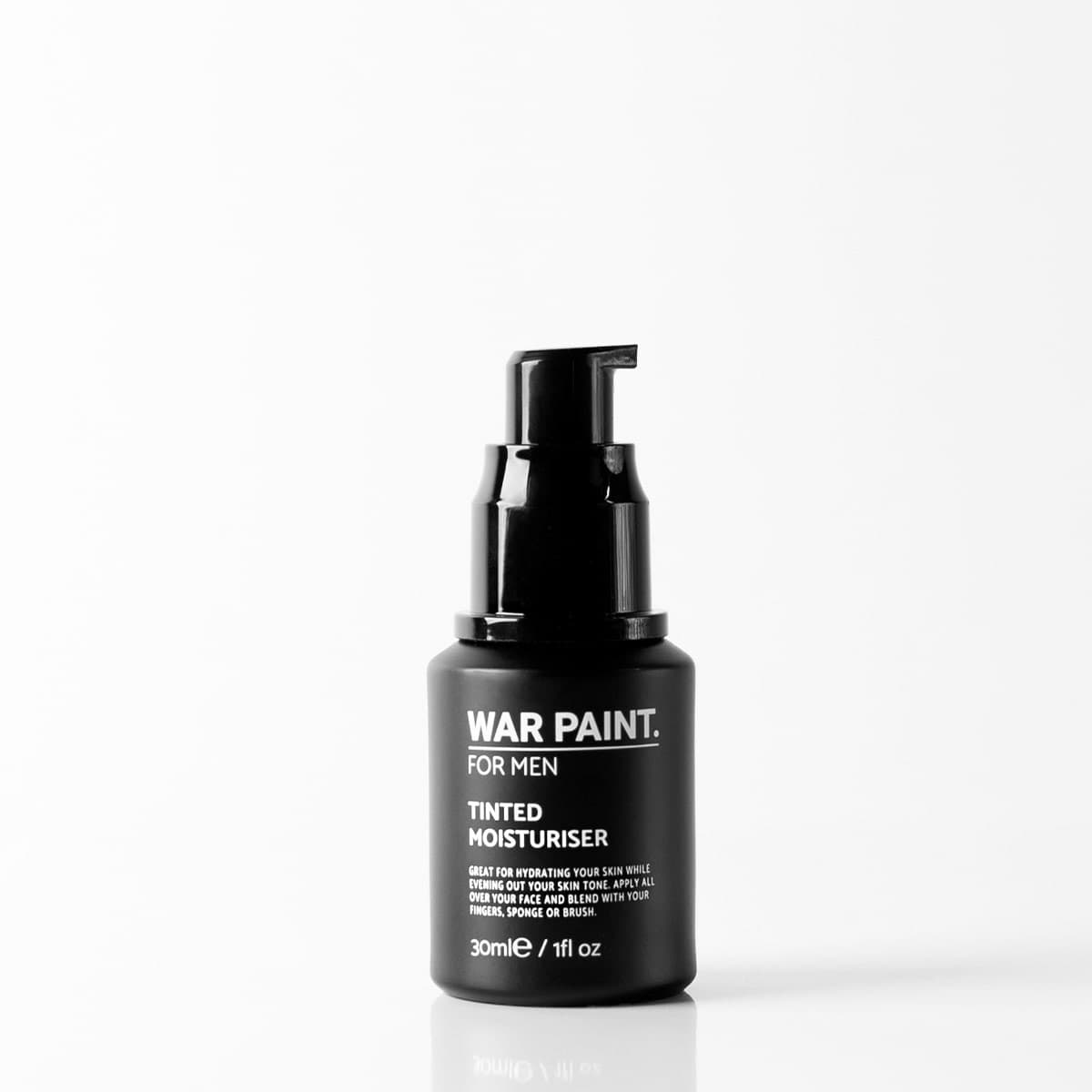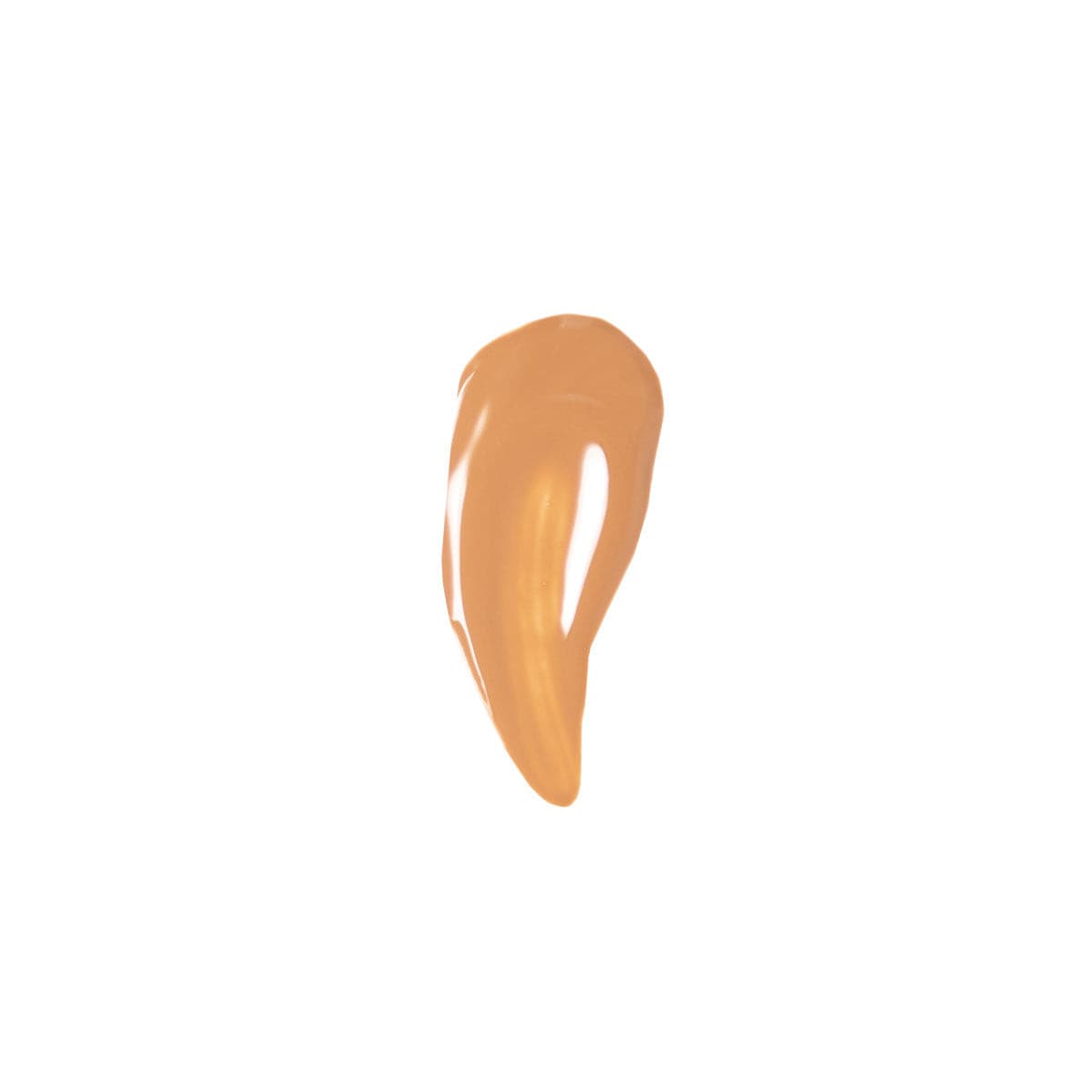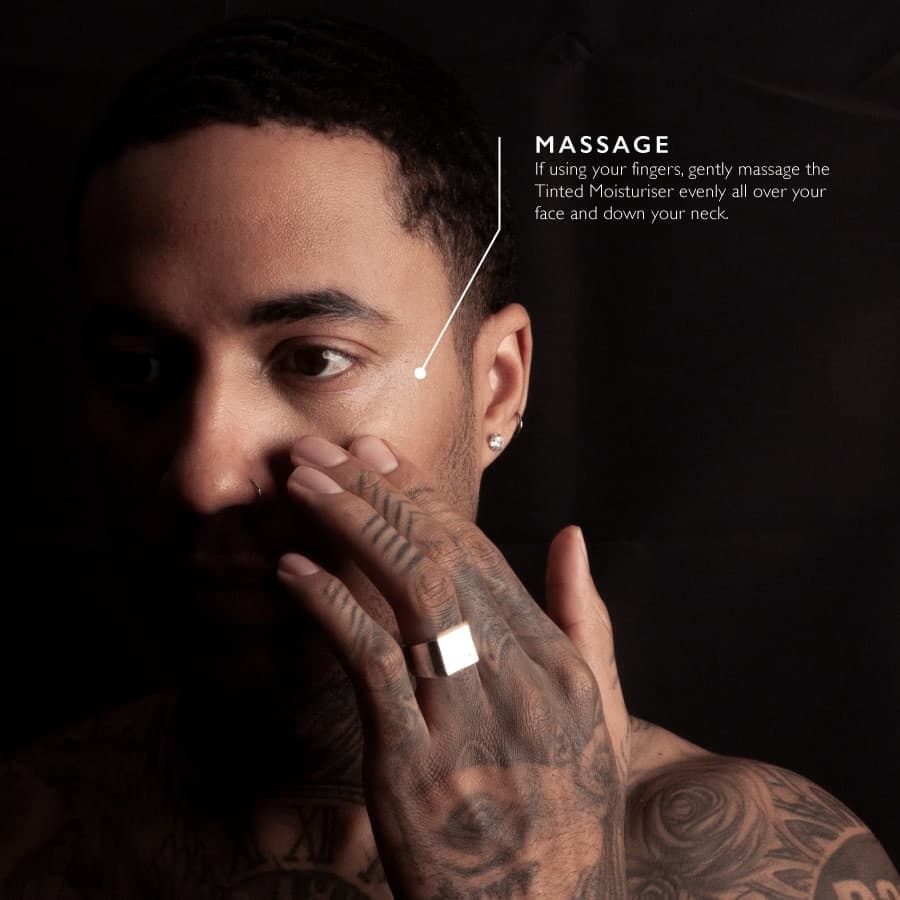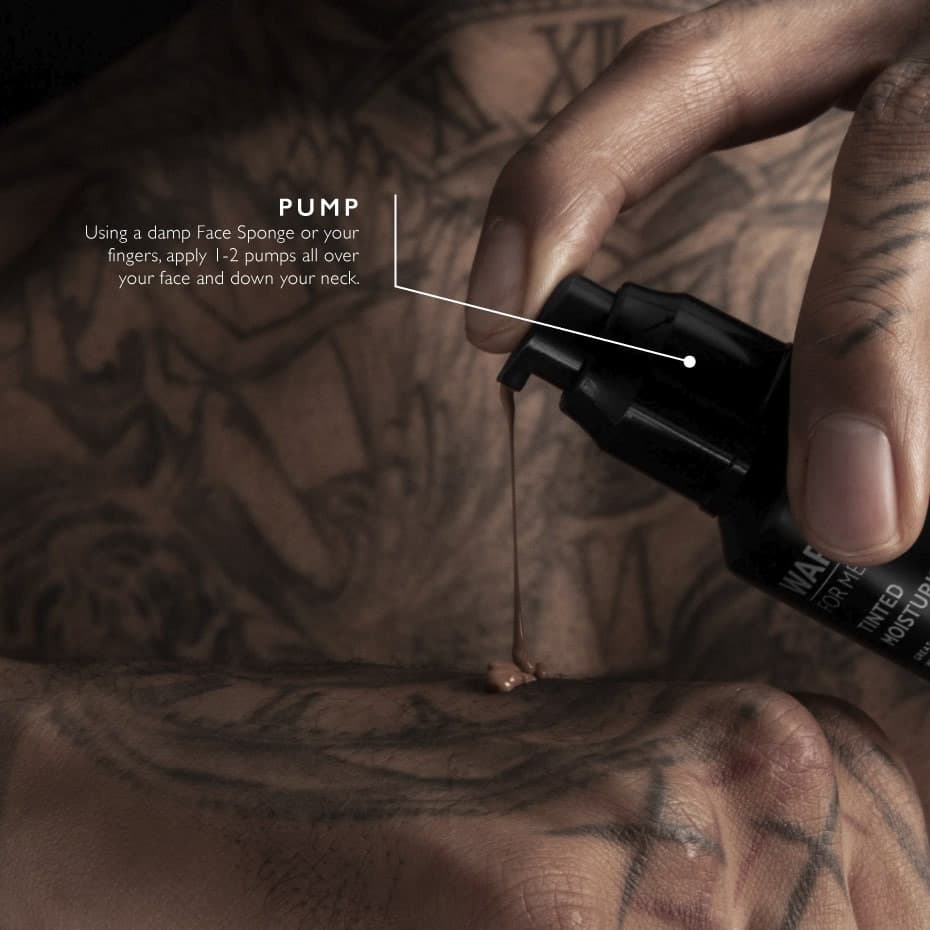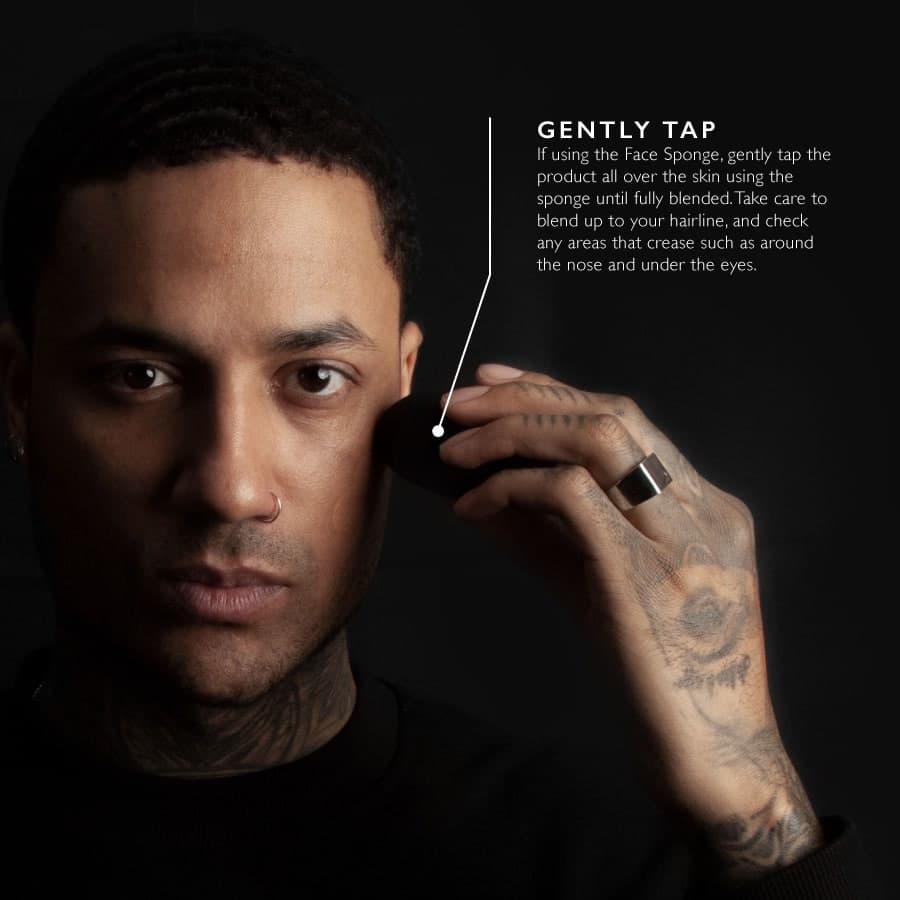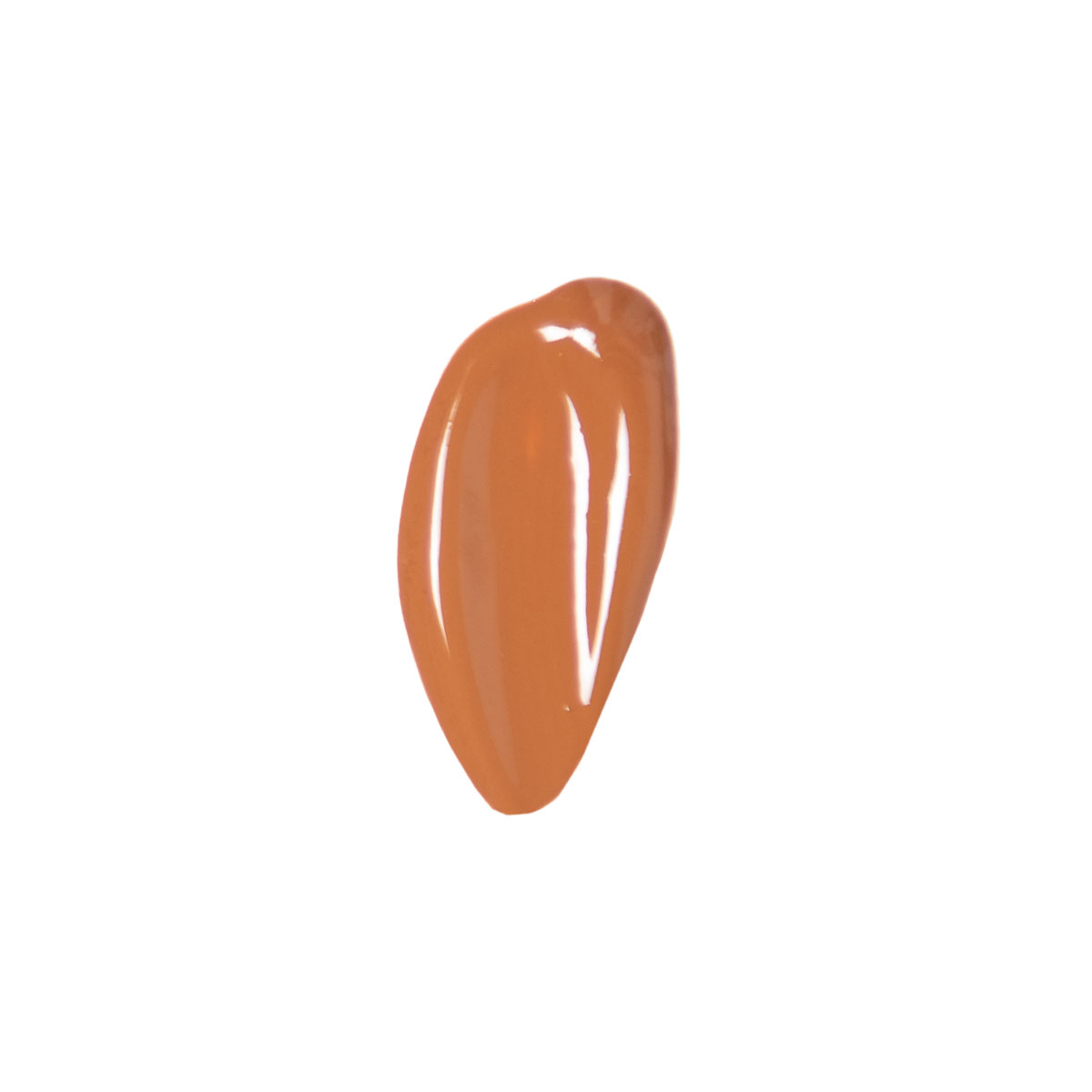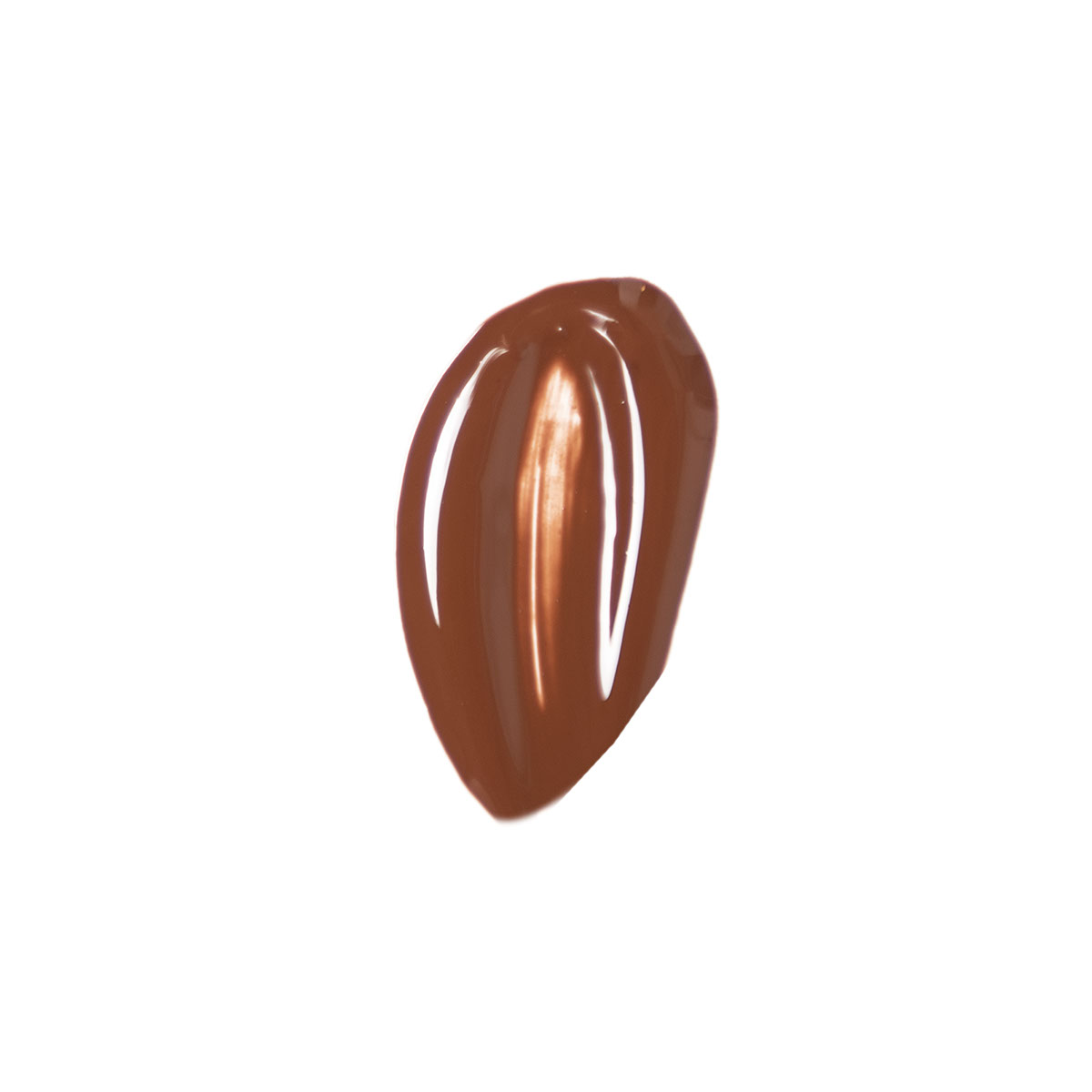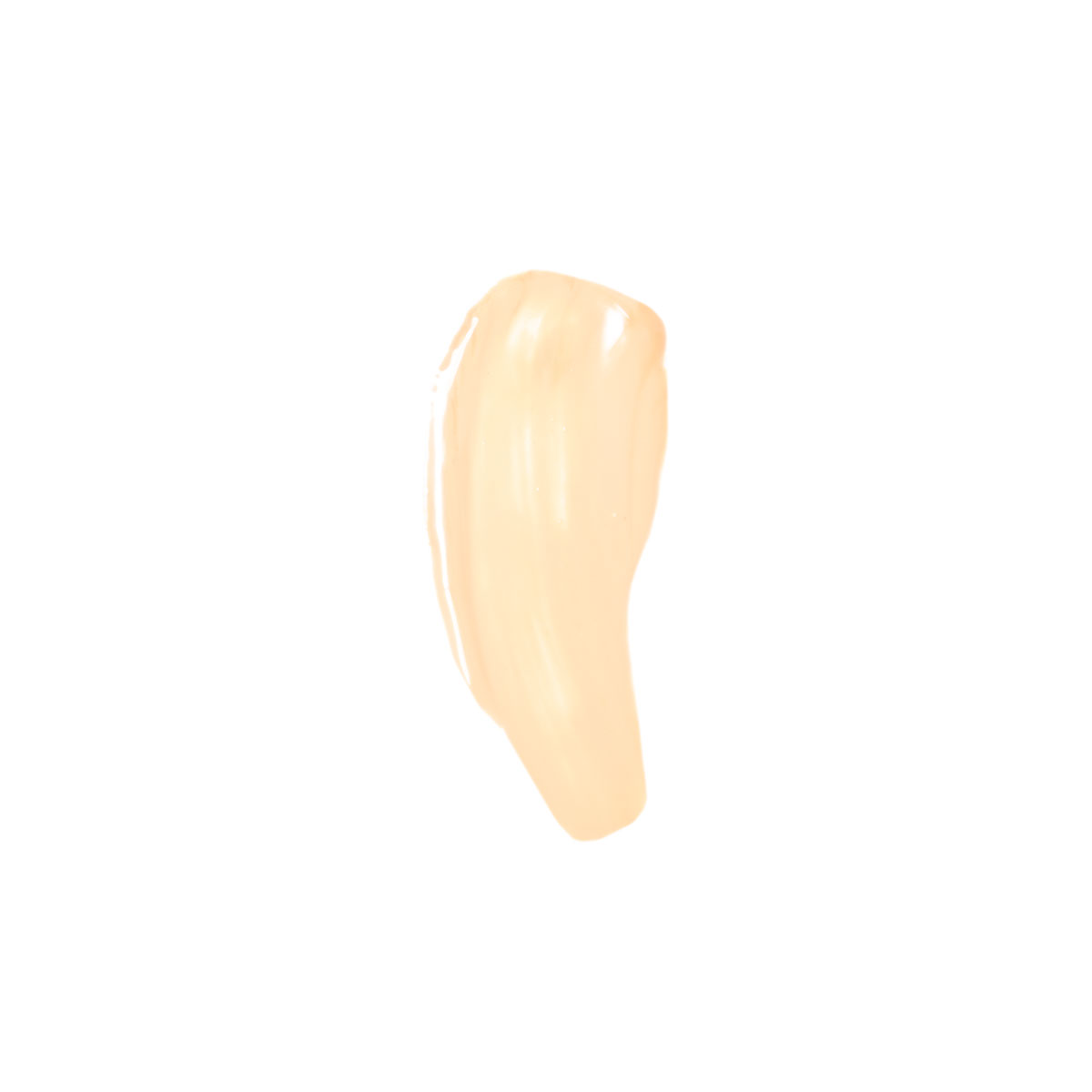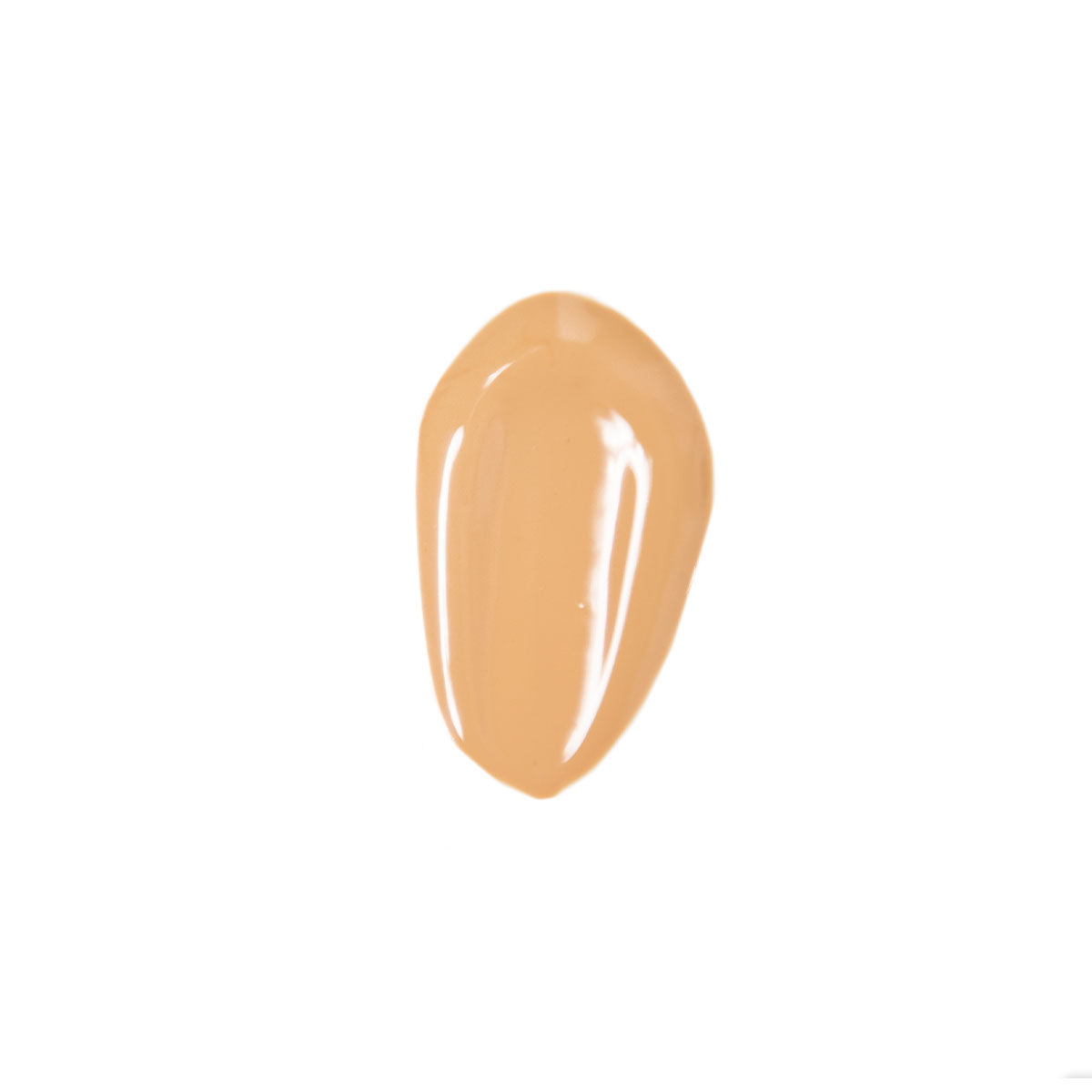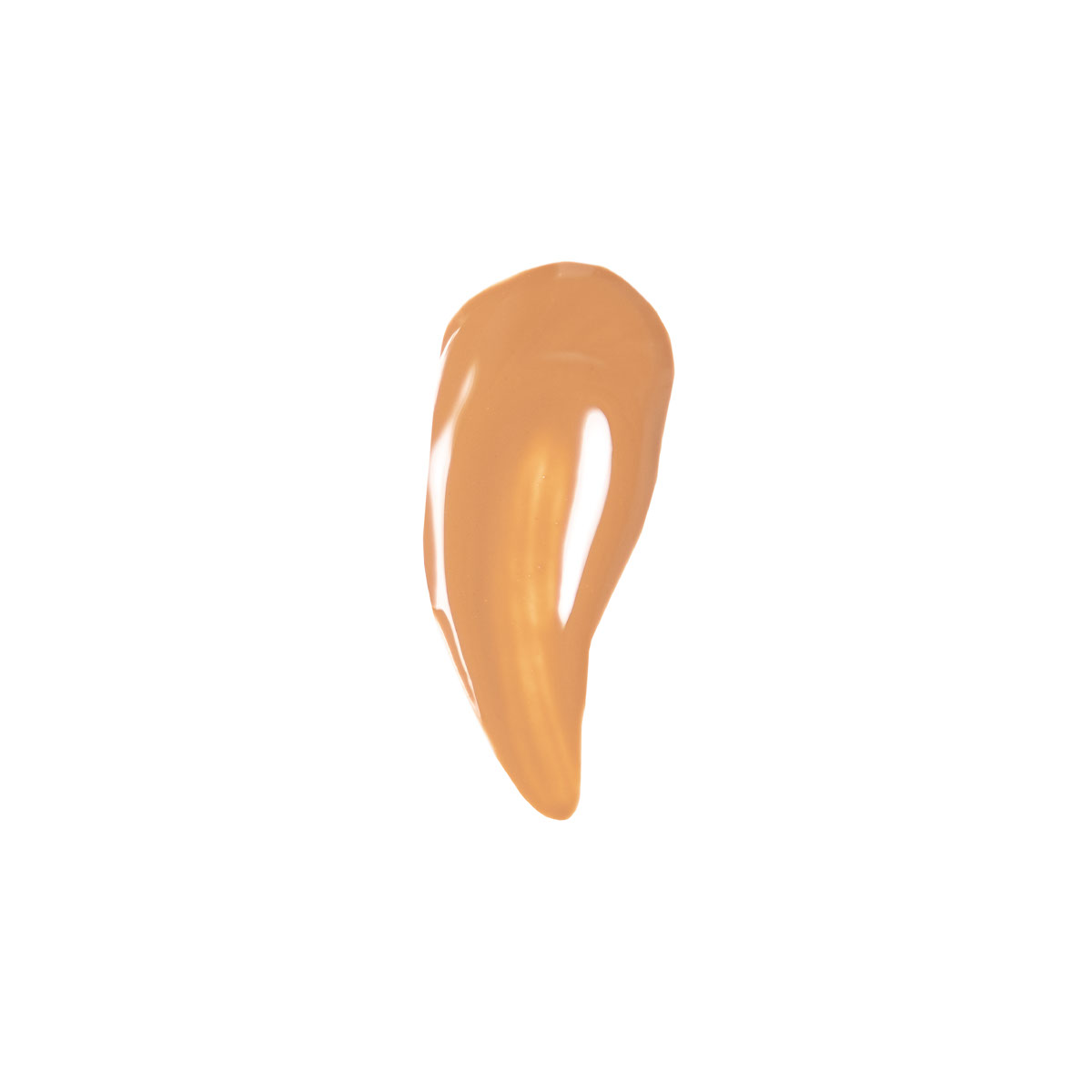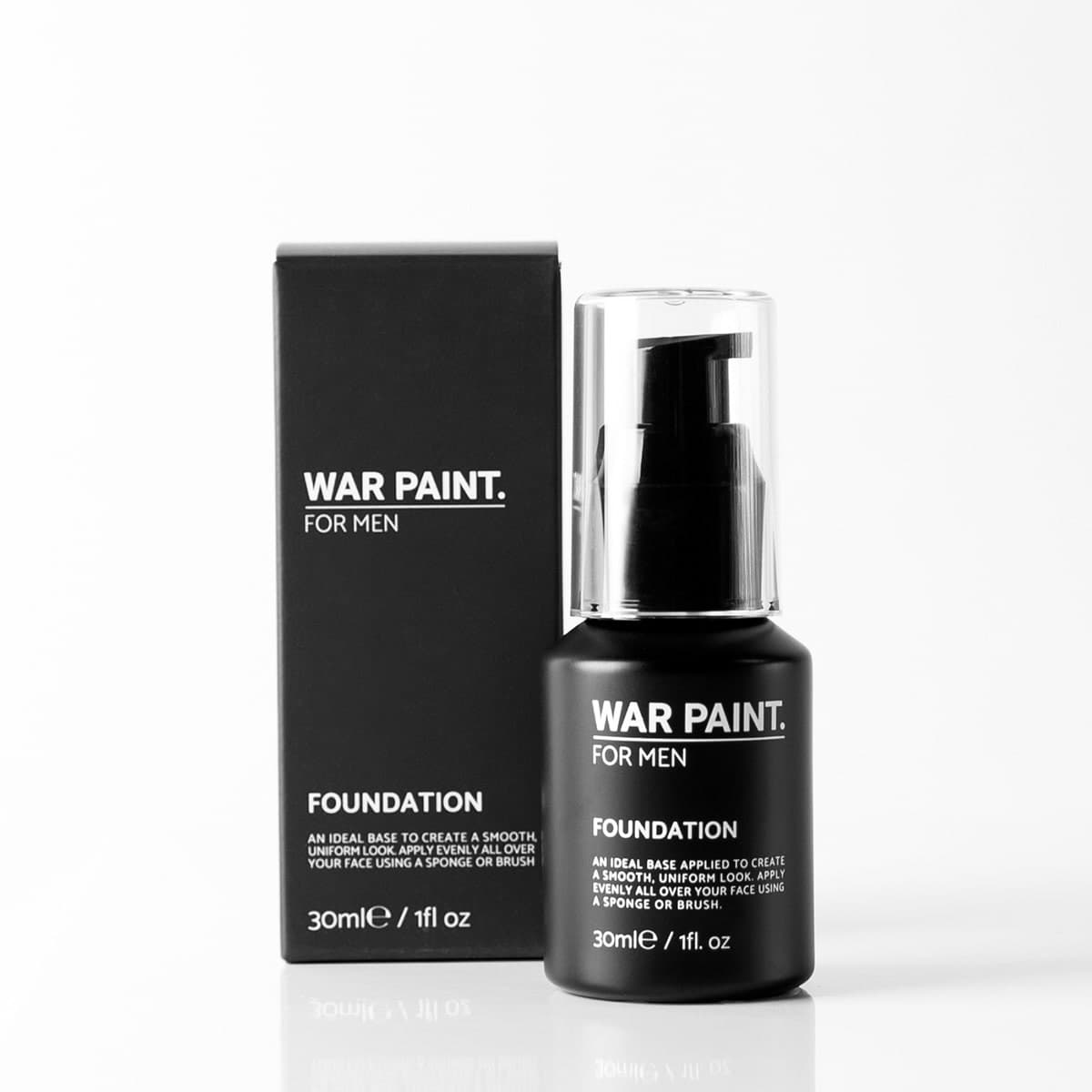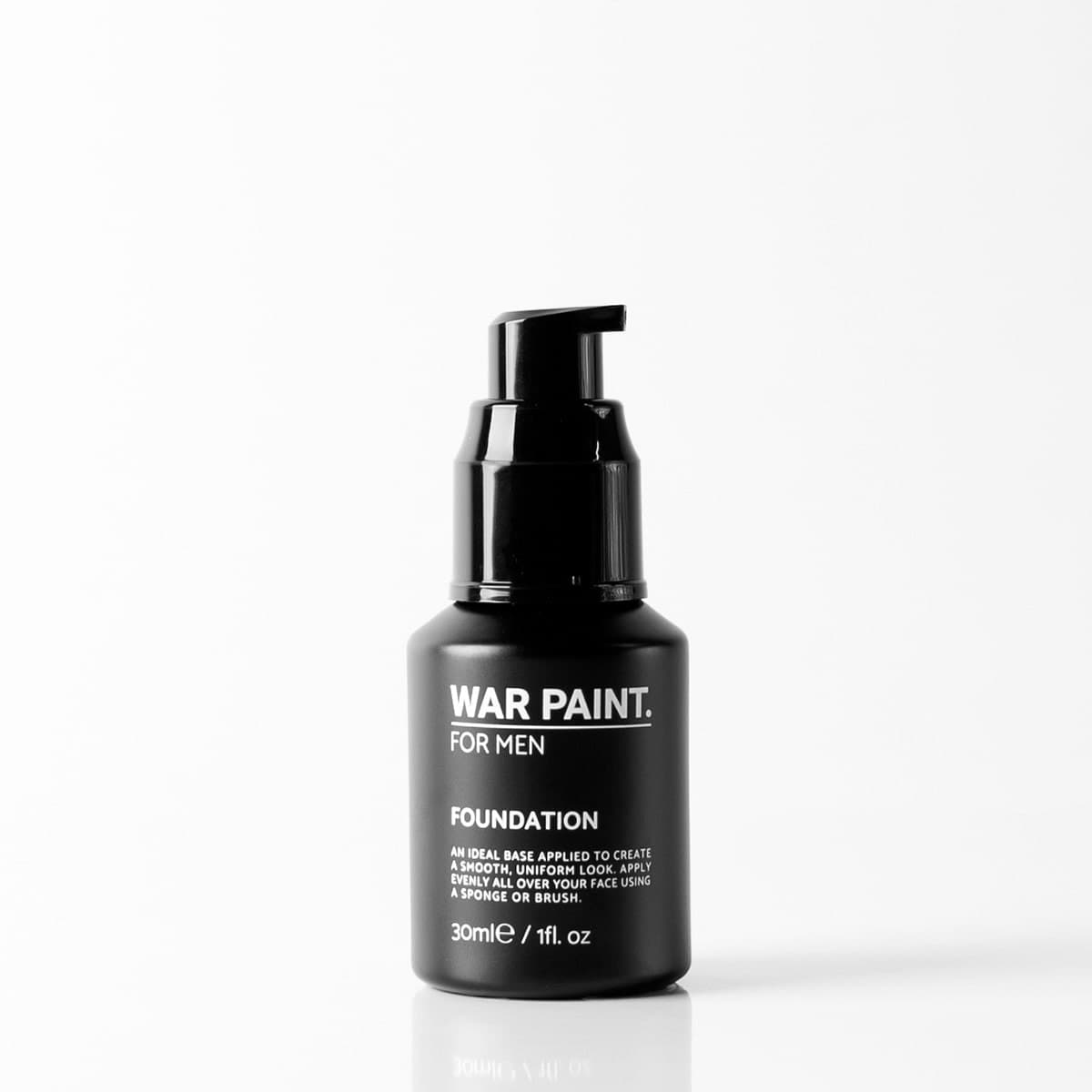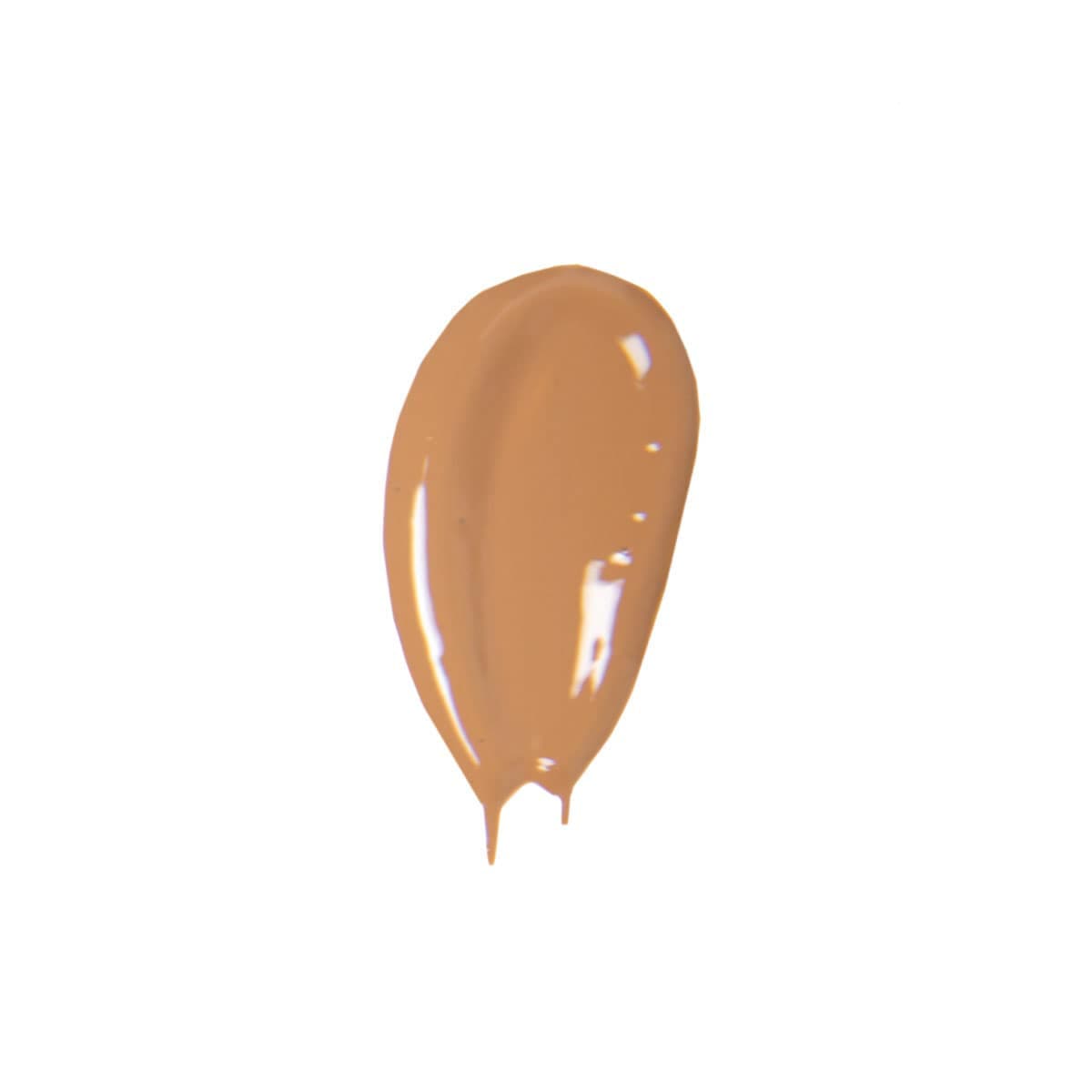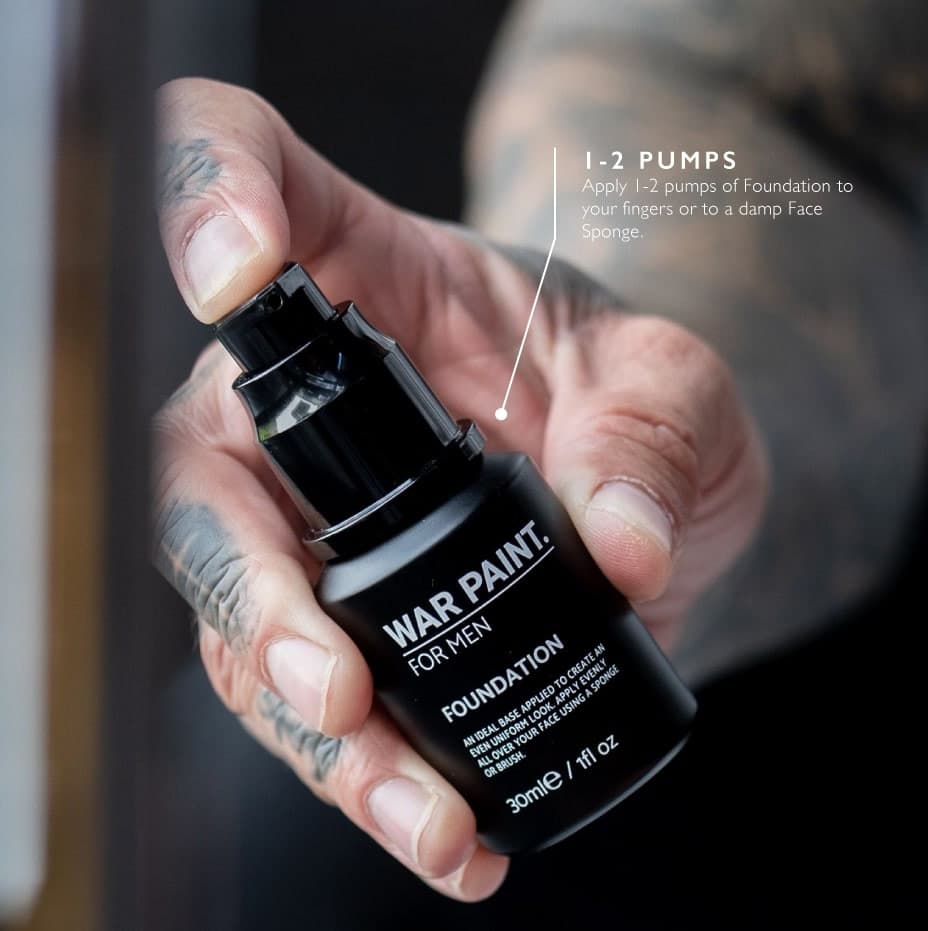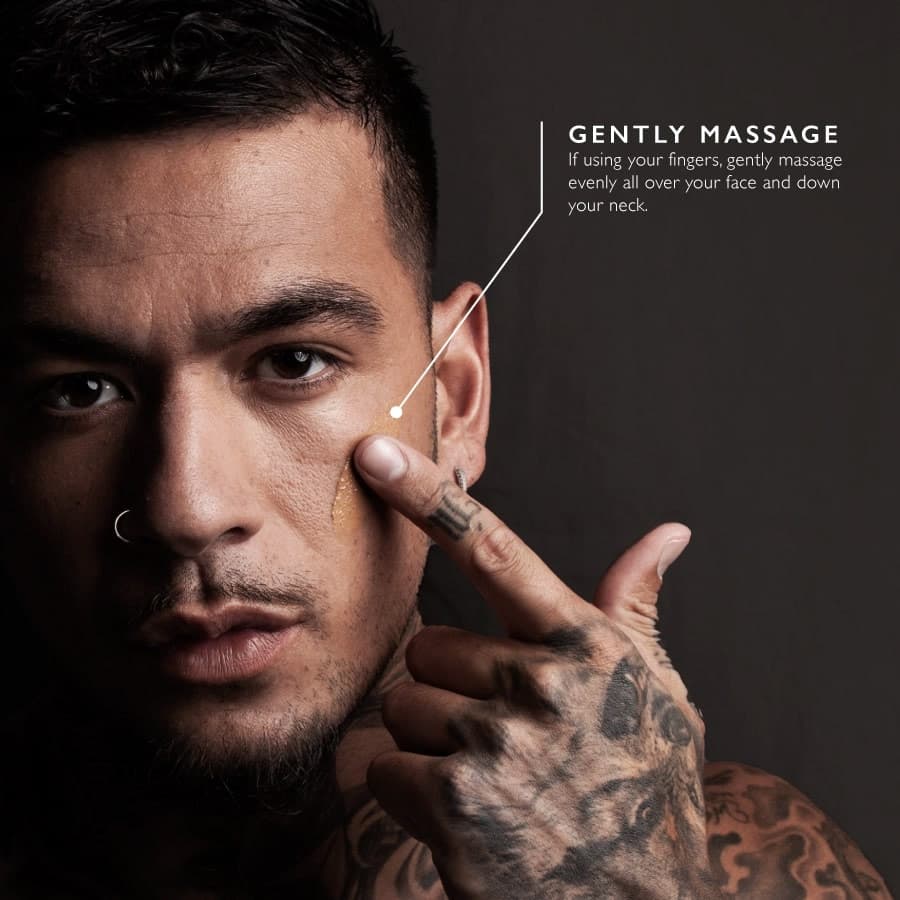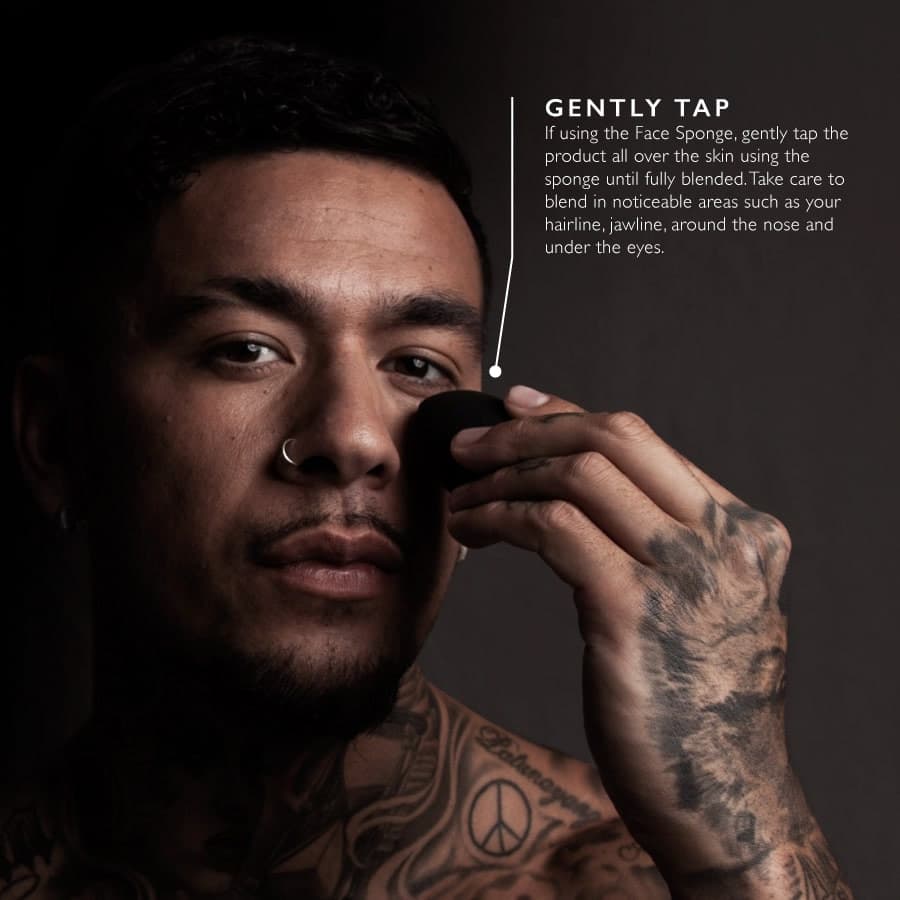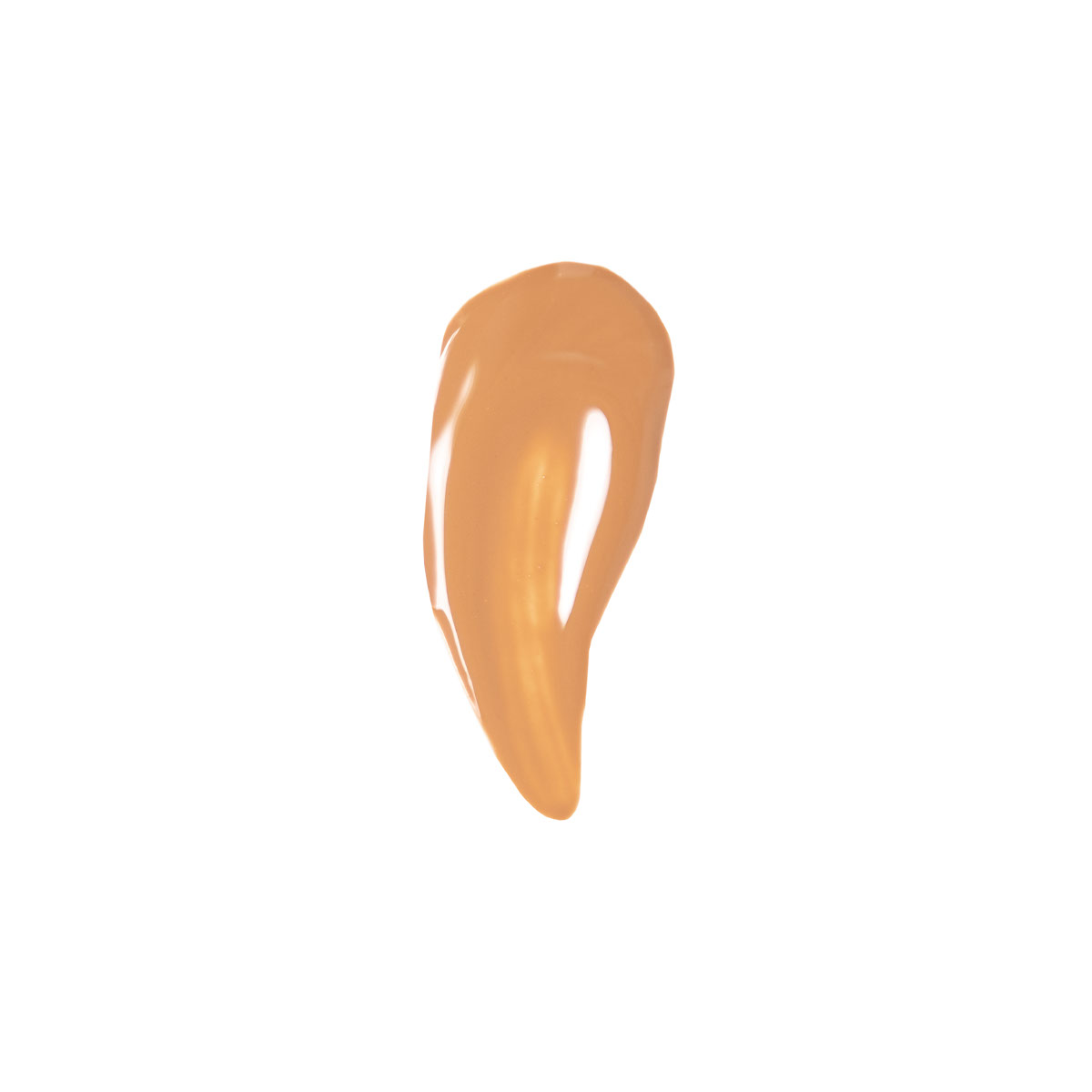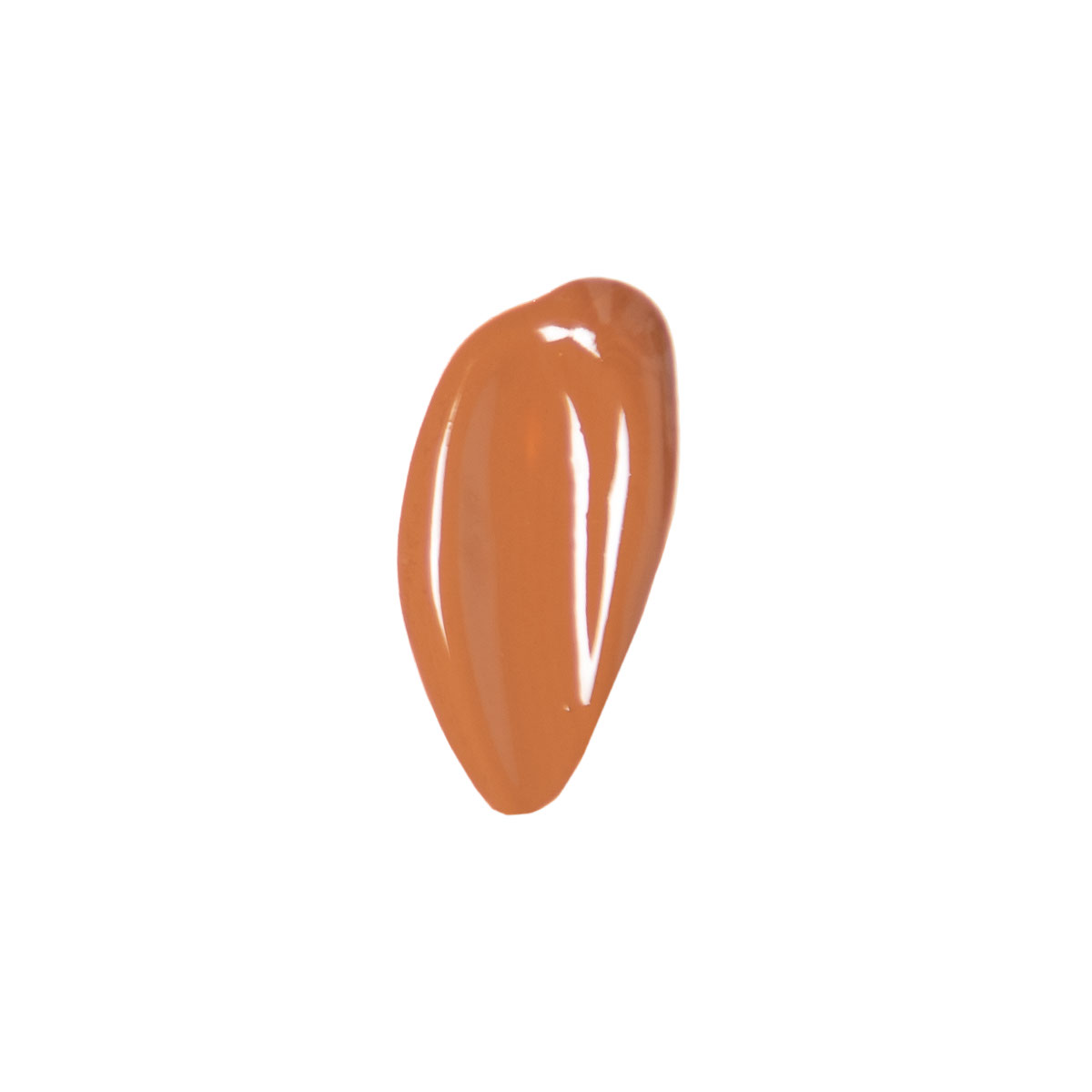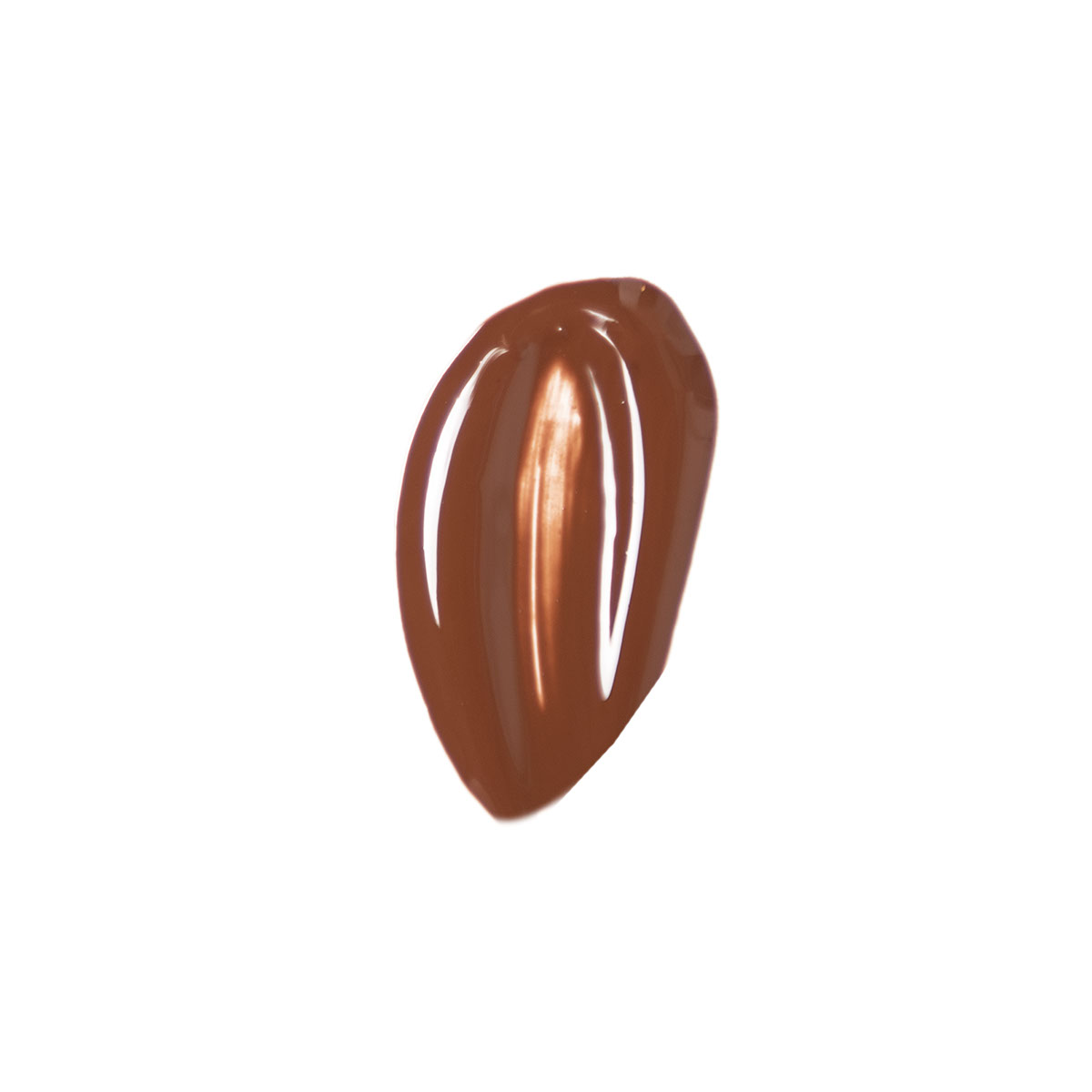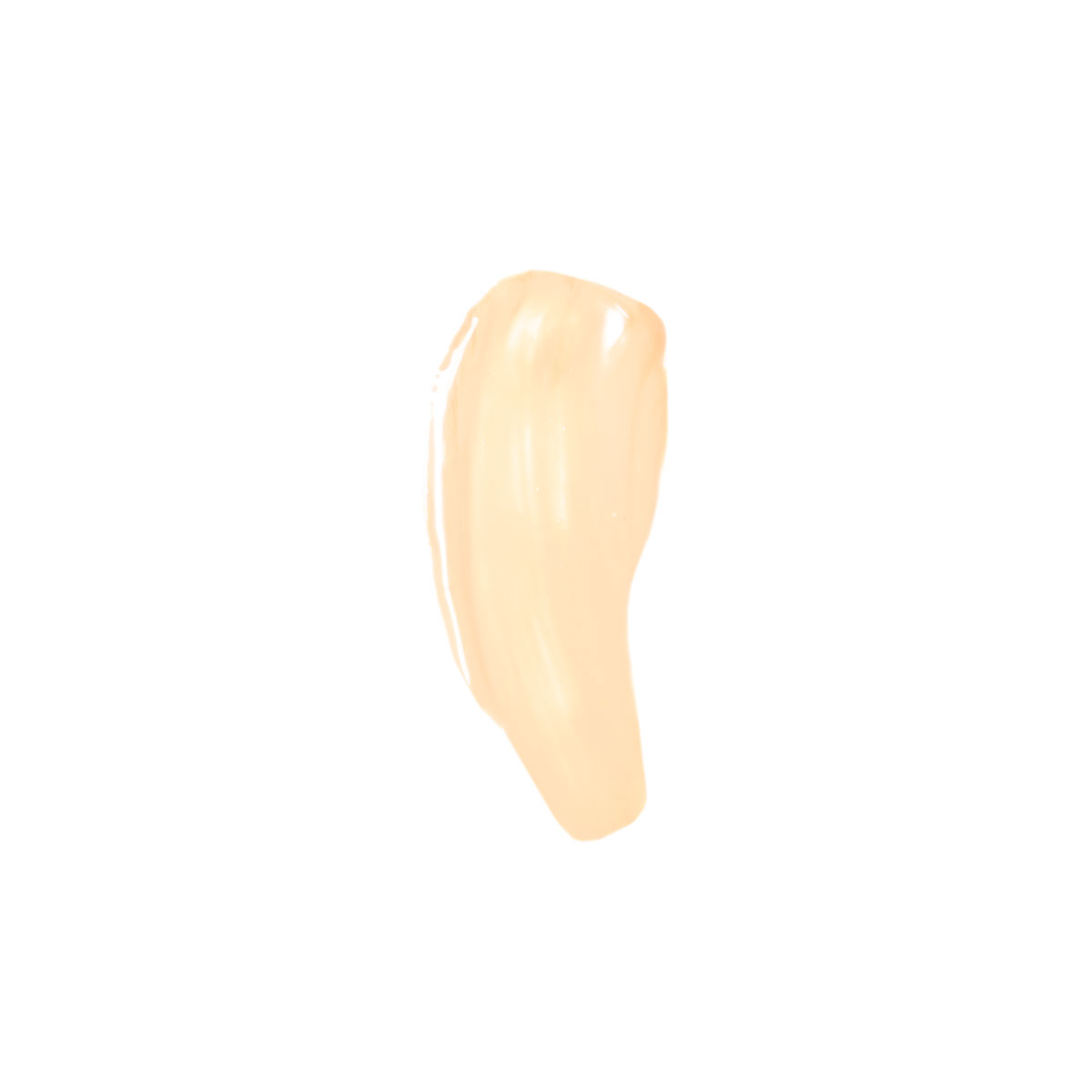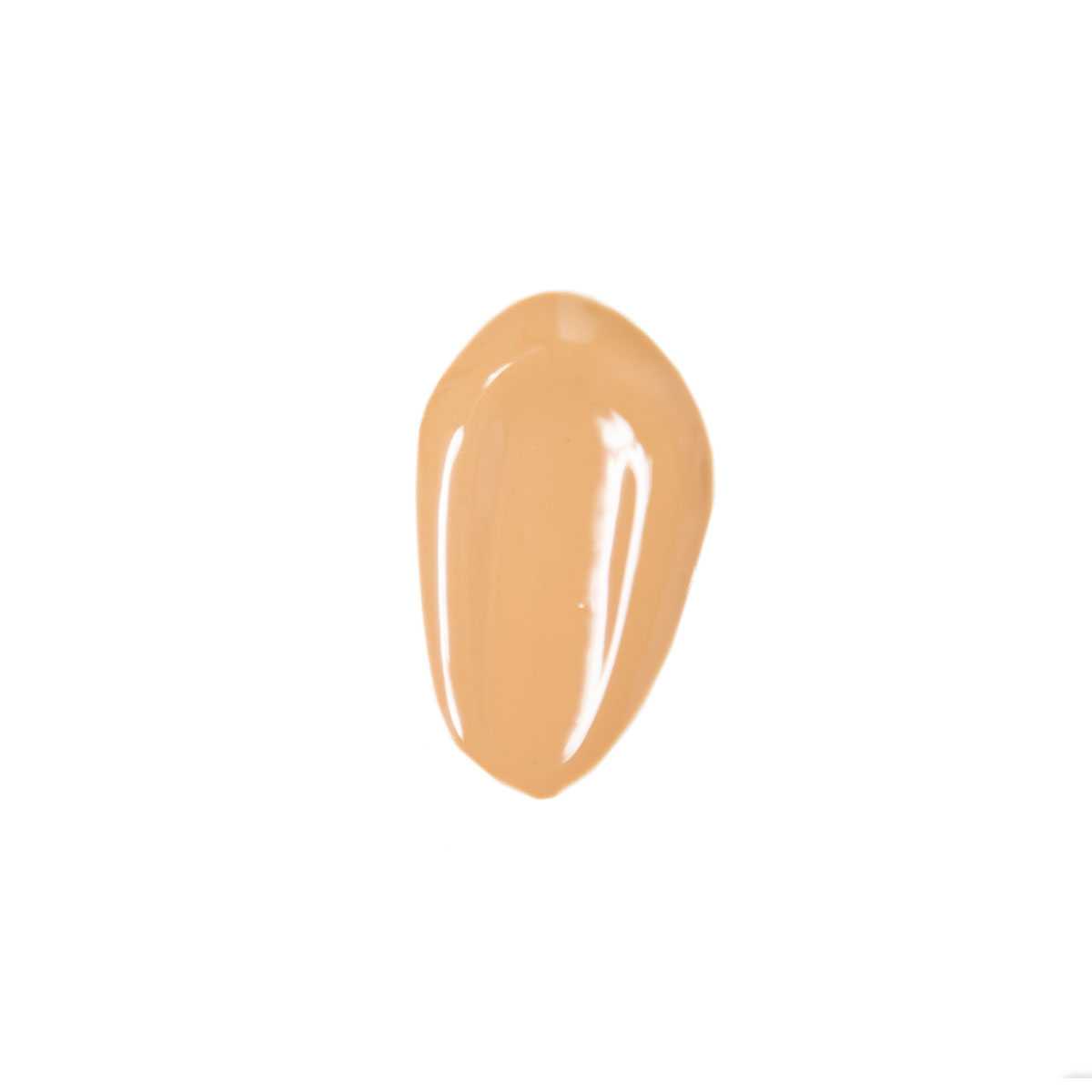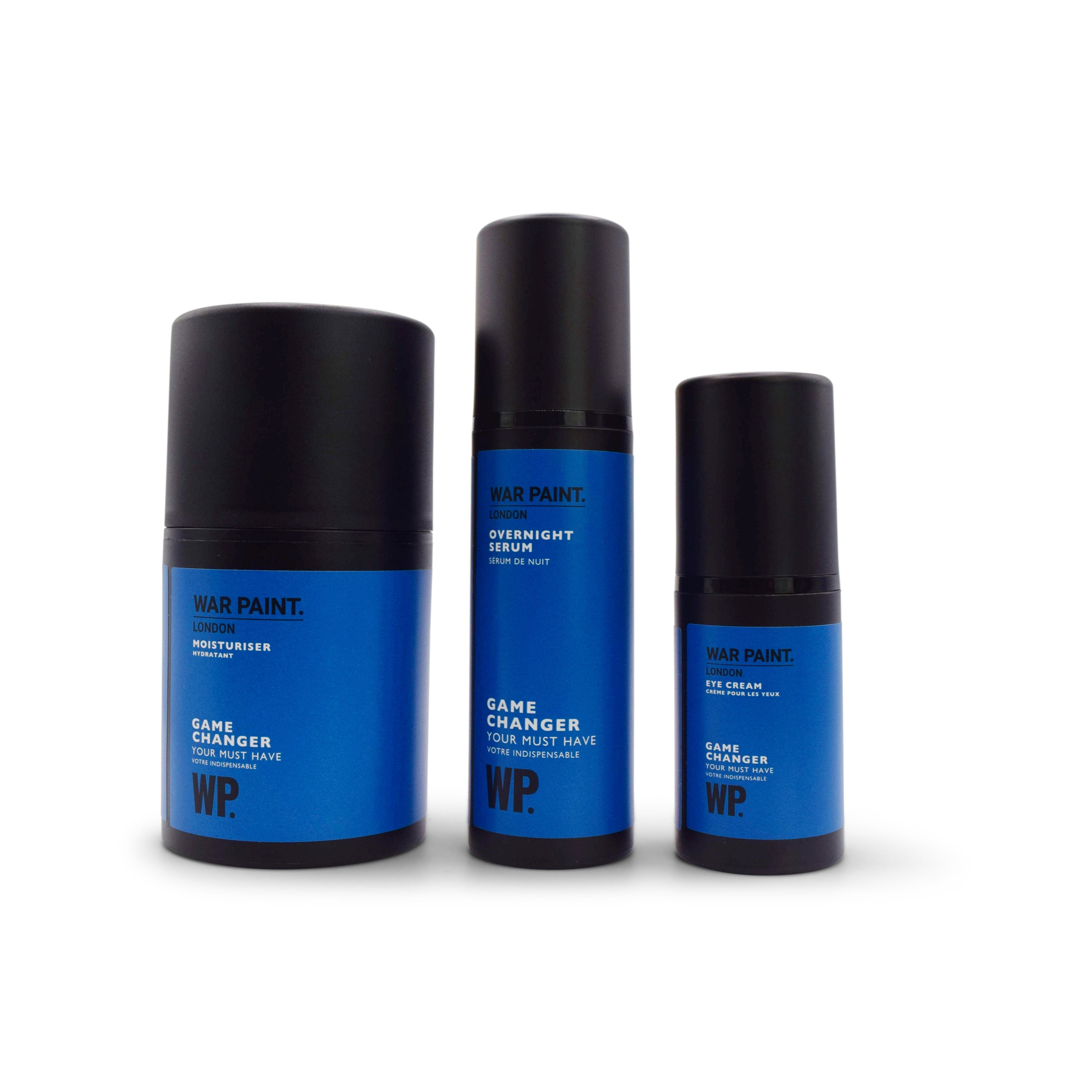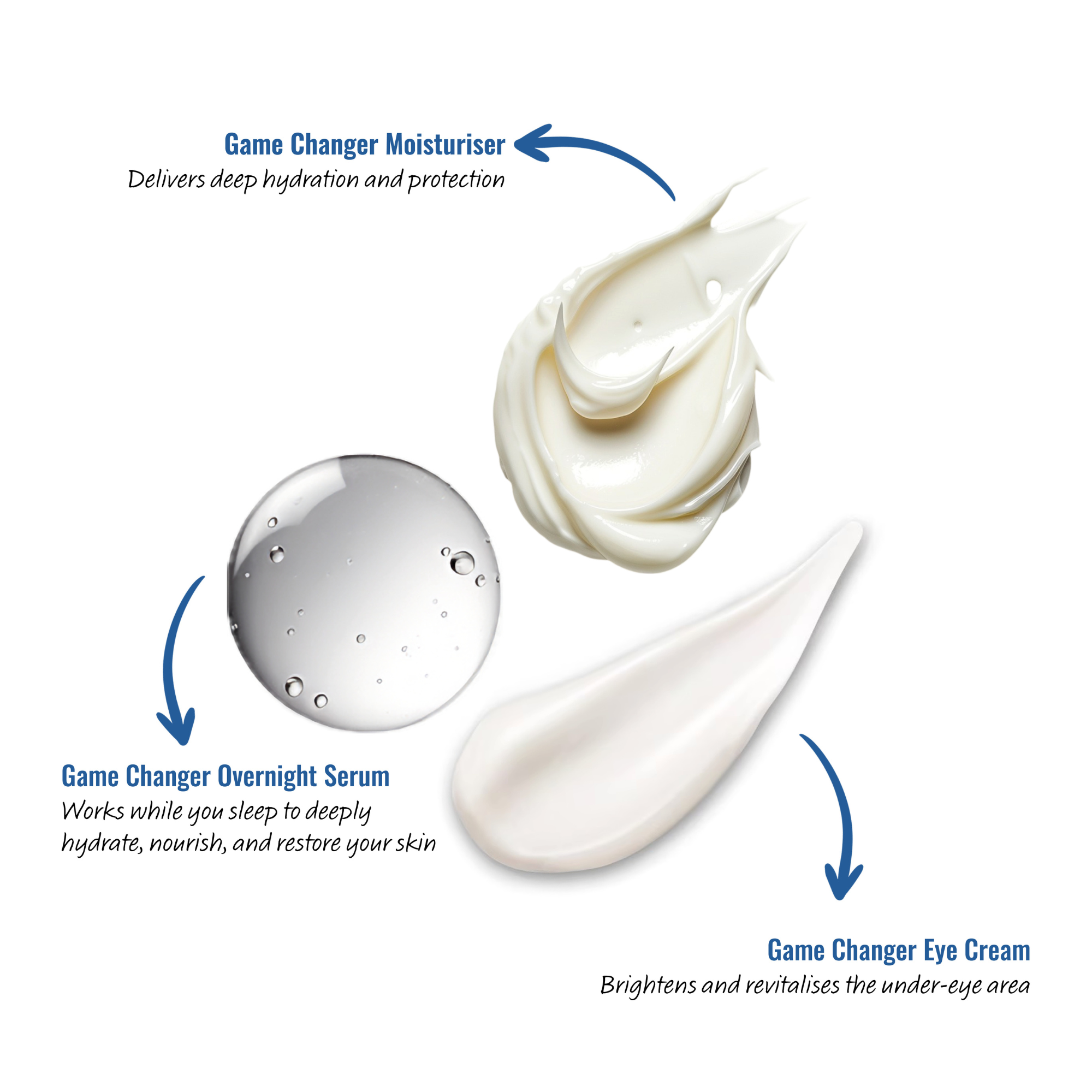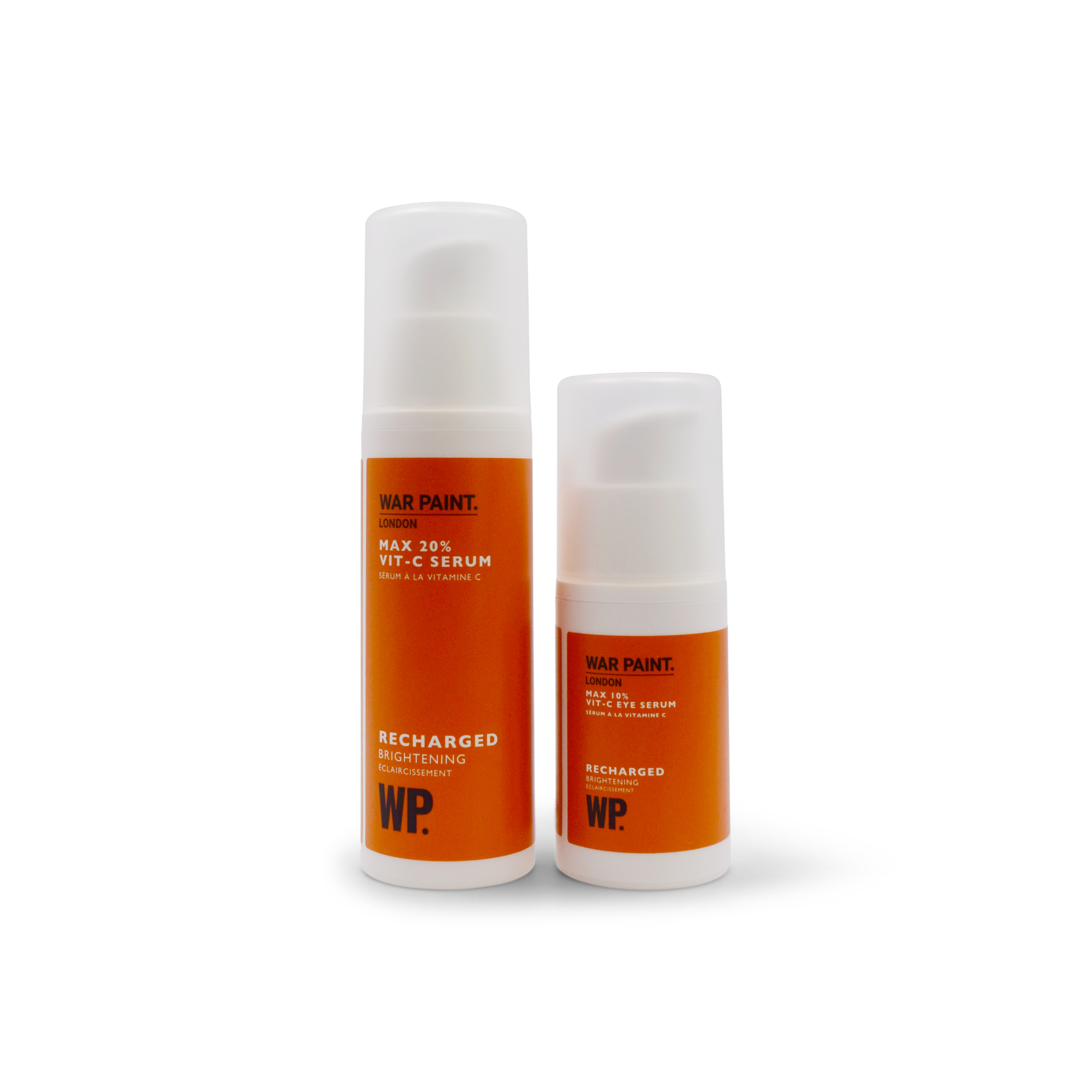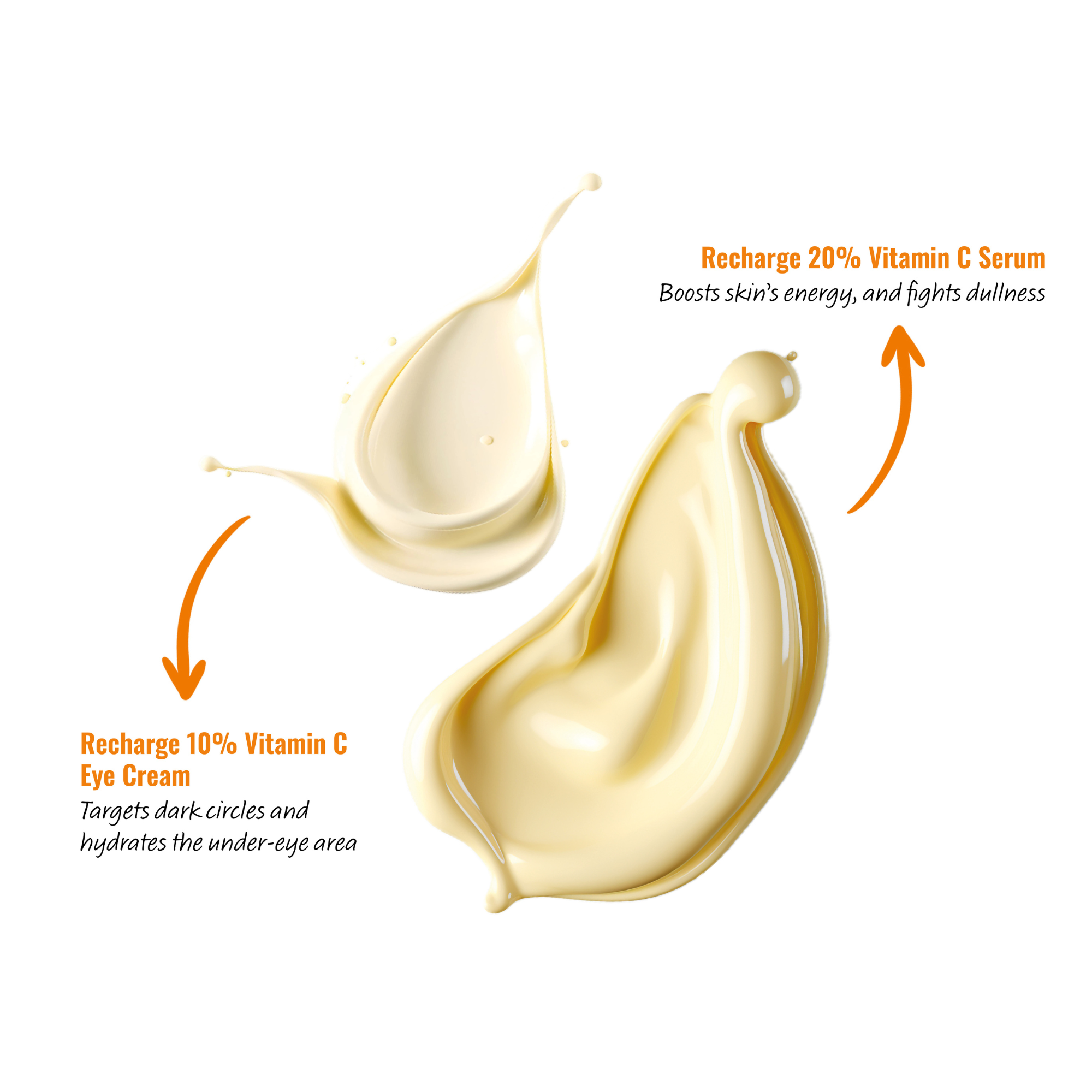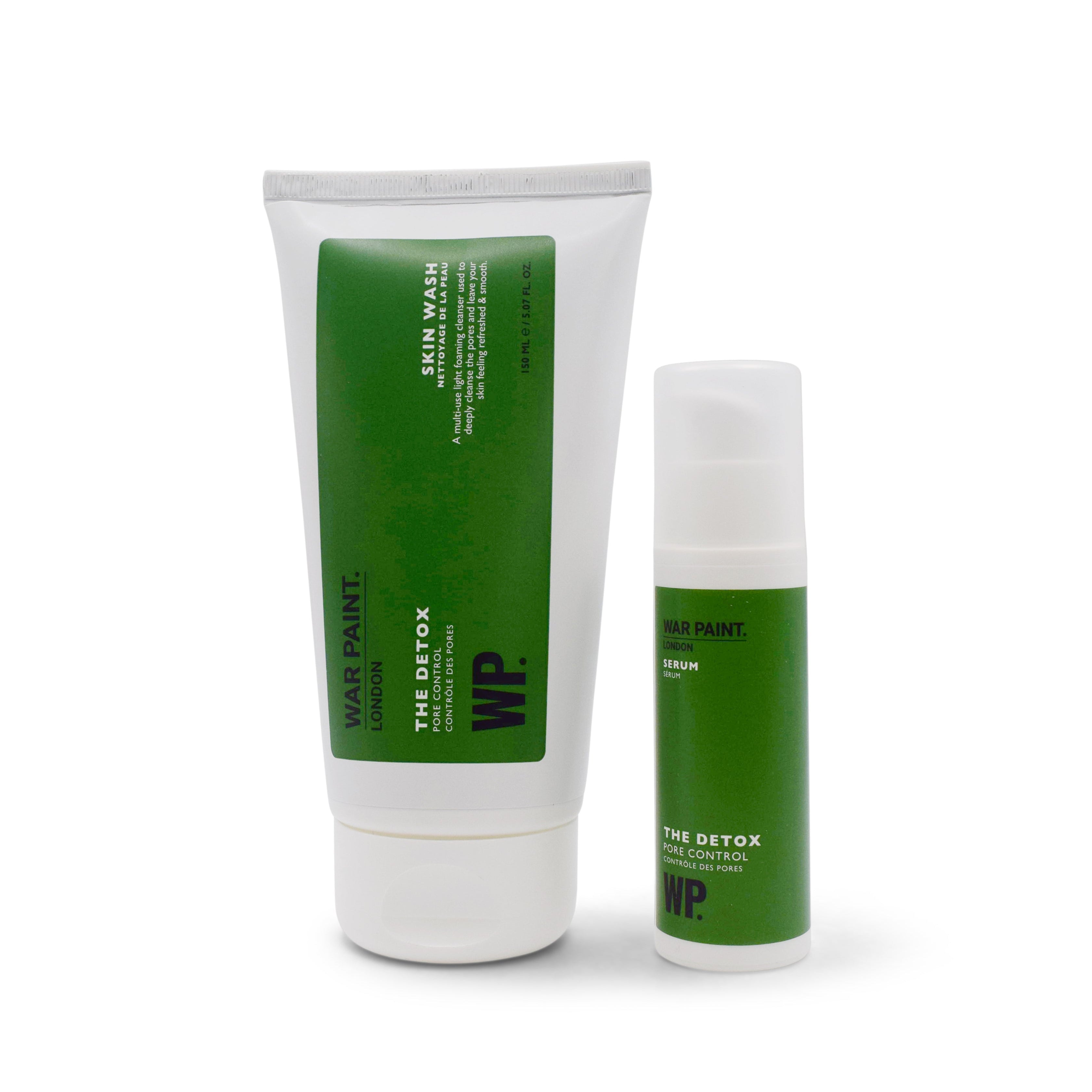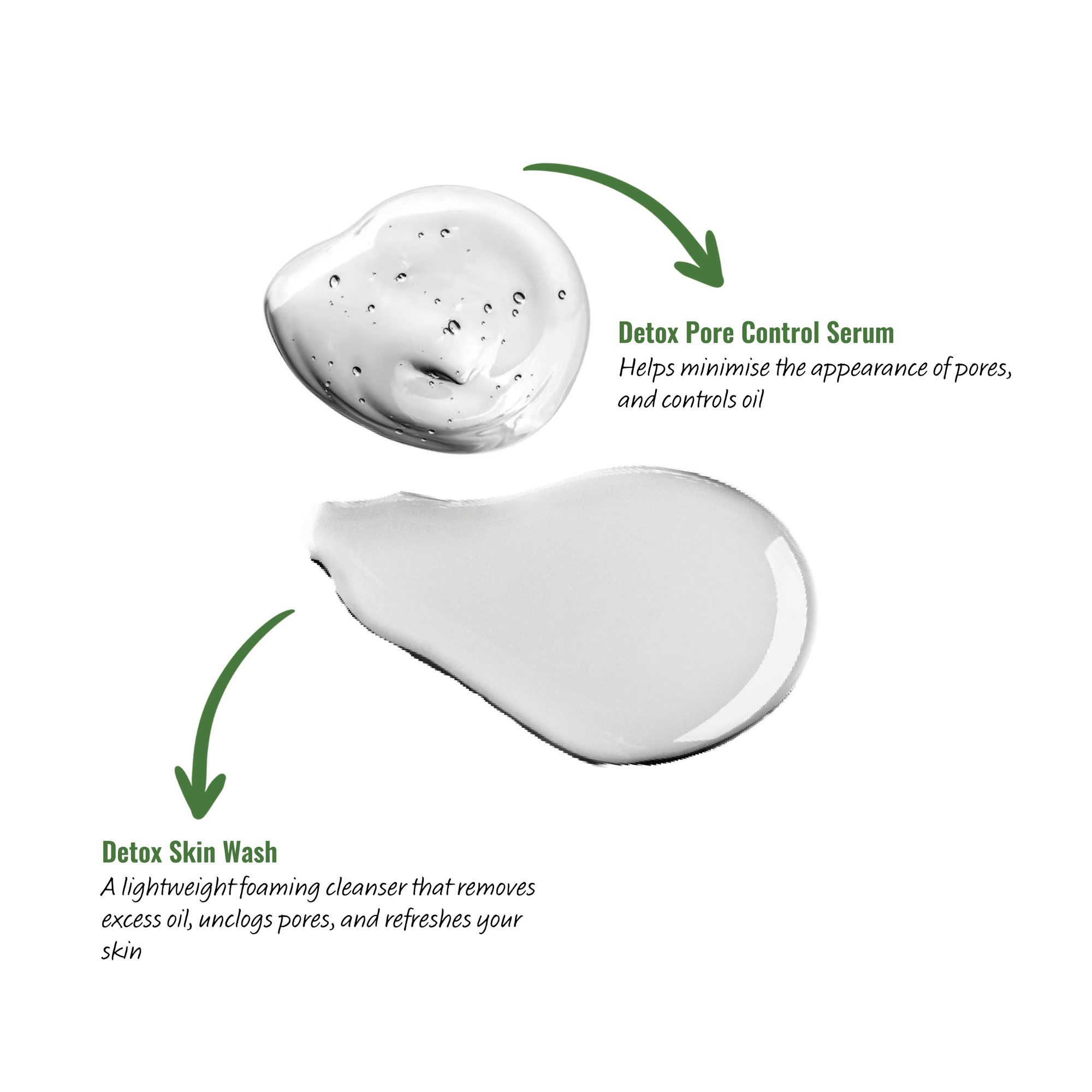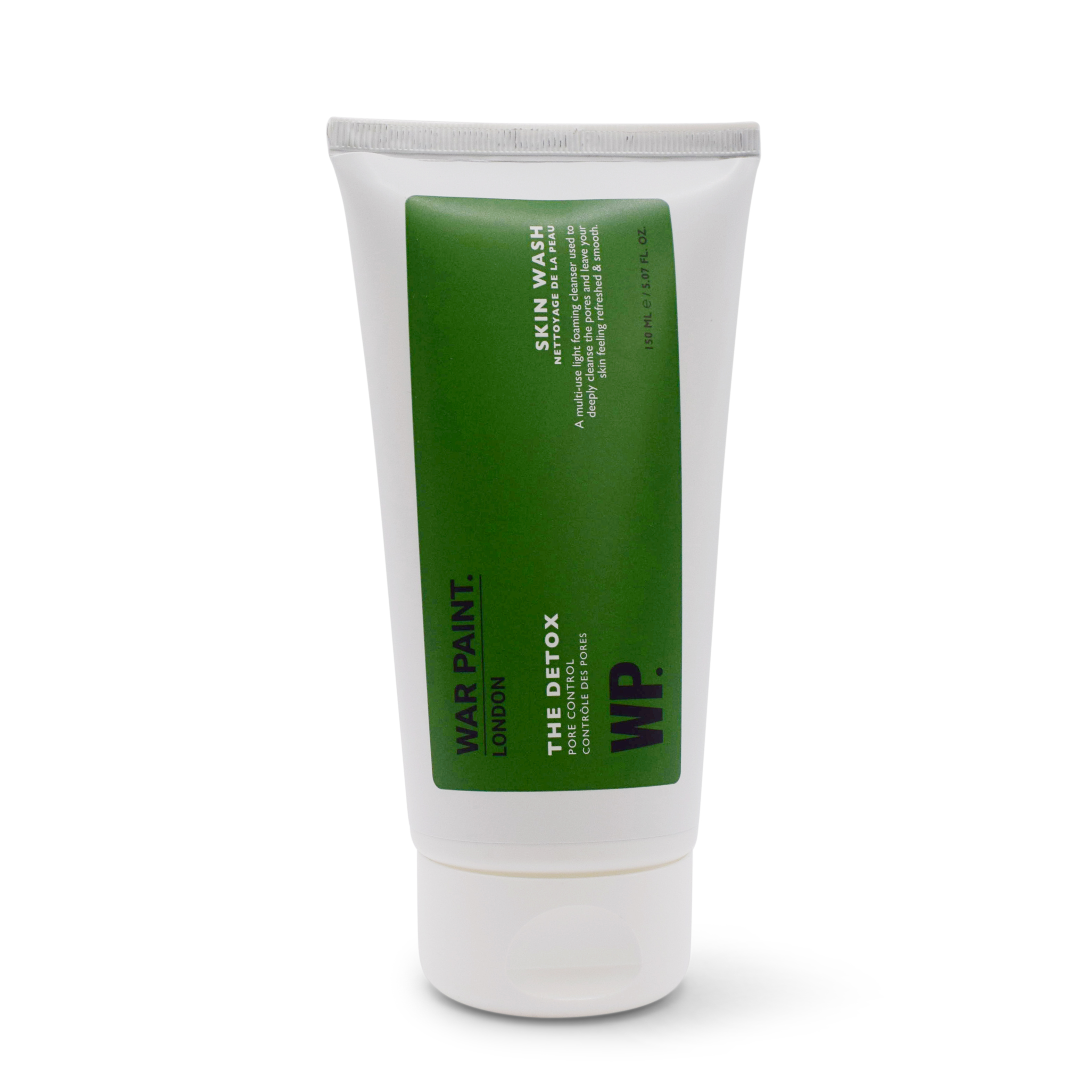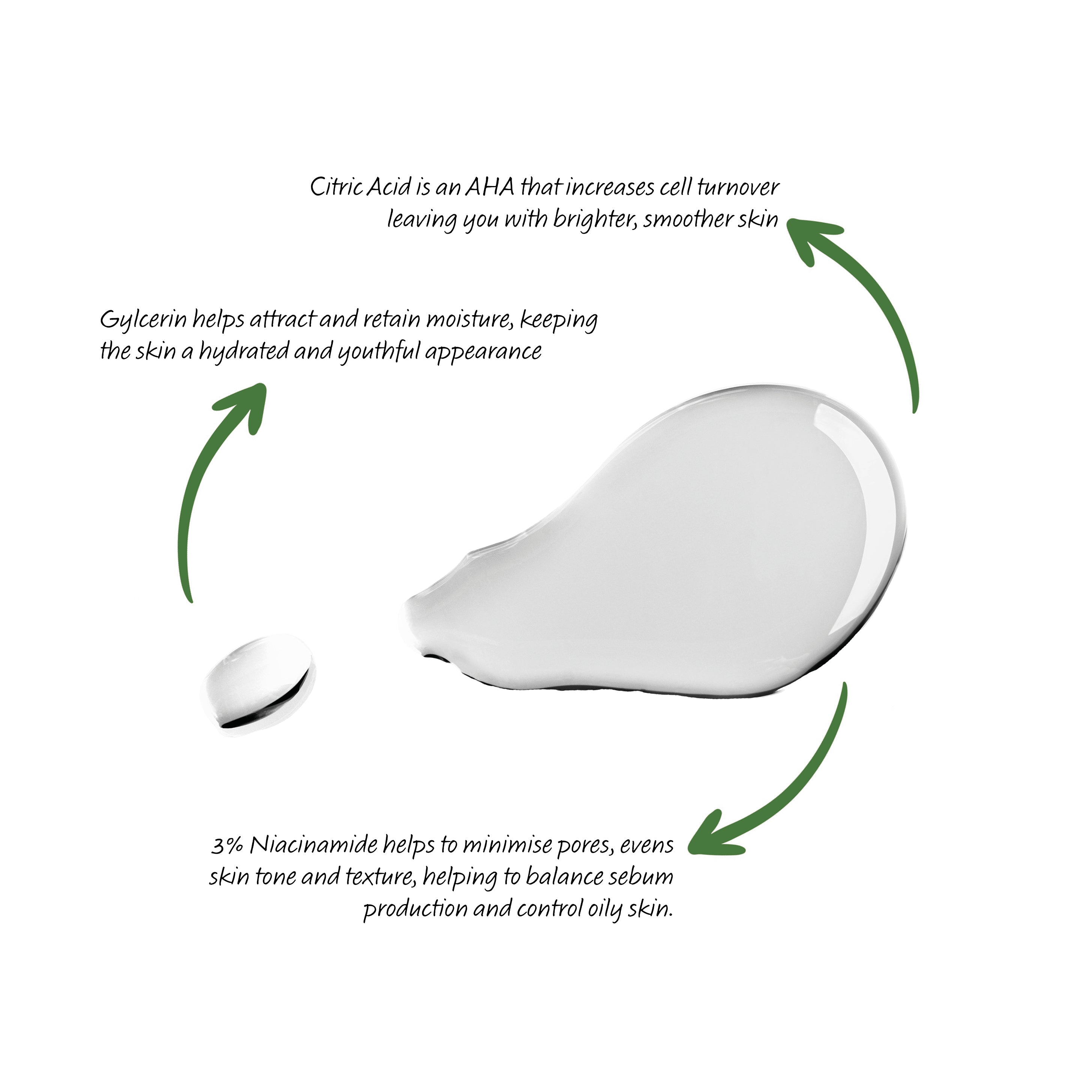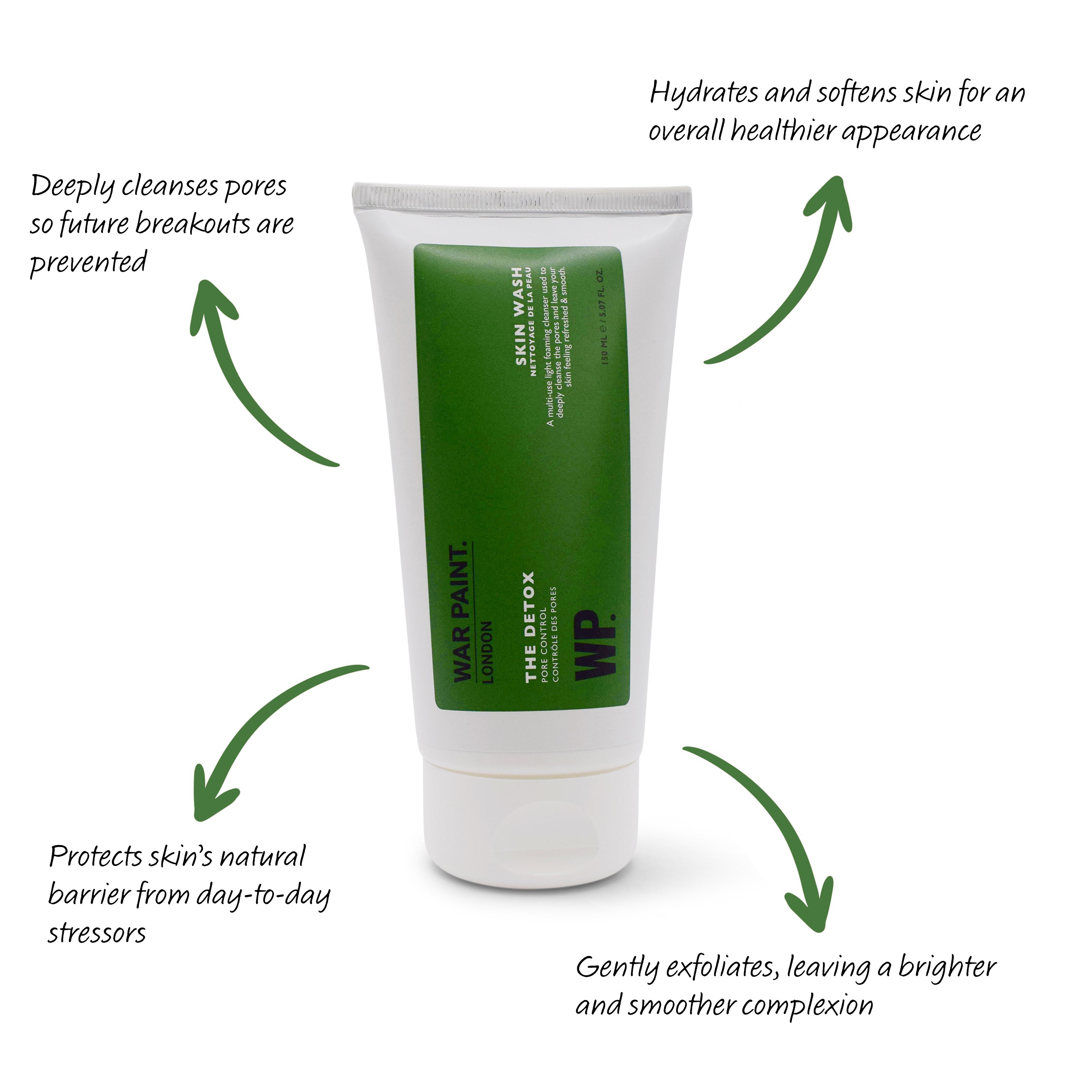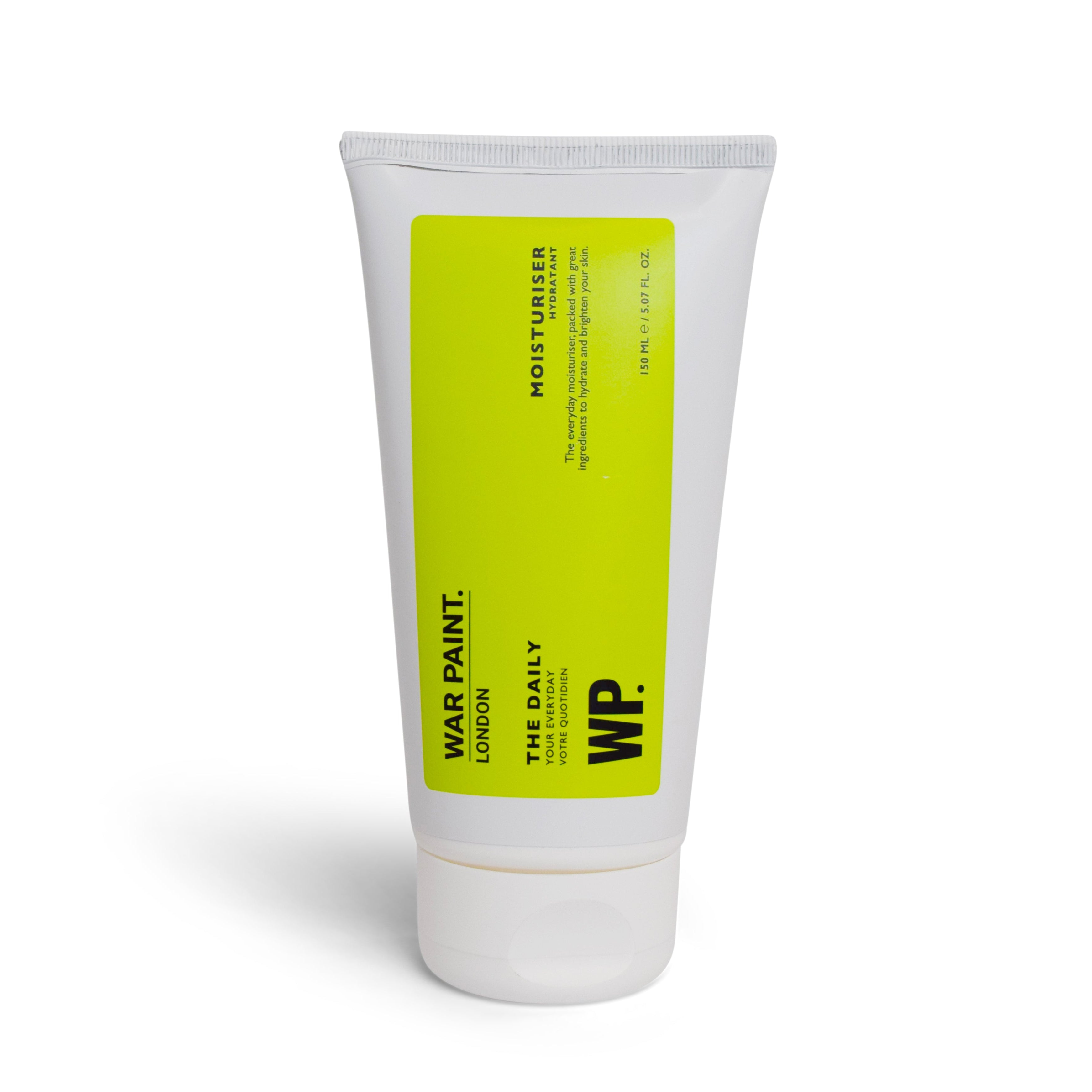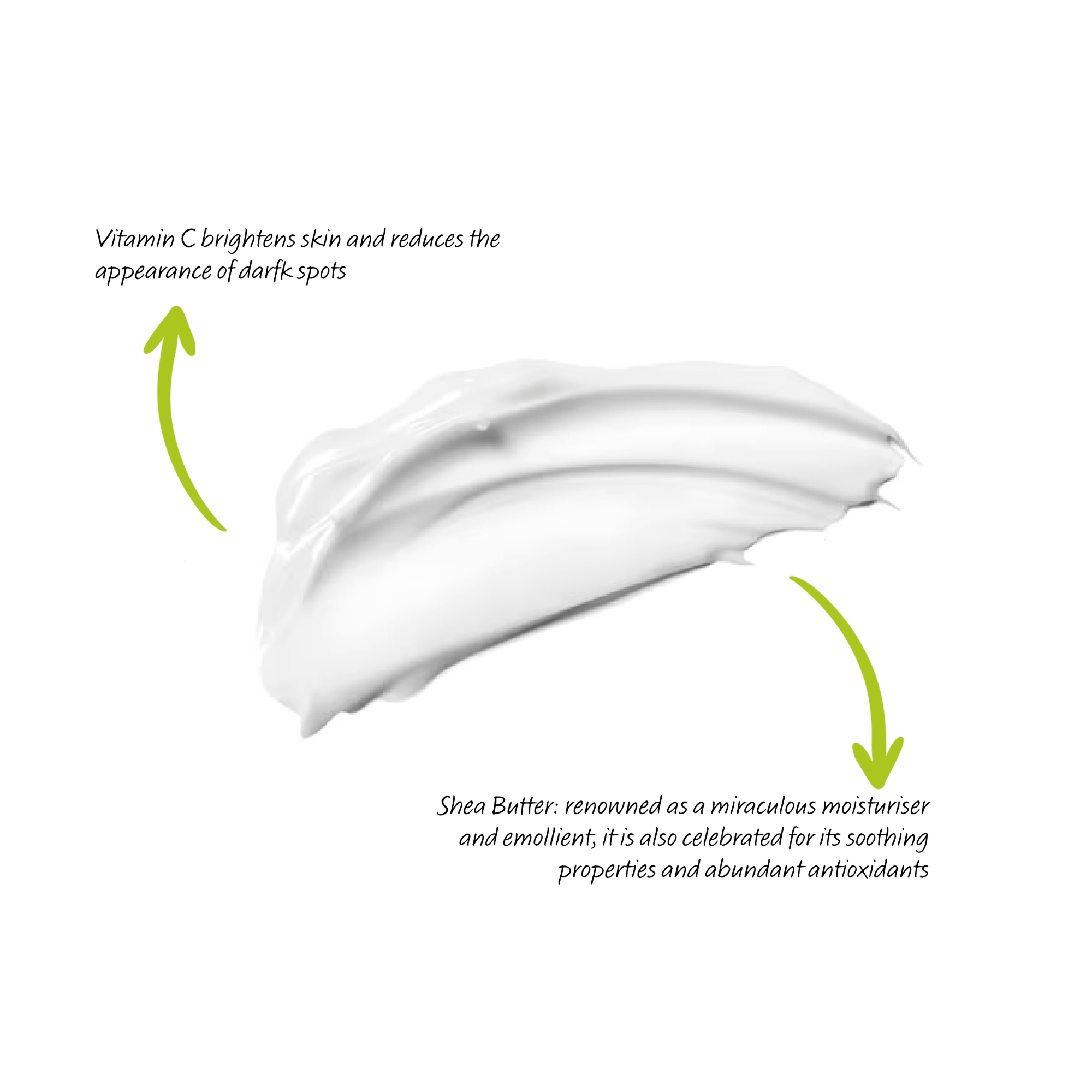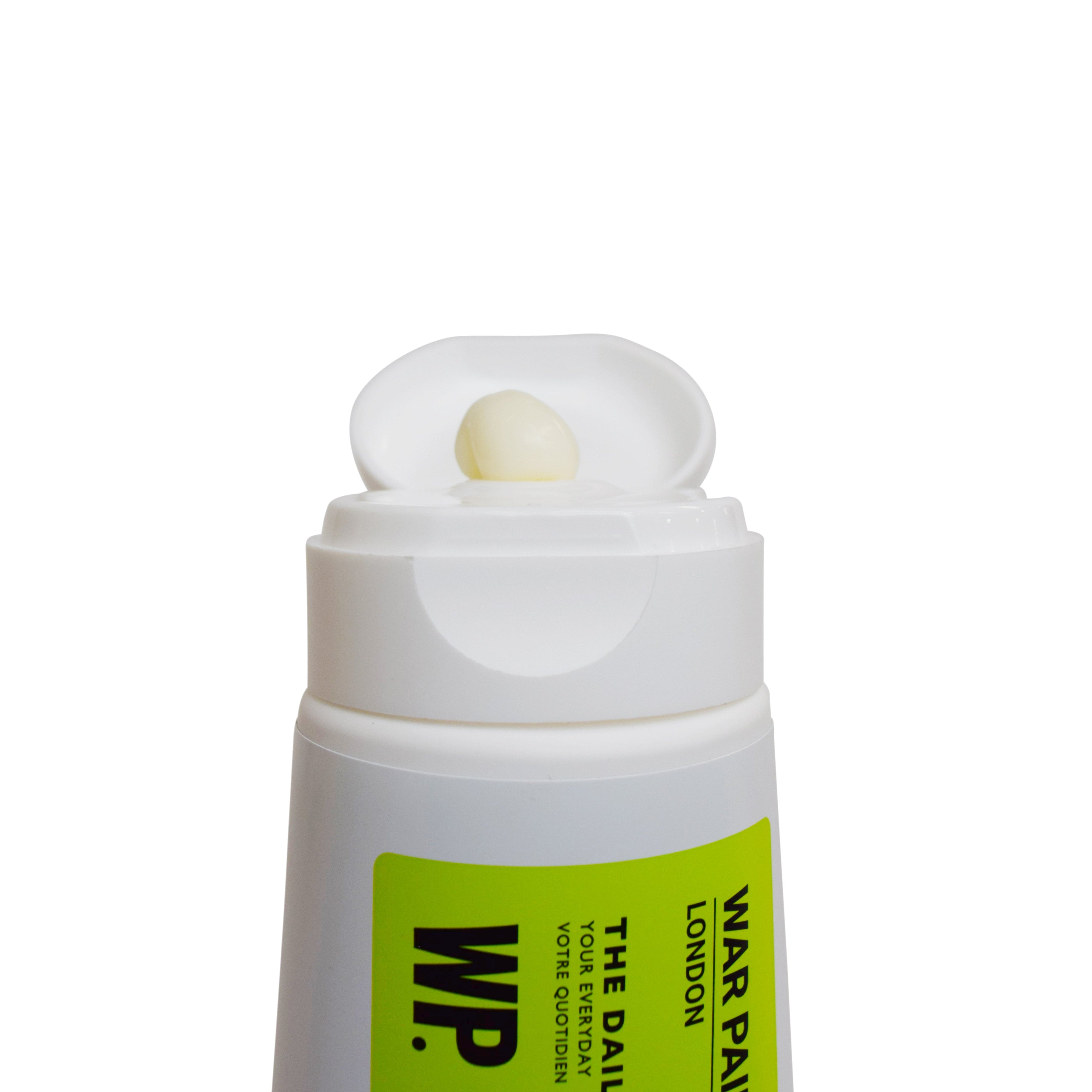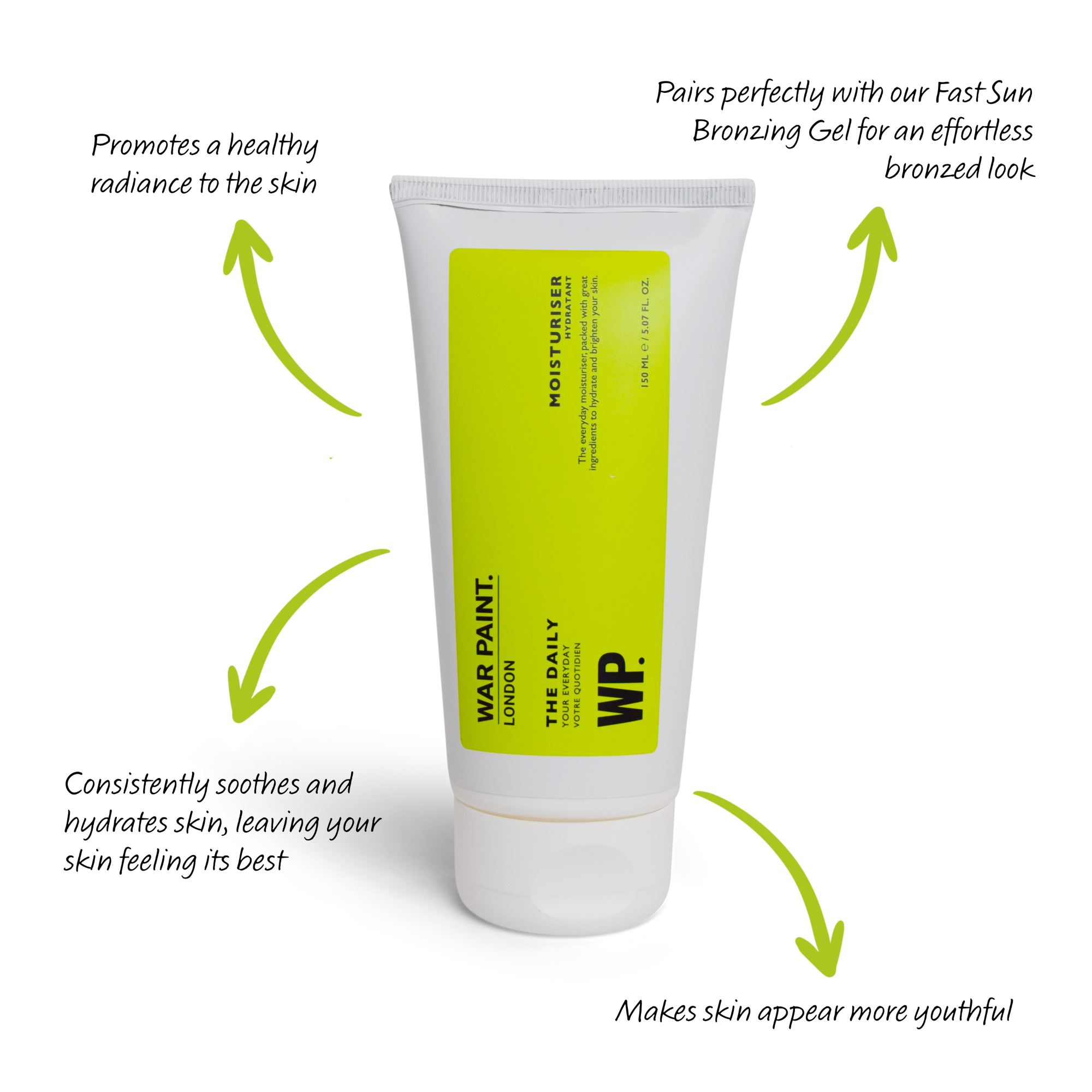Dark circles are one of the most common skin concerns that people face. They’re a tell-tale sign of a lack of sleep, and lots of people choose to cover them up as they don’t like the way they look. Dark under eyes can make you appear older than you are, which some people want to avoid.
While it’s tough to get rid of dark circles completely, there are simple things you can do to help combat them. To understand how to treat and reduce the appearance of dark circles, it might help you to understand where the hell they come from in the first place.
You might be pleased to know that most of the time, dark circles under the eyes are nothing to be worried about medically.
Who gets dark circles?
Dark circles don’t discriminate. They can affect people of all ages, races and sexes. Lucky us. But they are more common as we get older, in people with darker skin tones and in people with a family history of dark circles.
What are the main causes of dark circles?
There are lots of different reasons dark circles can appear, which is why it makes it difficult to treat them. It’s not always a one-size-fits-all solution when it comes to treatment options. Here are the main causes of dark circles in men, and how we can combat them. In no particular order... (drumroll please).
Ageing
As we age, the stuff that naturally keeps our skin firm and elastic (collagen and elastin) starts to be less effective, and we produce less of it. So, the skin under our eyes starts to become thinner and less taut. This can make the blood vessels under your eyes more obvious which can give you the appearance of dark or shadowy under-eyes. This can look like a blue or purple hue. Depending on your face shape, your under-eyes may become more hollow-looking as you age, which can also make you look more tired.
So how can we treat dark circles caused by ageing? As we know, ageing is inevitable and irreversible. But what we can do is slow down the process by looking after our skin with daily SPF, and using skincare products to keep our skin healthy.
There are plenty of eye creams (including the War Paint Eye Cream) and facial treatments you can get which can help to combat dark circles, such as facials, chemical peels, filler and laser. Always go to a professional for these kinds of treatments and discuss your skin in detail before agreeing to any kinds of medical treatments so that you can make sure you get the right treatment for your dark circles.
Genetics
Some studies have shown that dark circles can run in the family. You can normally tell pretty early on in a child’s life if they’ve inherited their dark circles. Over time, these dark circles may get lighter or darker, depending on their natural face shape and also how they look after your skin.
There are also some medical conditions which are genetic that can result in dark circles too, such as thyroid disease.
Is it possible to do anything about genetics? Our advice would be to stick with dedicated skincare to help long-term, and in the short term you can use lightweight makeup to help brighten the under-eye area. We recommend our Concealer Pen to do the job. It’s super lightweight on the skin and you can build the coverage depending on how much you want.
Hyperpigmentation
Hyperpigmentation refers to the discolouration of skin. It happens because the melanin that makes up your skin colour has been triggered by something and overproduces pigment. It can happen for all kinds of reasons including rubbing, eczema, genetics and allergies, but the most common cause is sun damage over time.
A good way to tell if your dark circles are caused by hyperpigmentation or shadow is to stand outside or in a well lit room, with a mirror. Directly face the light and gently pull the skin out towards the mirror. If the colour of the skin changes then you have shadows, but if the colour stays the same then it’s hyperpigmentation.
The simplest way to prevent hyperpigmentation under the eyes? Double down on your sun protection. It’s important to wear SPF every single day. Come rain or shine. This will help to prevent the hyperpigmentation from getting worse. Look for products with ingredients proven to help under eyes such as vitamin C, retinol, kojic acid, niacinamide, and other brightening actives.
If you’re looking for a more serious treatment for hyperpigmentation, chemical peels and laser treatments are great for discolouration. Both of these will require a series of treatments to get the best results.
Post-Inflammatory Hyperpigmentation
Inflammatory hyperpigmentation is when your melanin is triggered to overproduce because of inflammation or irritation. As it heals, it leaves behind a darker colour. If you’ve ever picked a spot too much or picked off a scab too early and been left with a dark mark for a while, you’ve probably experienced post-inflammatory hyperpigmentation.
If you rub your eyes a lot of the time because of allergies, eczema or psoriasis and suffer with dark circles, post-inflammatory hyperpigmentation could be the culprit.
To help treat this type of pigmentation, you’ll need to find suitable skincare that doesn’t make your skin condition worse. For a stubborn issue like dark circles, it’s important to be consistent with your skincare too so you get the best results. We’d recommend using super gentle options, and if you’re not sure what you can or can’t use, speak to a dermatologist.
Lack of Sleep
This is a very common cause of dark circles. When we’re behind on our sleep, the skin under our eyes can appear paler and more shadowy than usual. We can also look puffier than usual. While we might not always be able to get a full 8 hours of sleep every night, we can do things to help.
There are plenty of home remedies that can help make an immediate difference to puffiness or dark circles. You can try sleeping with more pillows to elevate your head, this will reduce puffiness. You can also apply a cold compress to the eye area for a few minutes, such as teaspoons kept in the fridge or cucumber slices.
Another great hack for dark circles is cold teabags under the eyes. Tea contains caffeine and antioxidants that help with dark circles and puffy eyes. To prevent this hack being too messy, you can soak our Reusable Cotton and Bamboo Pads in the cold tea before placing them on your eyes.
Dehydration
How much water have you had today? Our skin can reflect how hydrated we are, and dark circles are a tell-tale sign of dehydration.
What can we do about dark circles caused by dehydration? Drink more sweet sweet H20. Simple.
You can also help to hydrate your skin from the outside too using skincare products. This will help the skin to look plumper, and generally much brighter and healthier.
Lifestyle
Our lifestyle can also have a huge impact on our skin. Things like stress, drinking alcohol, smoking and drugs can play a part in making dark circles appear worse. All of these lifestyle factors damage skin over time, so can contribute to all kinds of skin problems such as acne, redness and premature skin ageing.
Living a healthy lifestyle is good for your skin as well as your body. Exercise has been proven to help boost skin health, as it gets blood flow moving around our skin. Eating a healthy balanced diet also has plenty of benefits as well as visibly to our skin.
Overall, there are plenty of options when it comes to reducing the appearance of dark circles. Some types of dark circles may be more stubborn than others, depending on the cause. But there are always home remedies, skincare and professional treatments you can try out. Plus, there’s always makeup in the meantime to give that instant boost.

